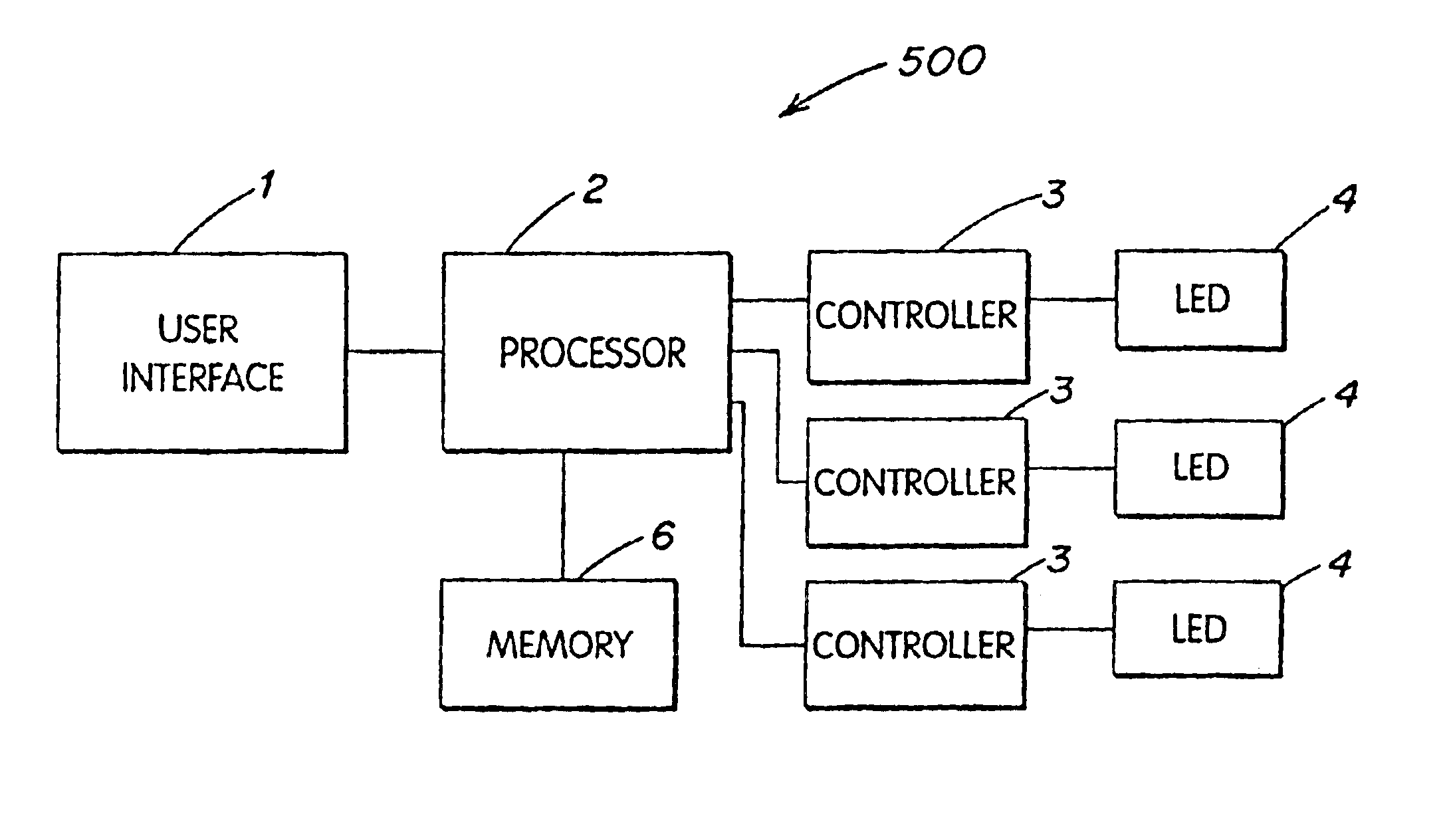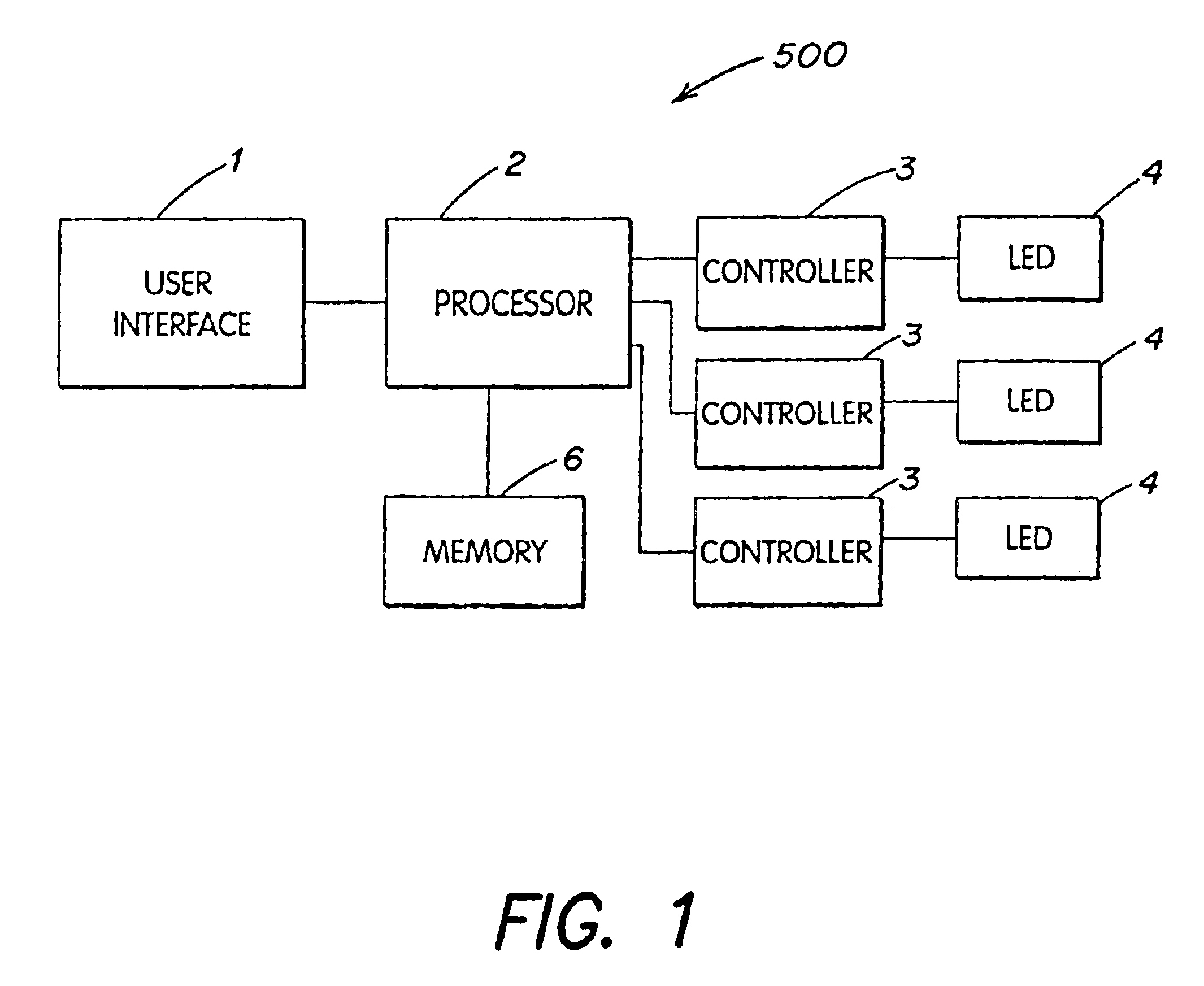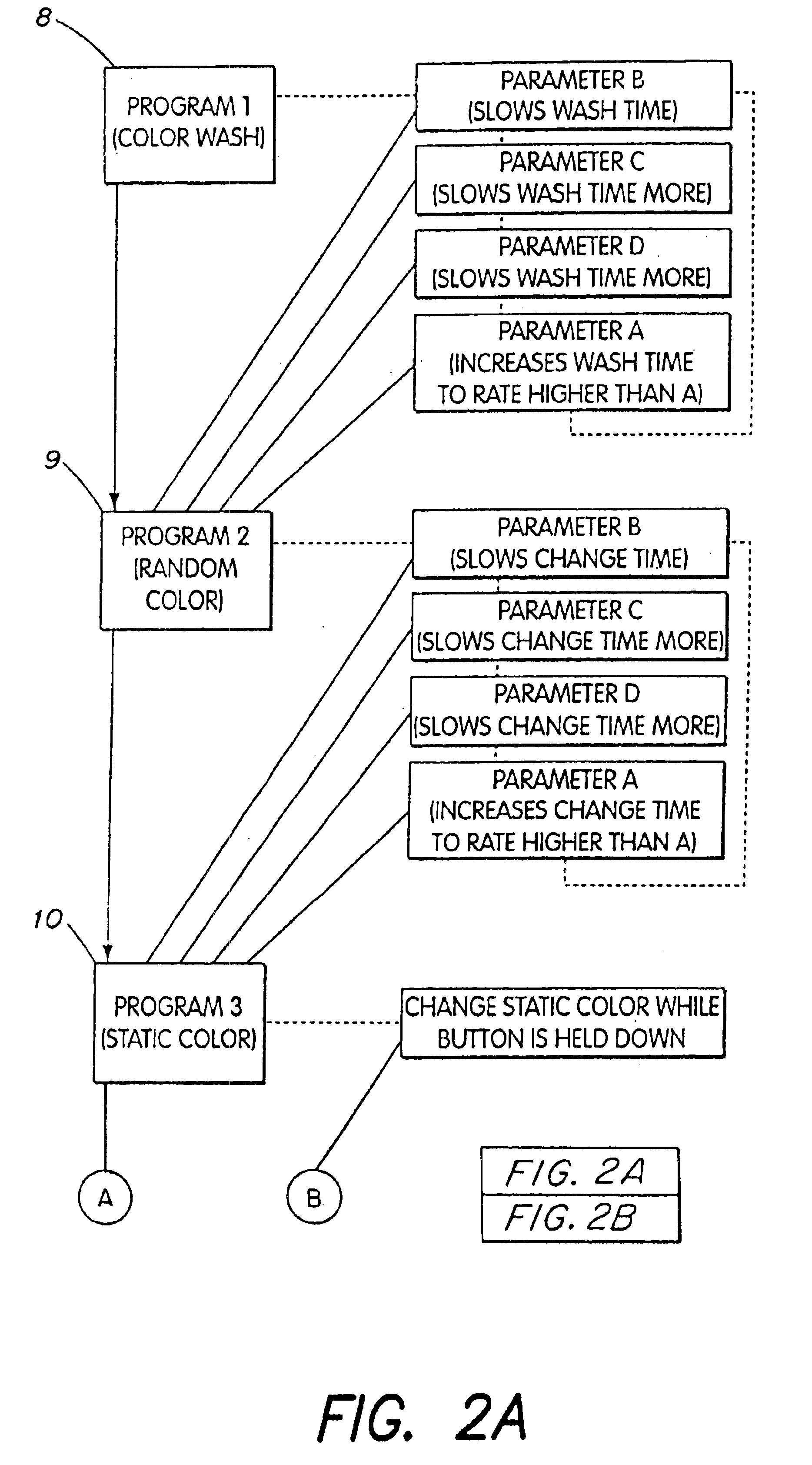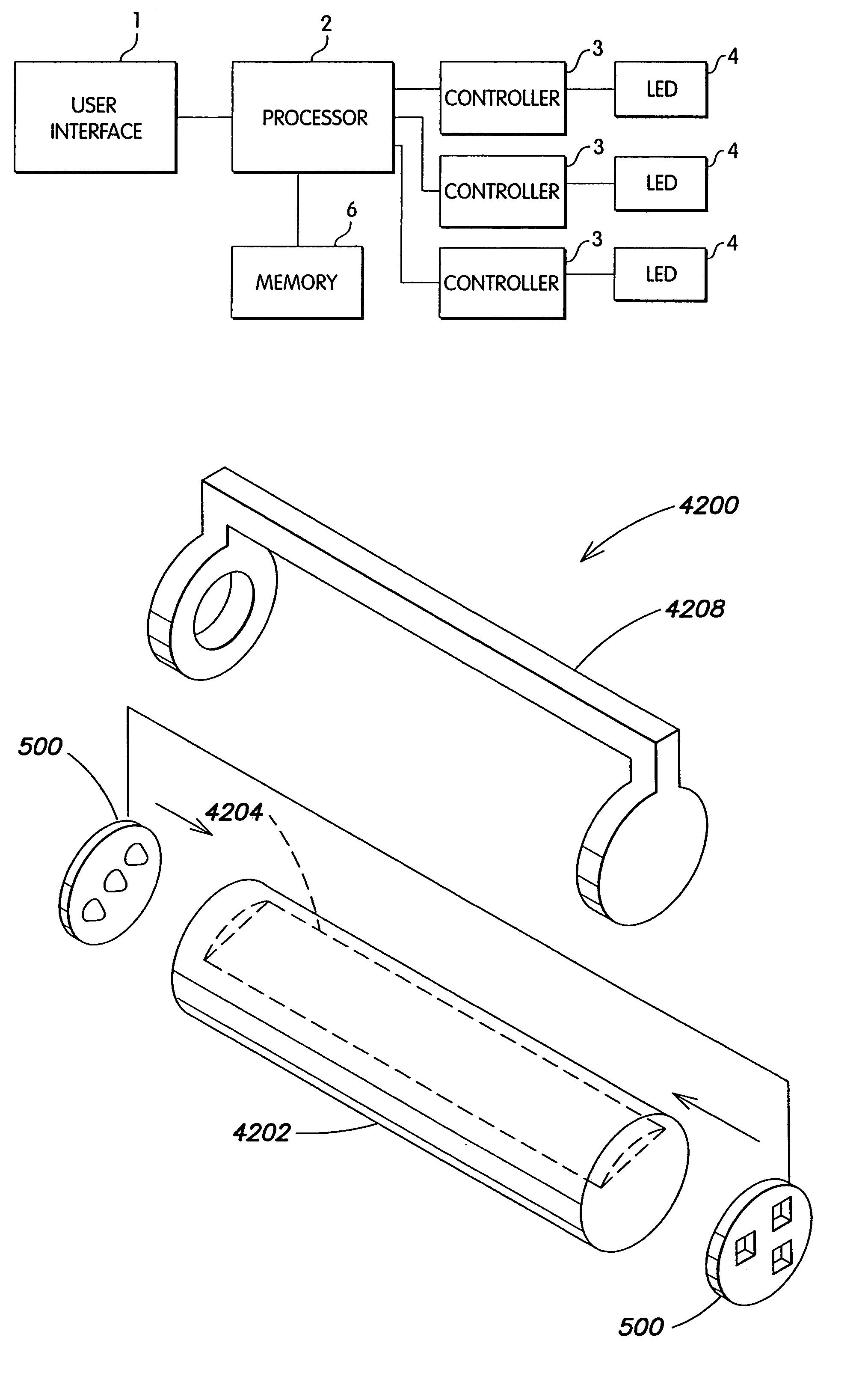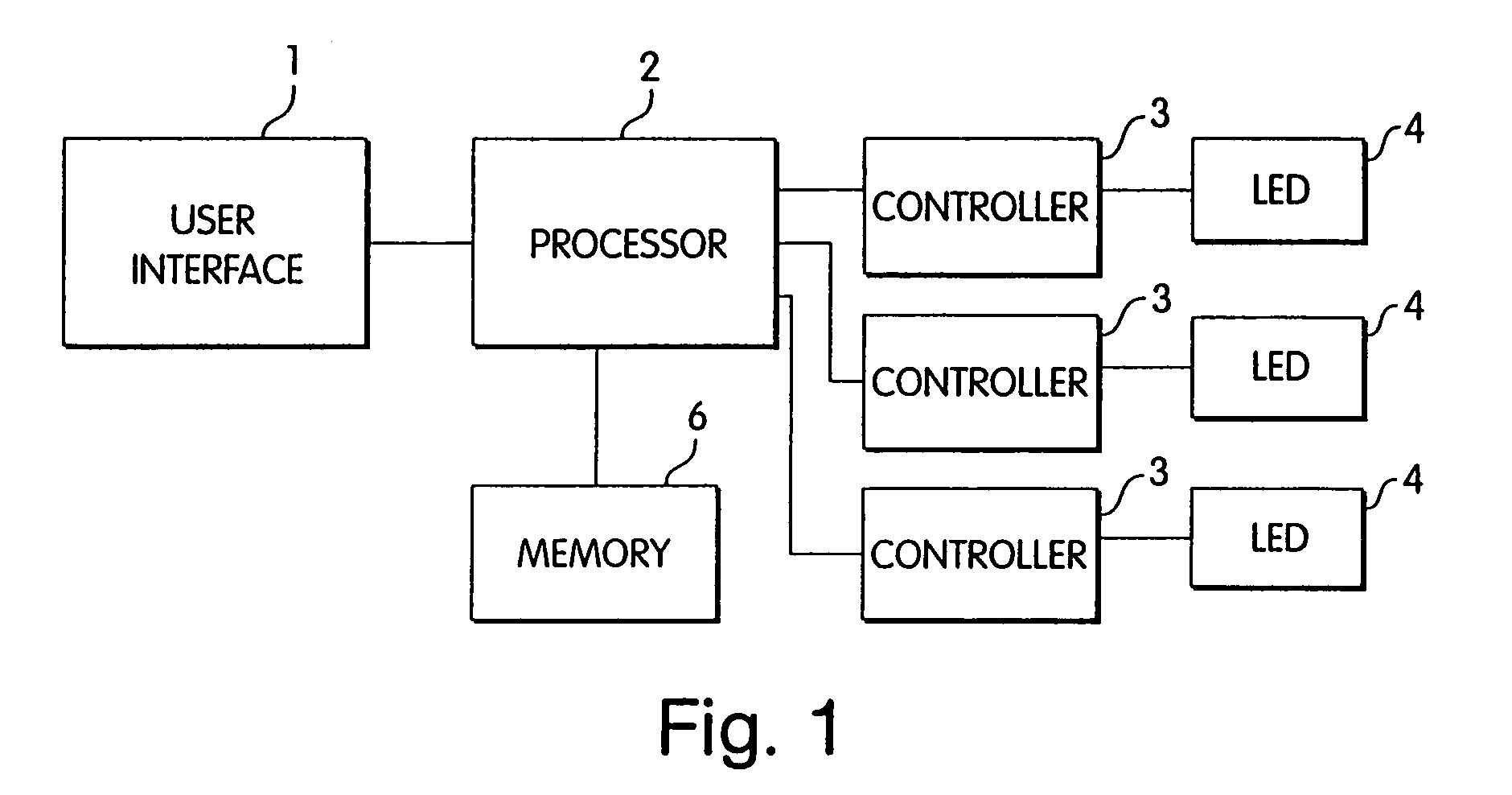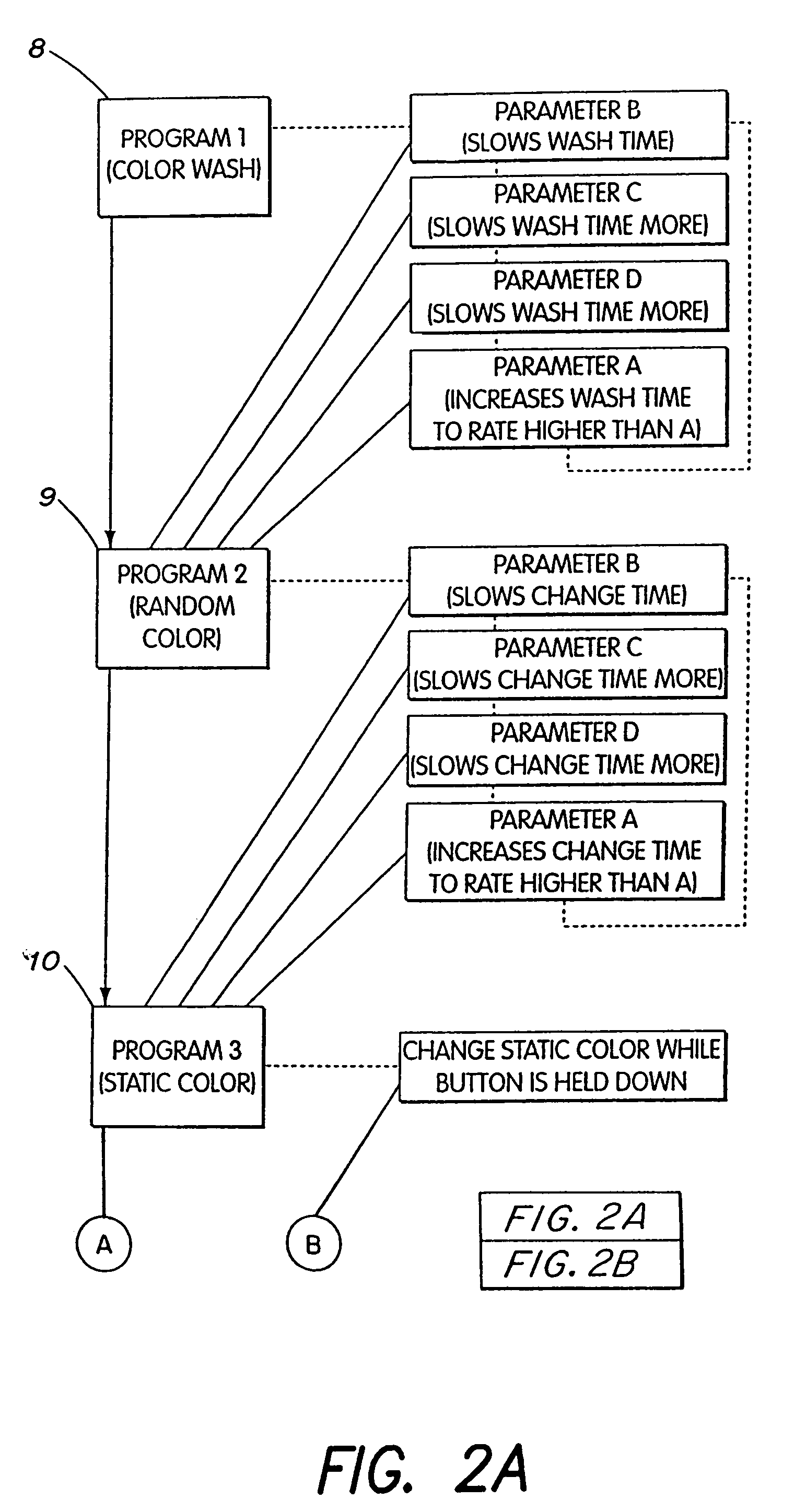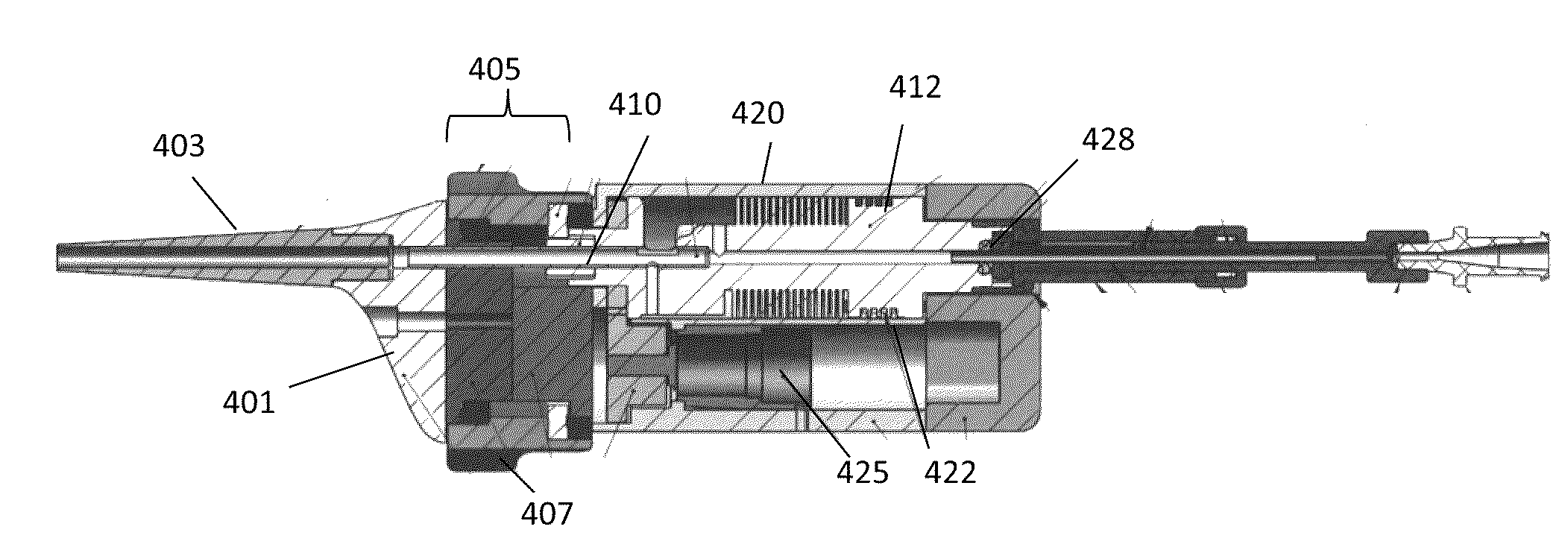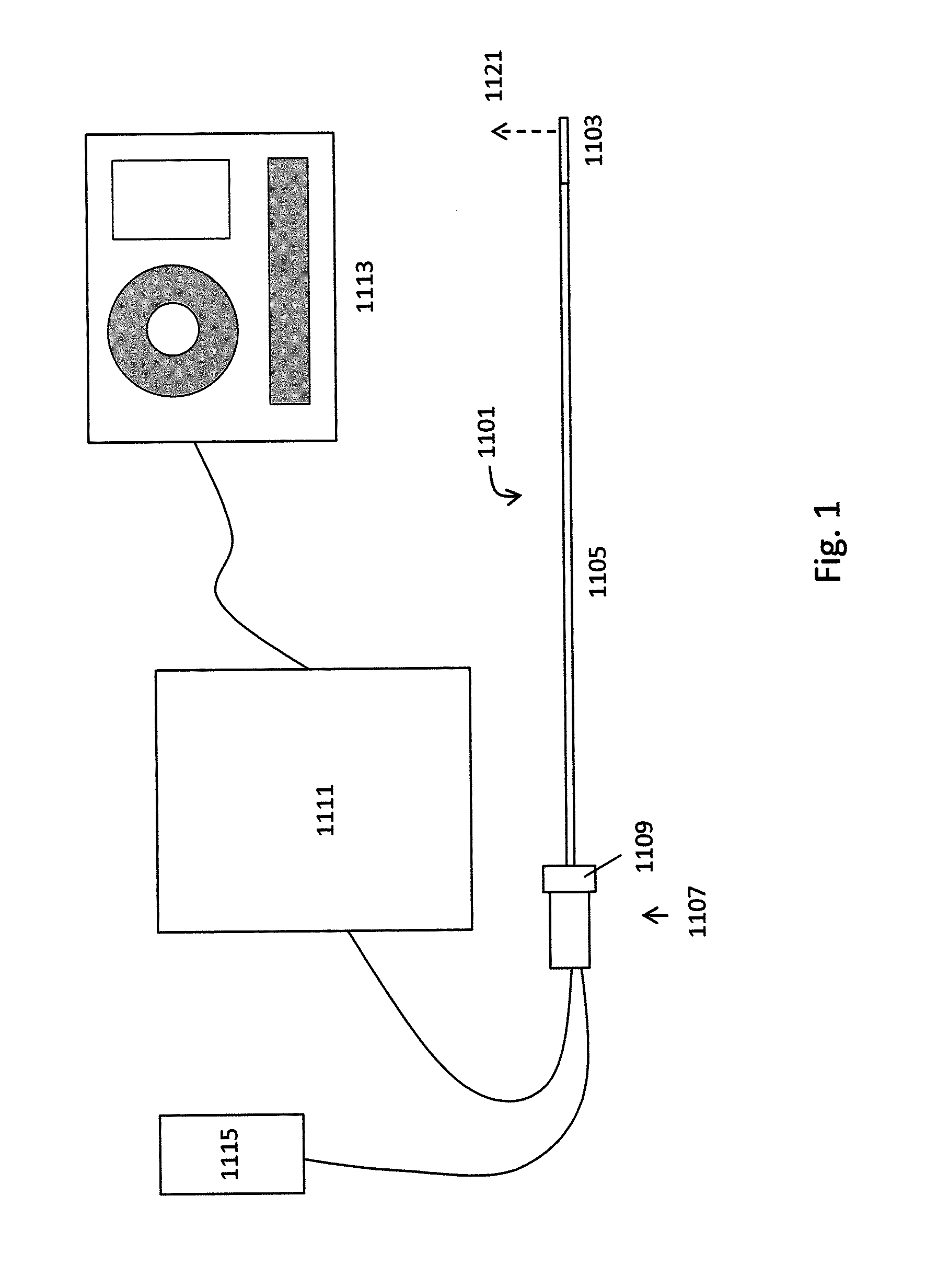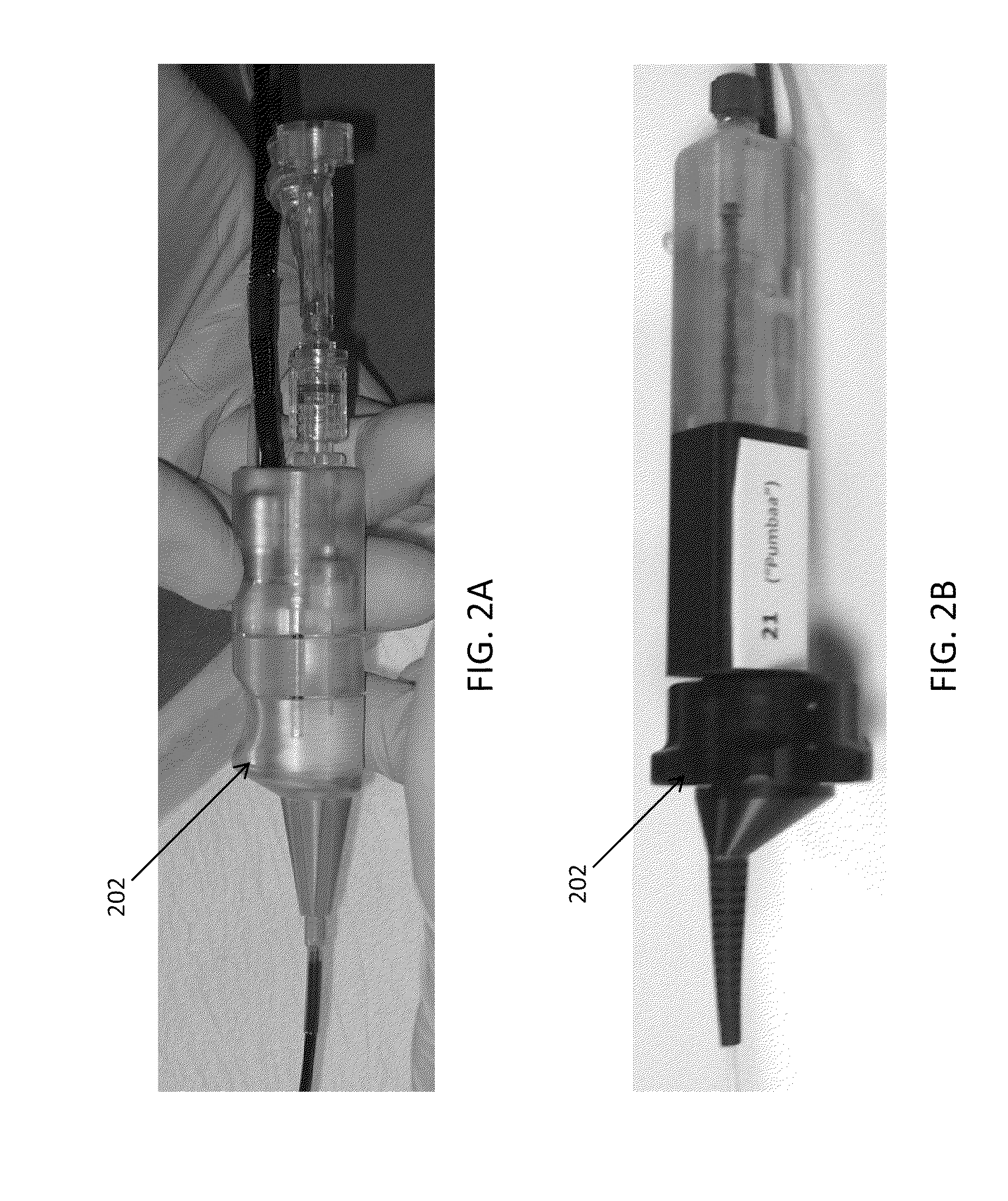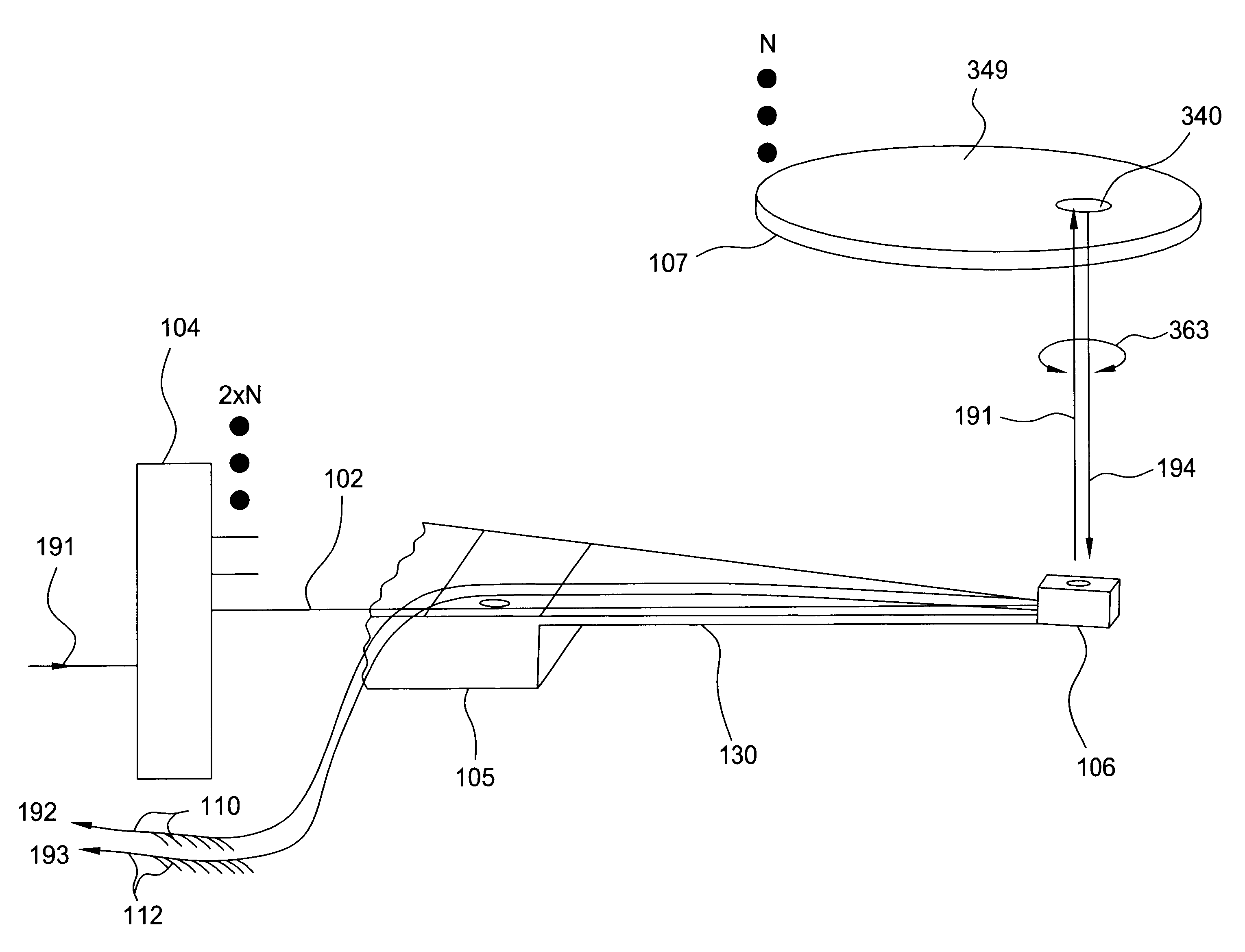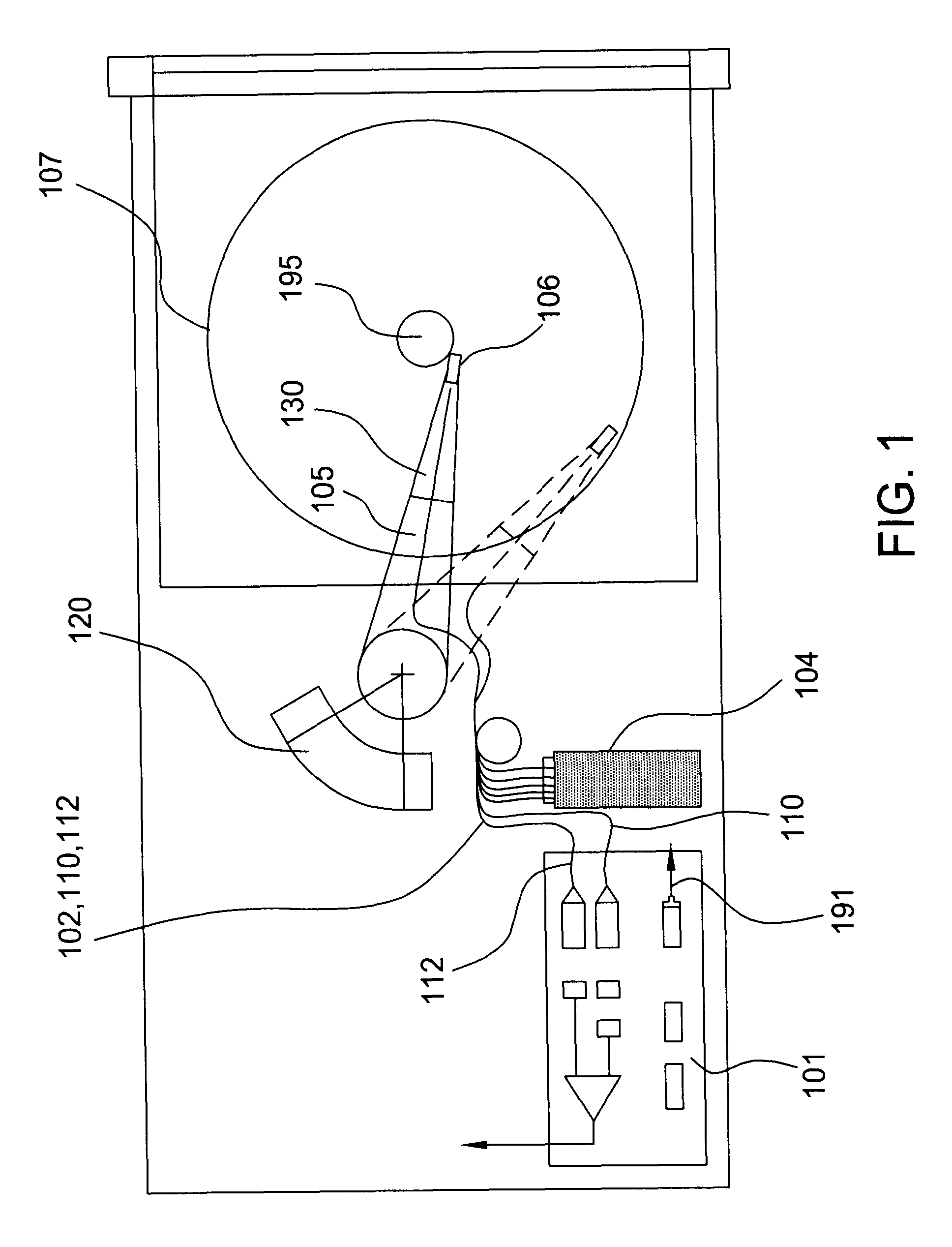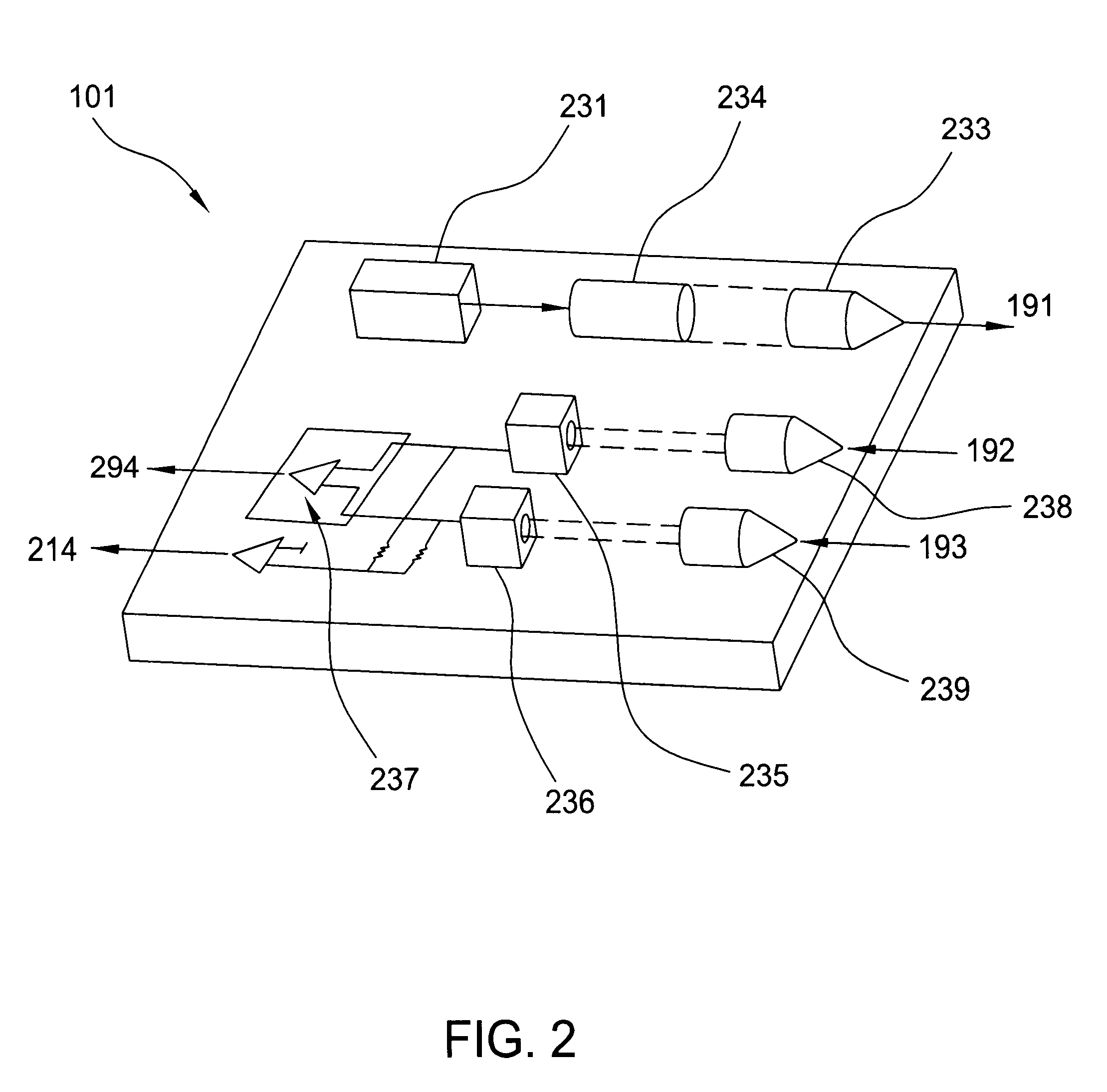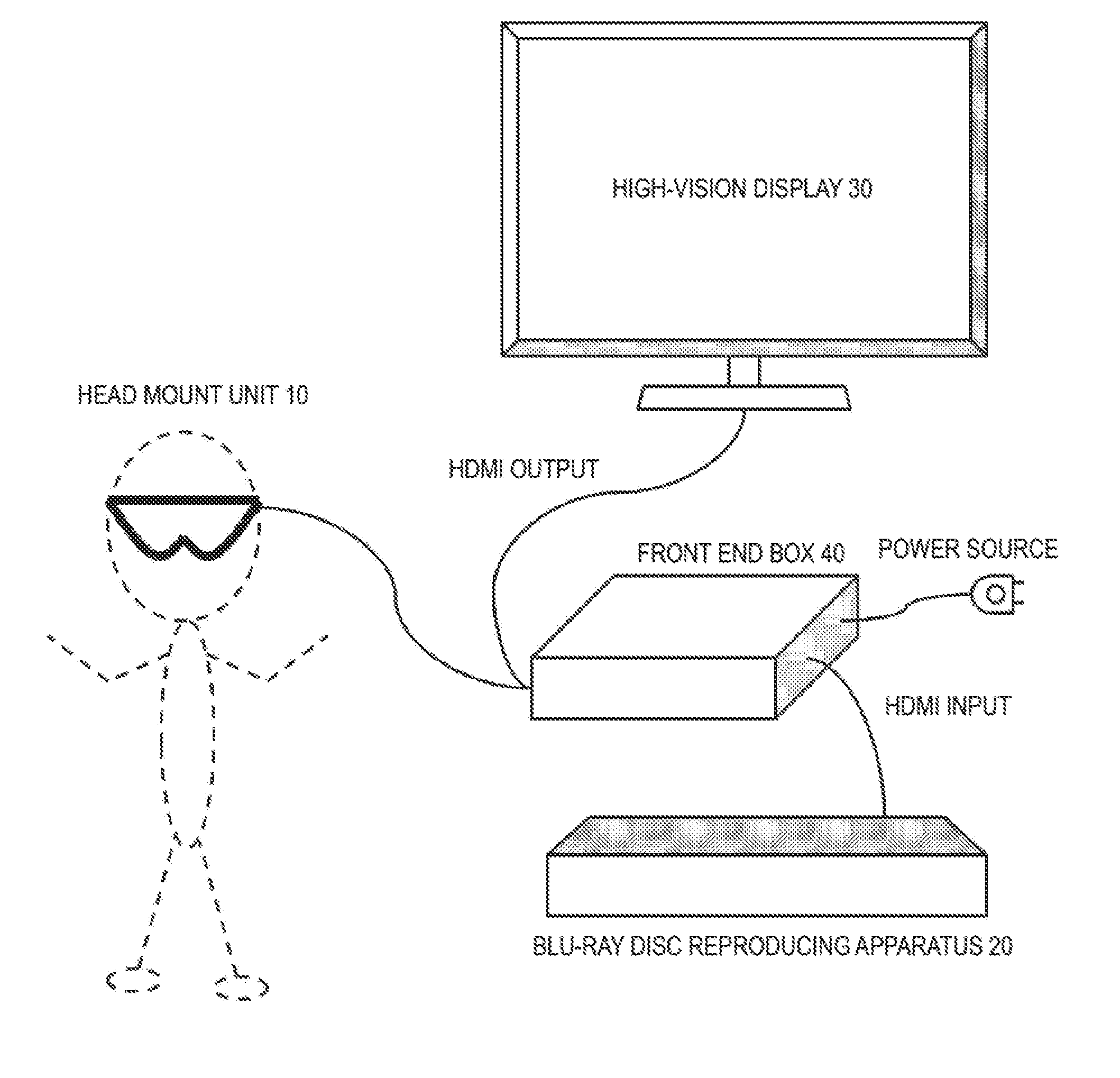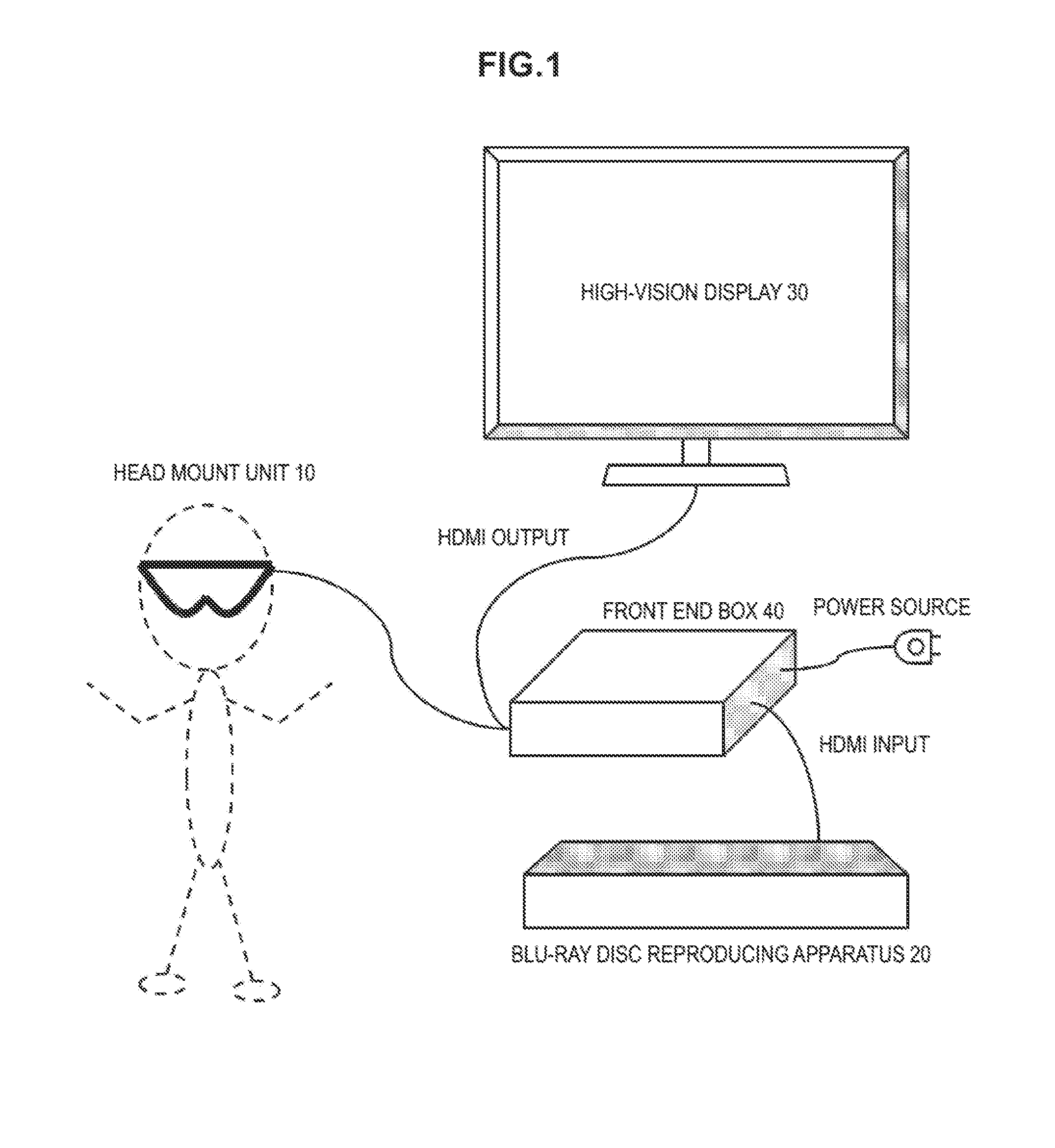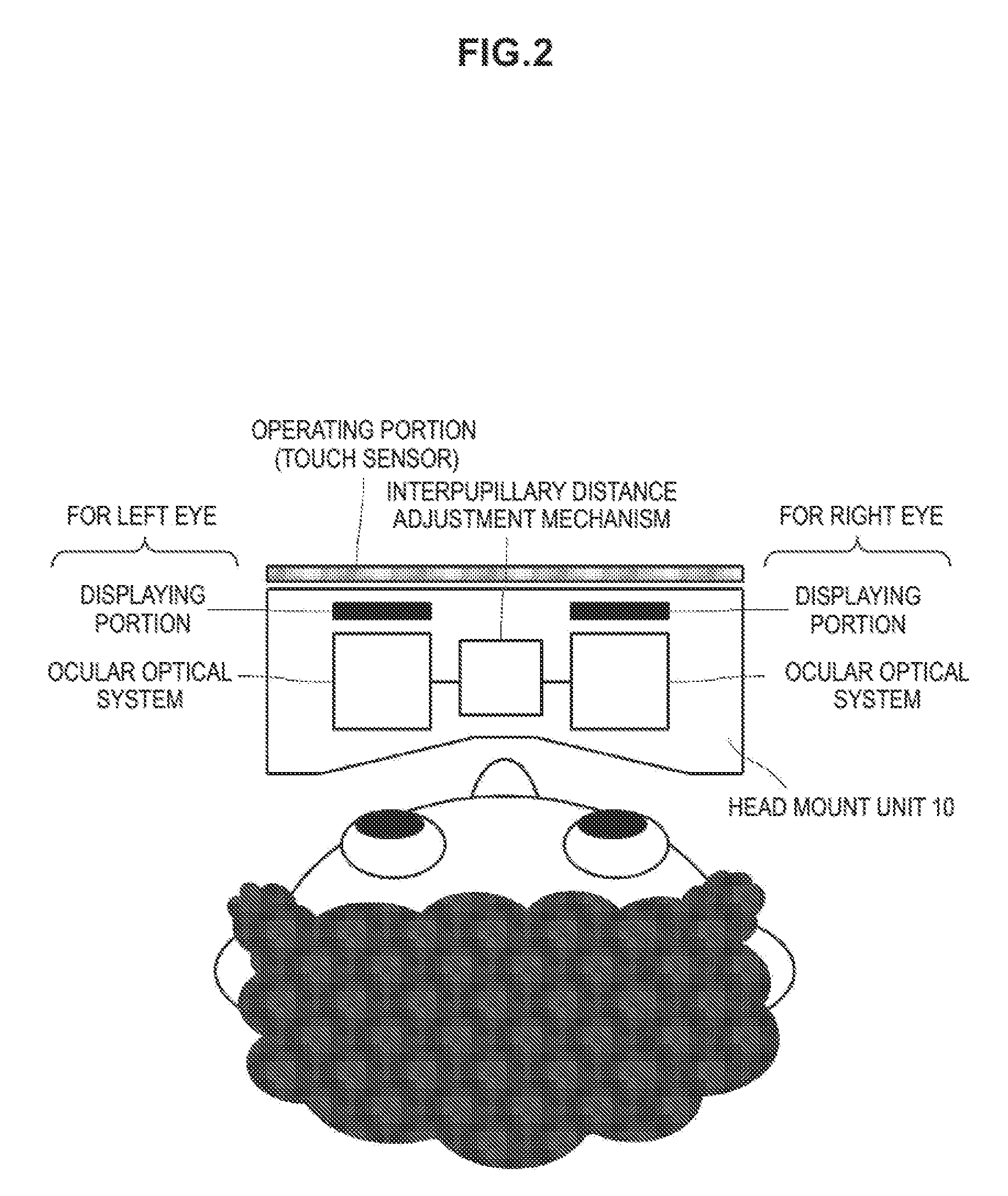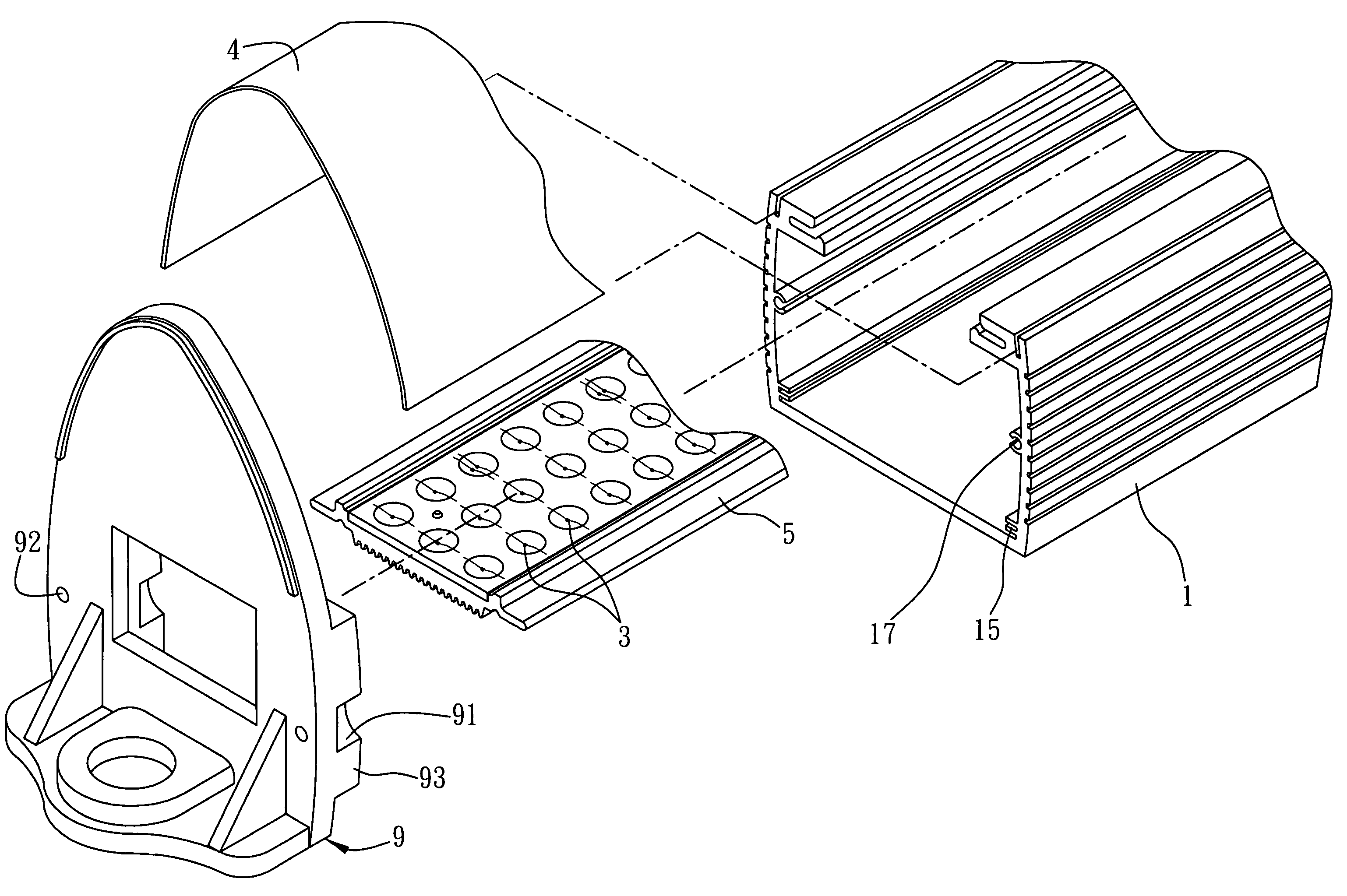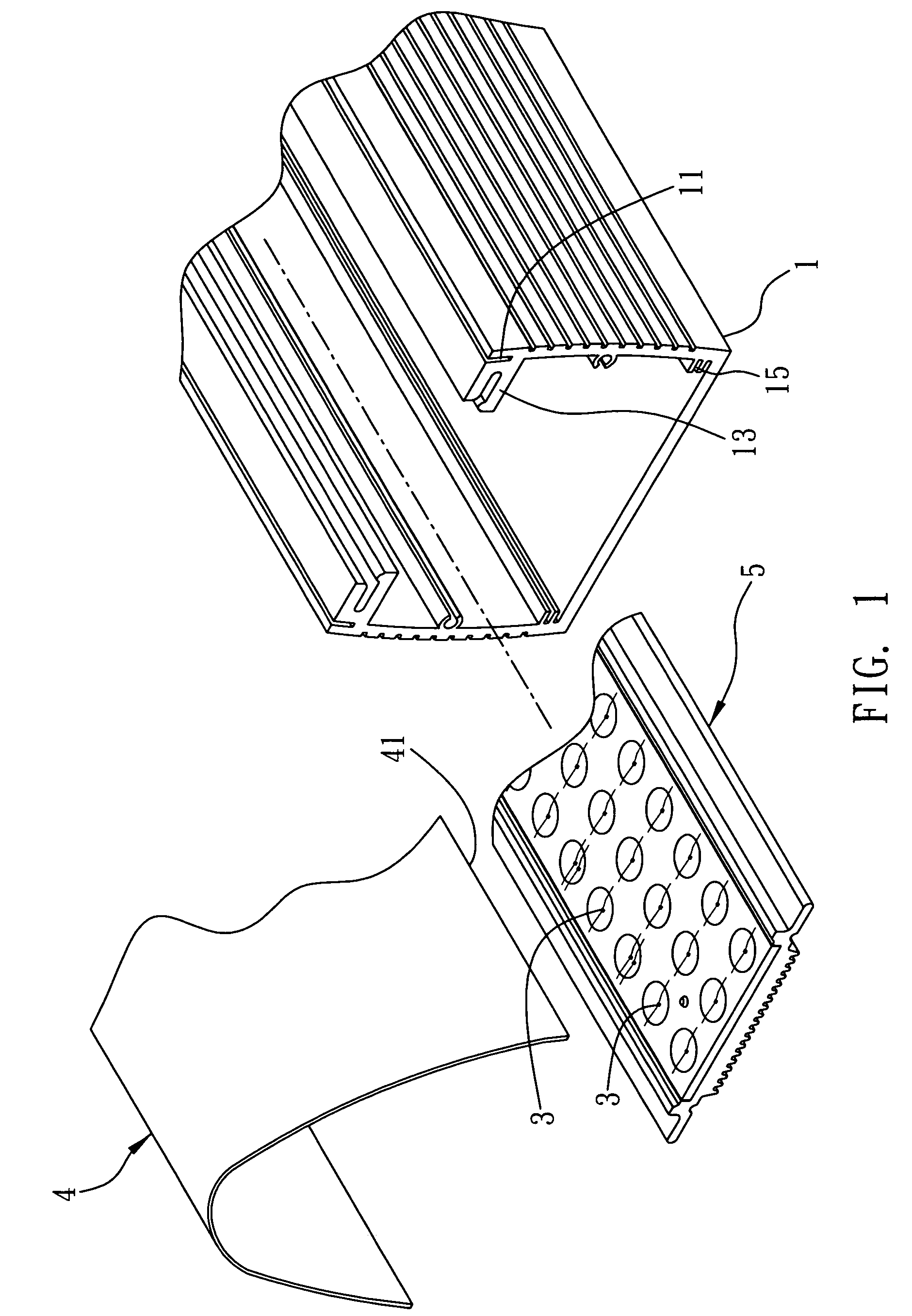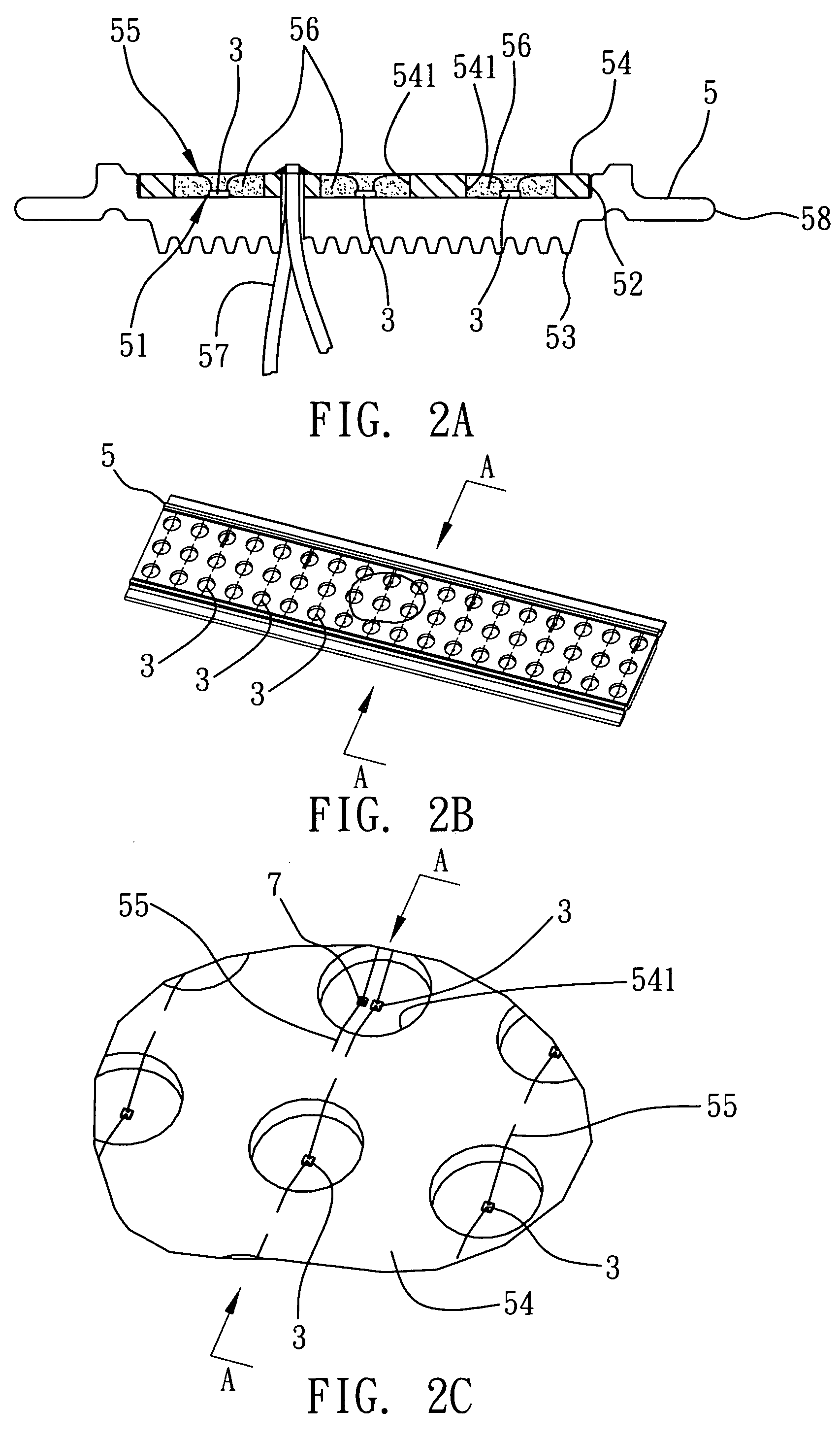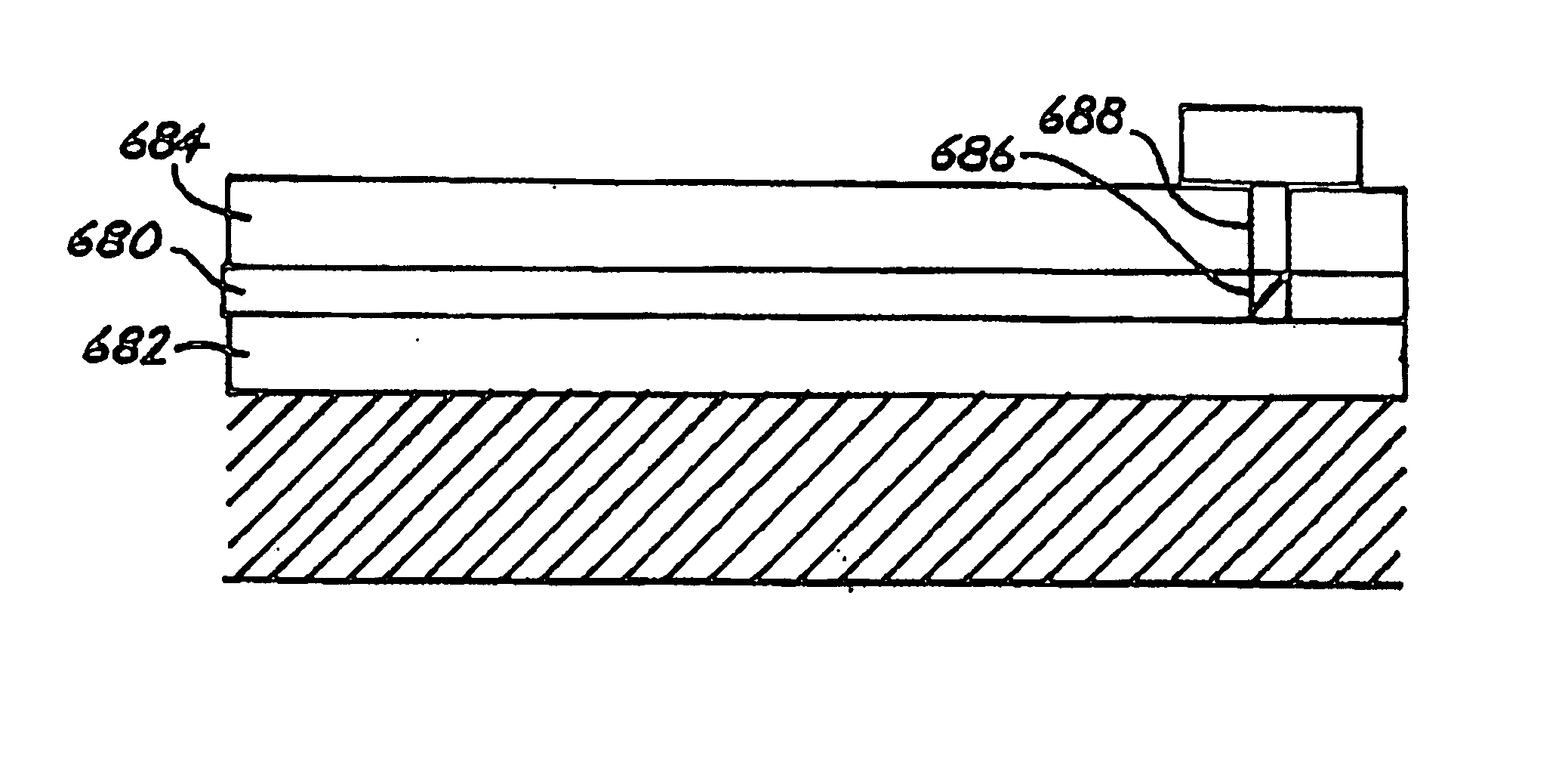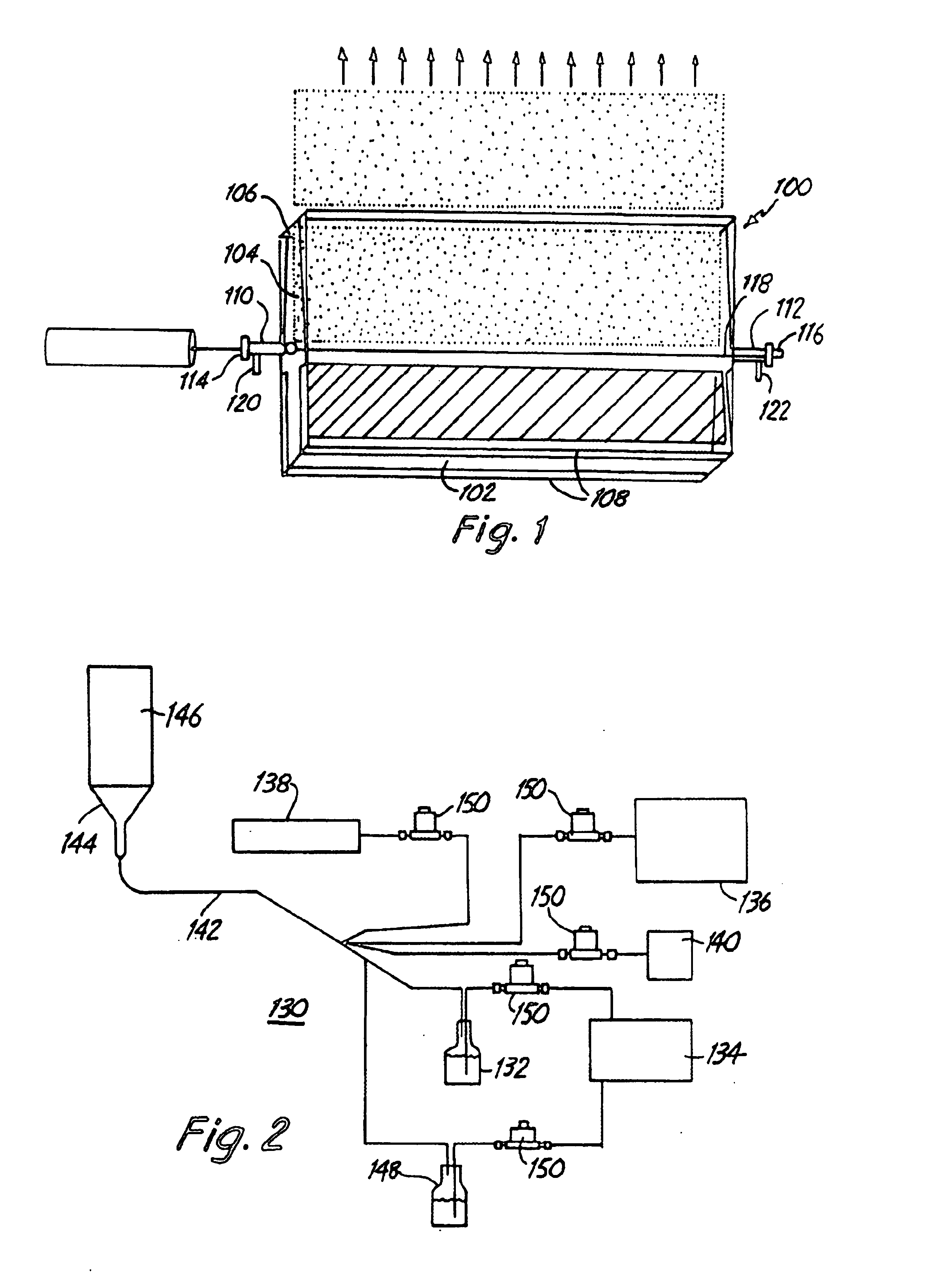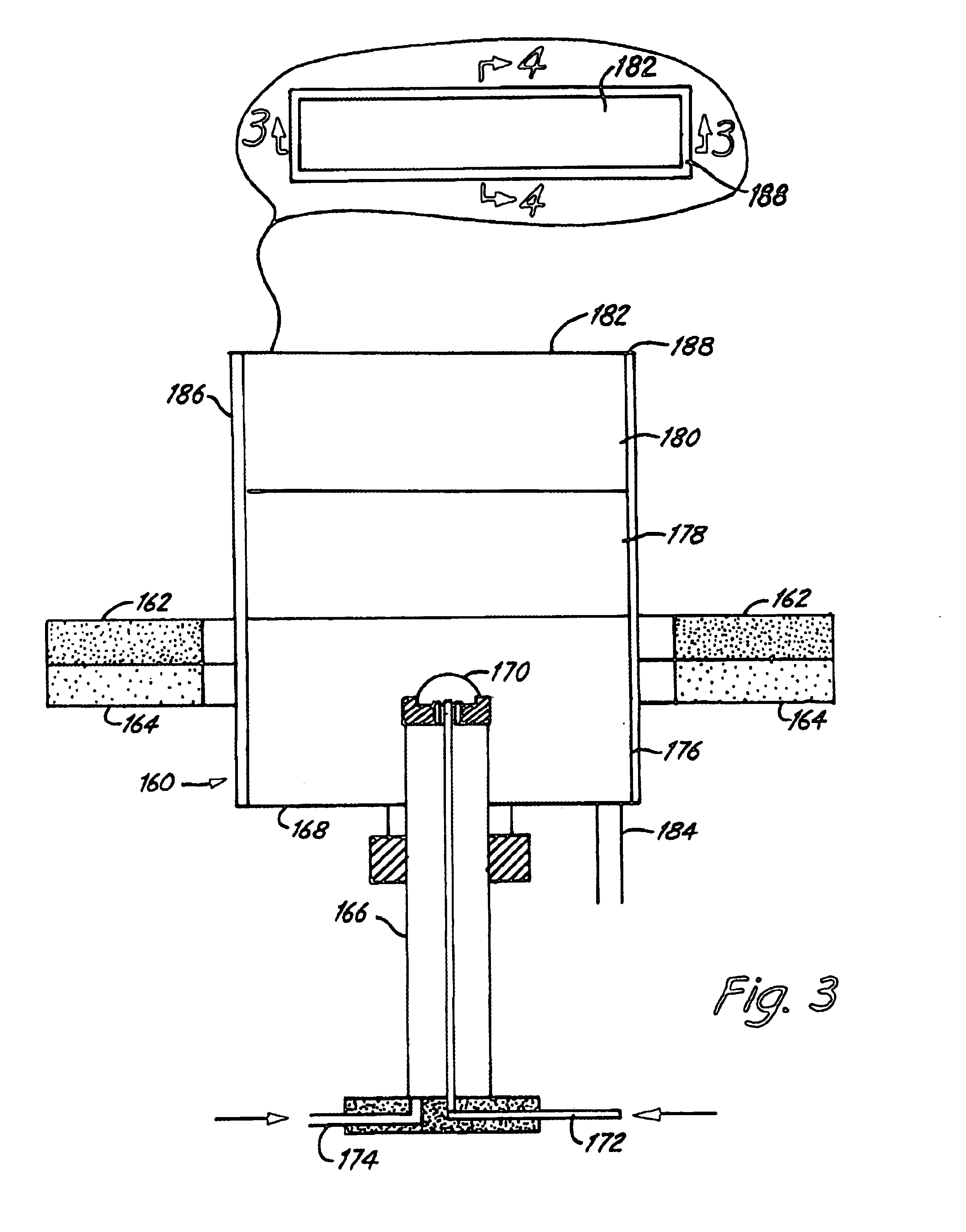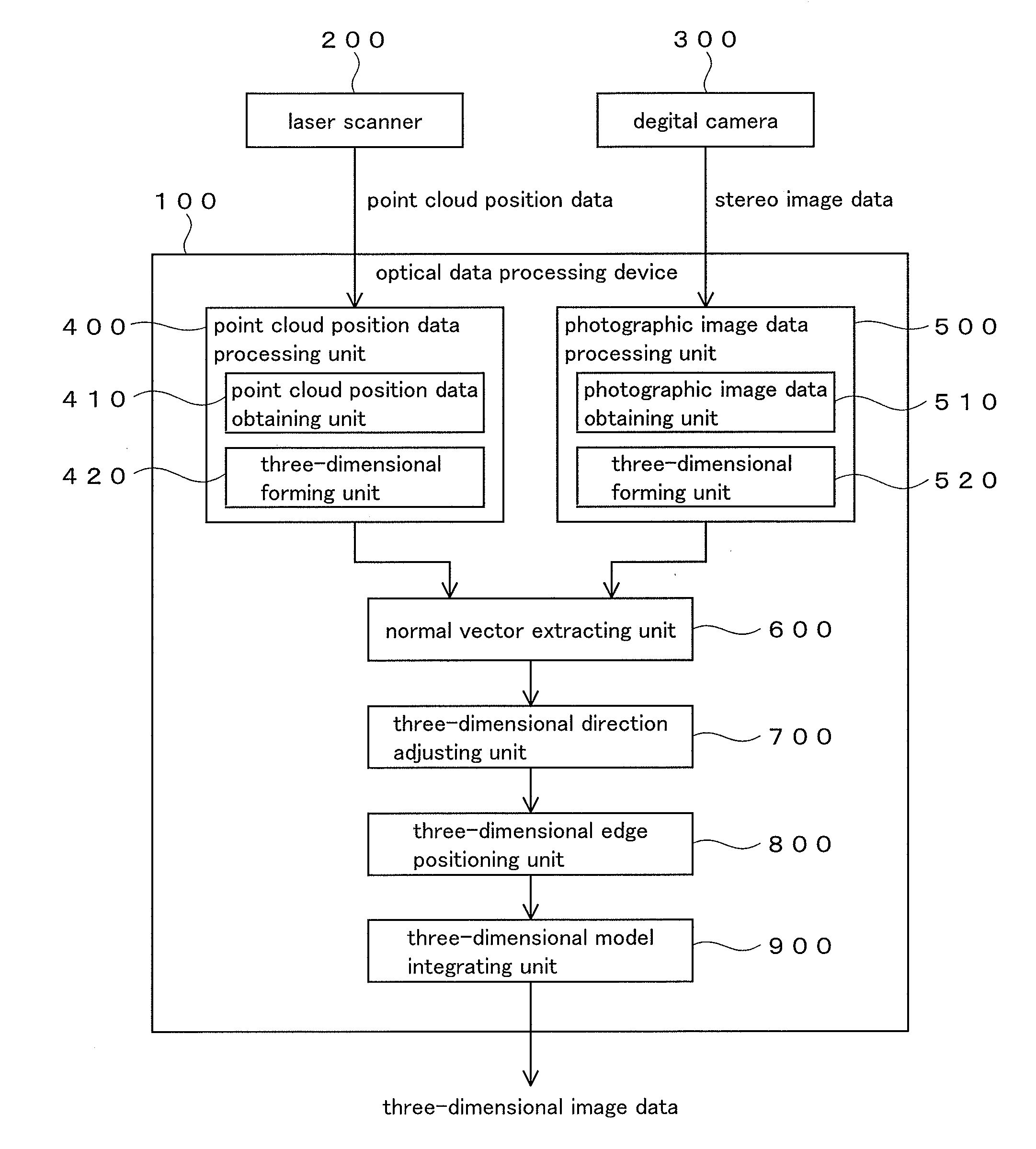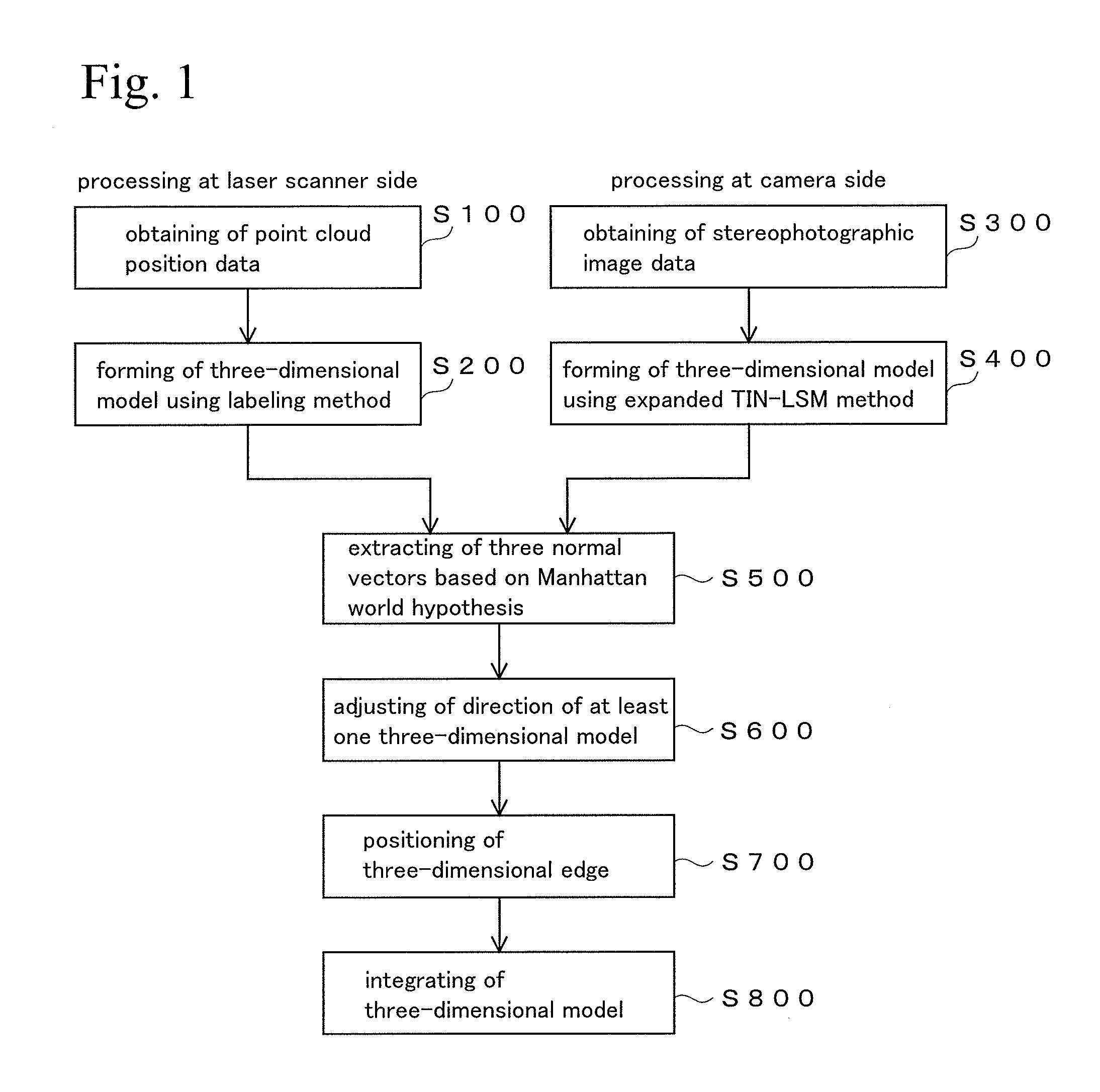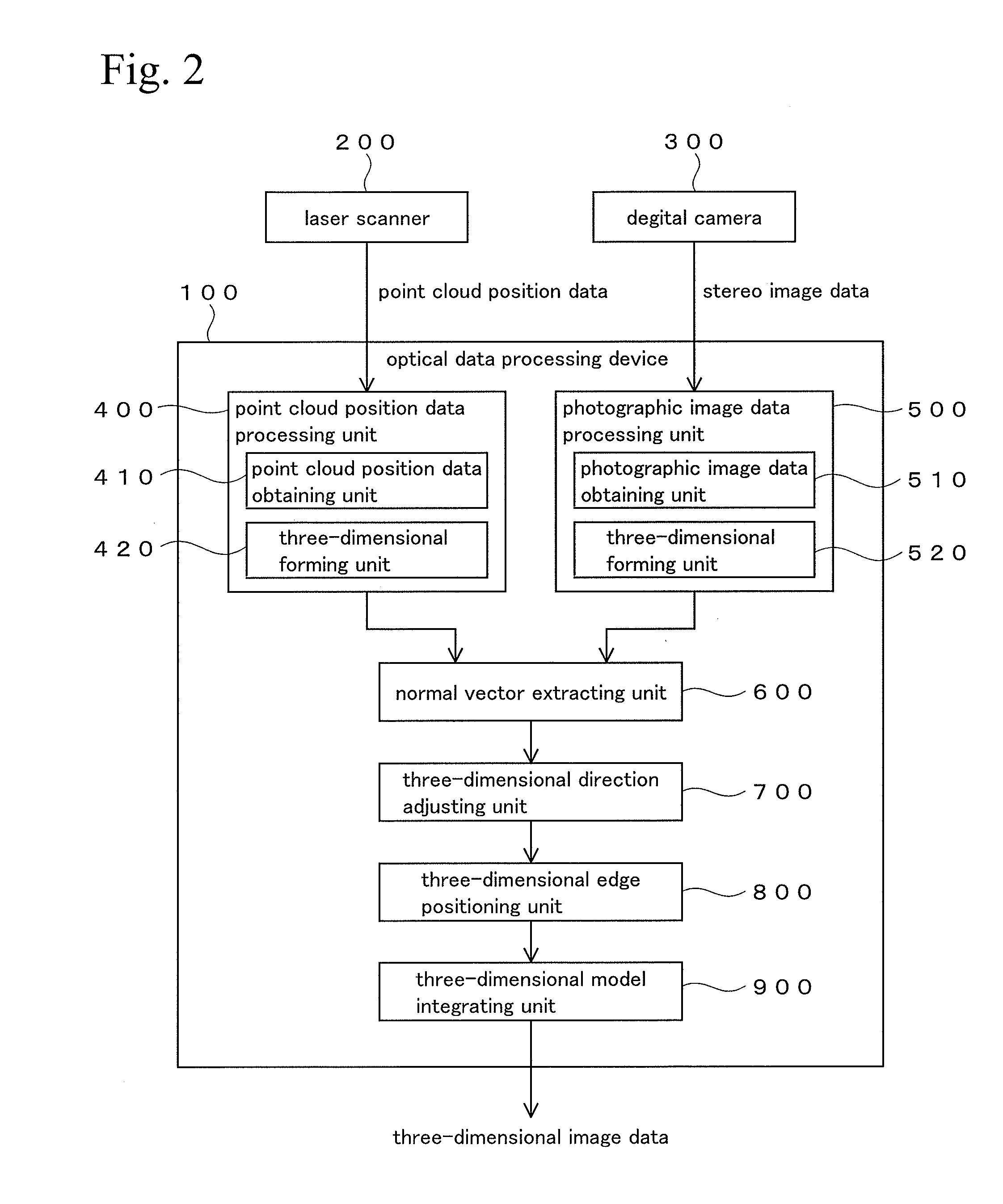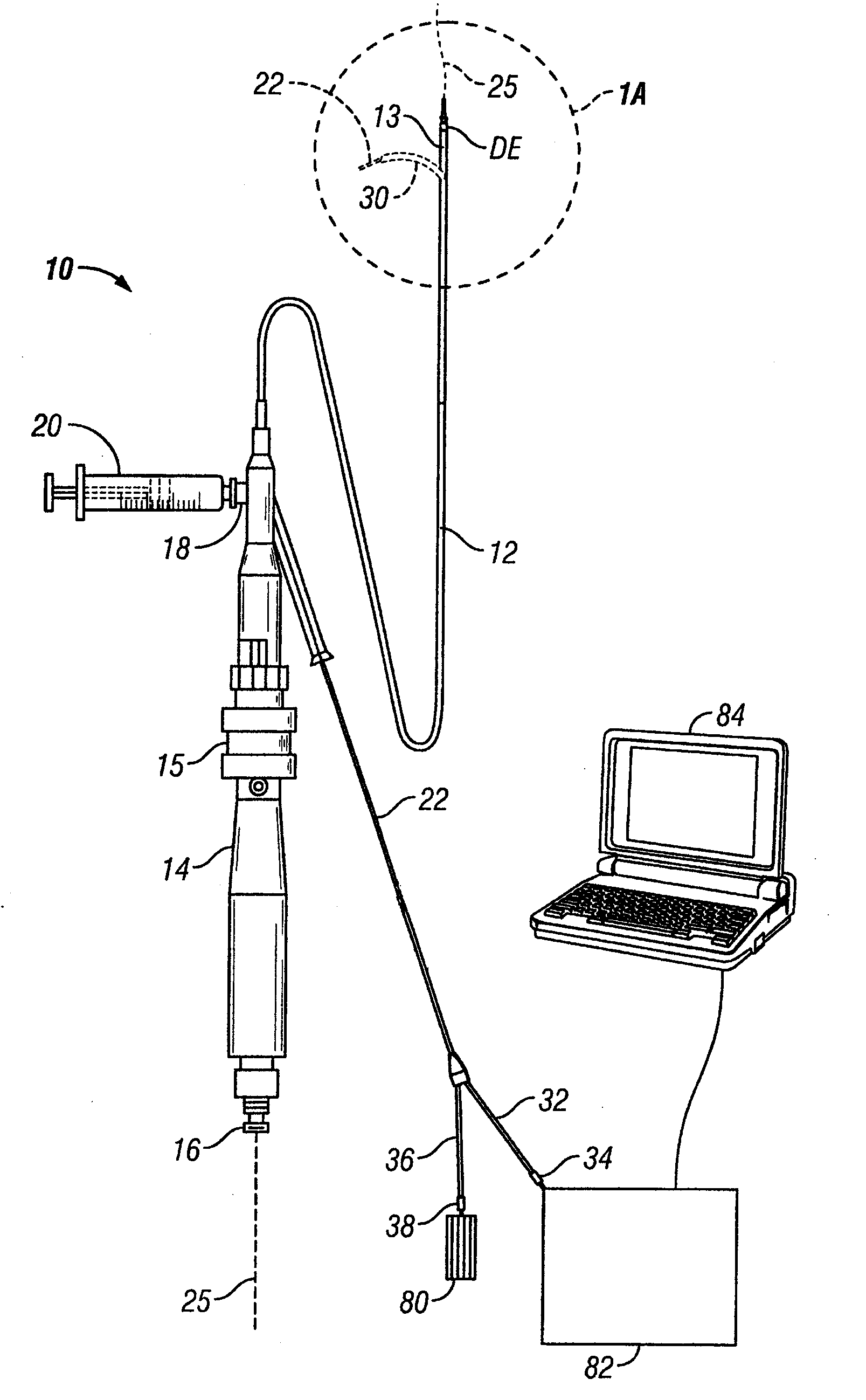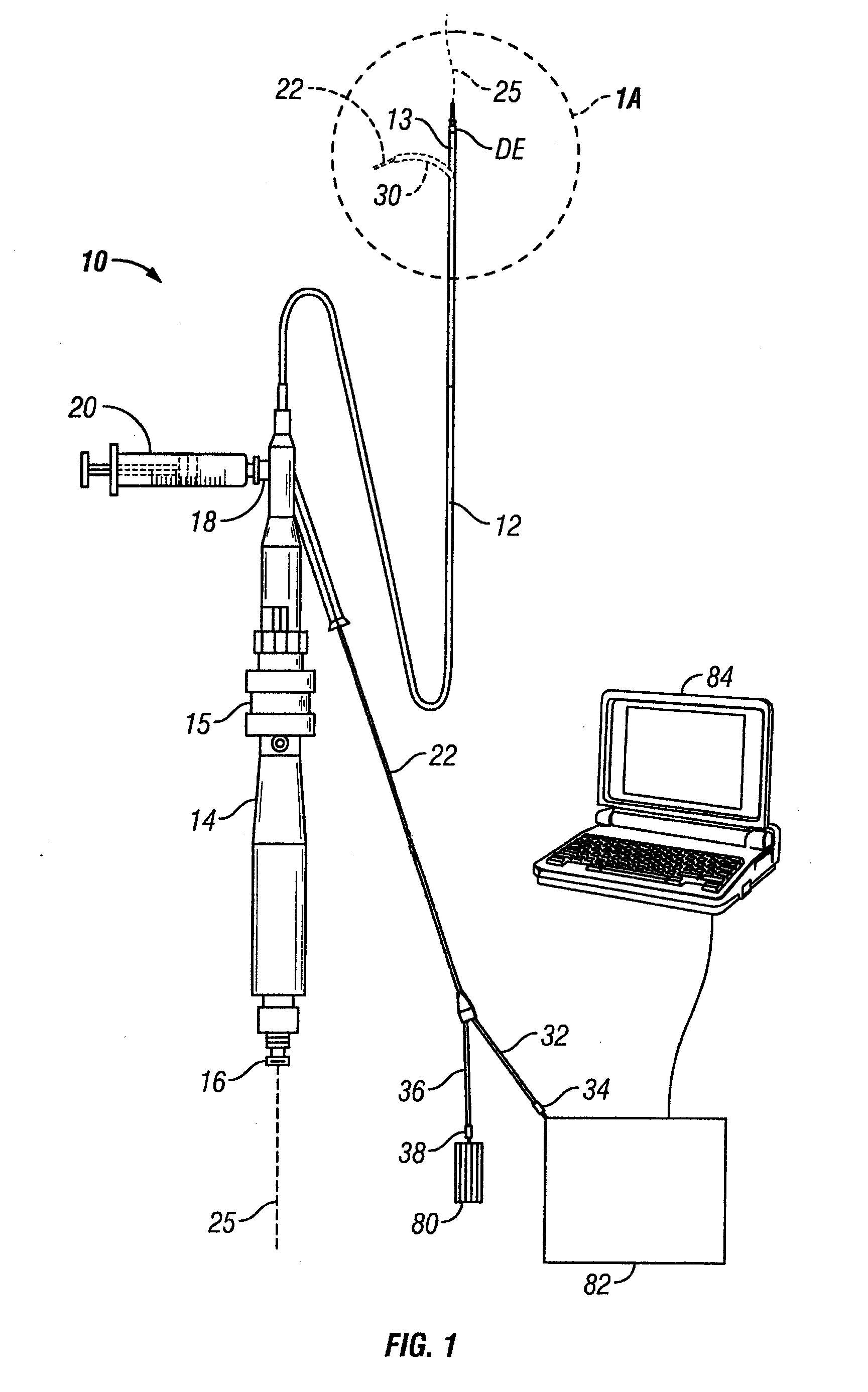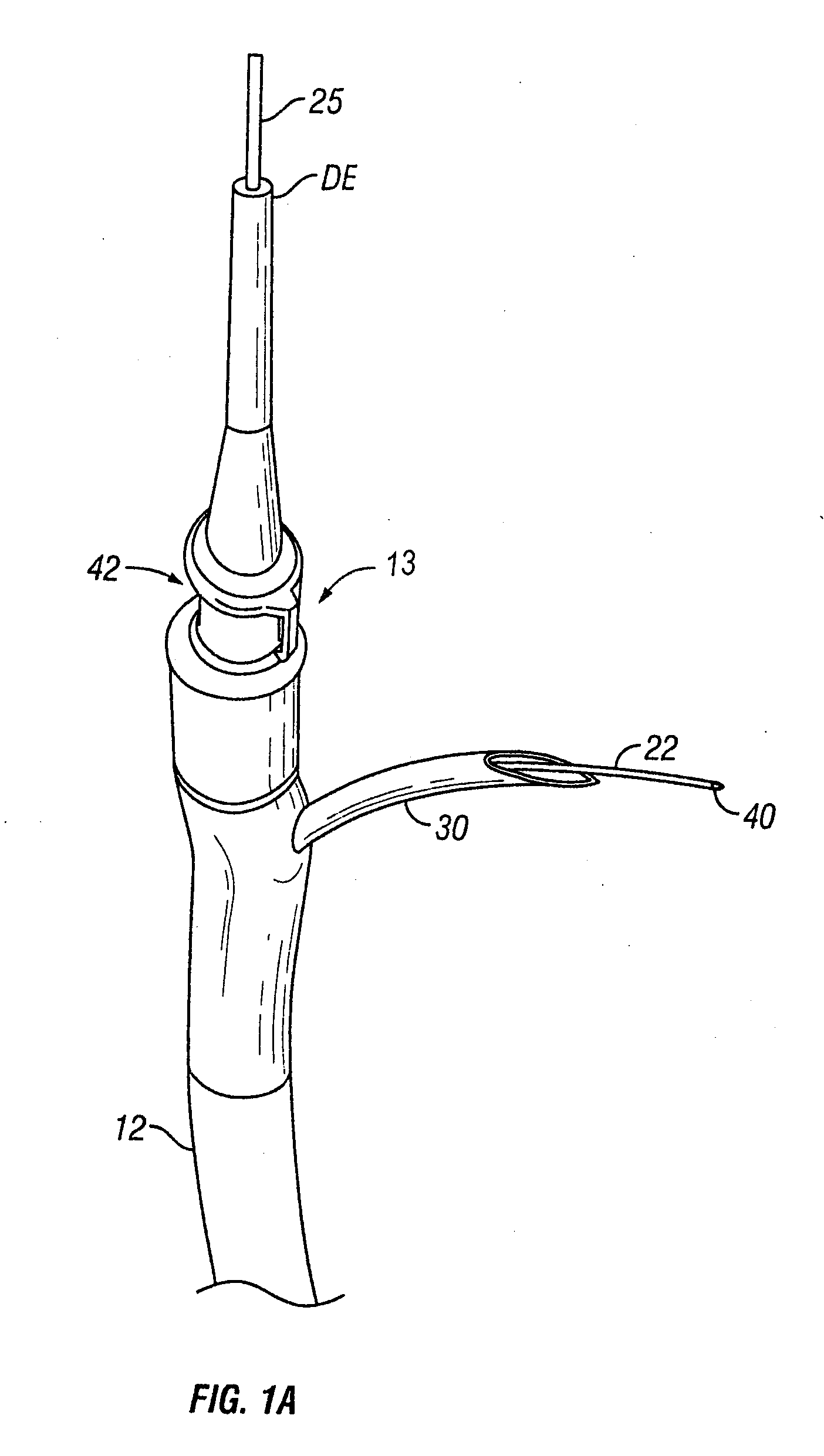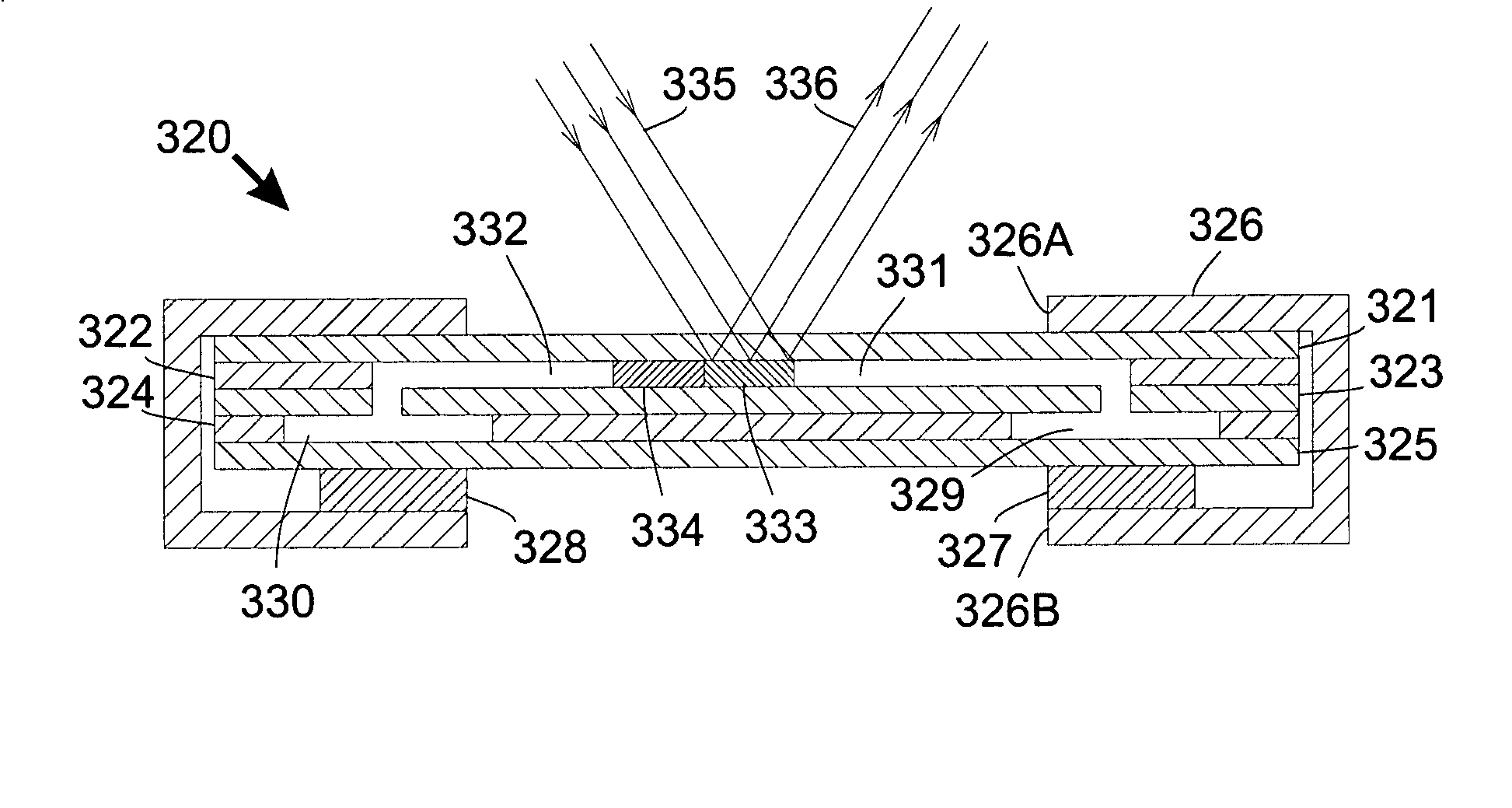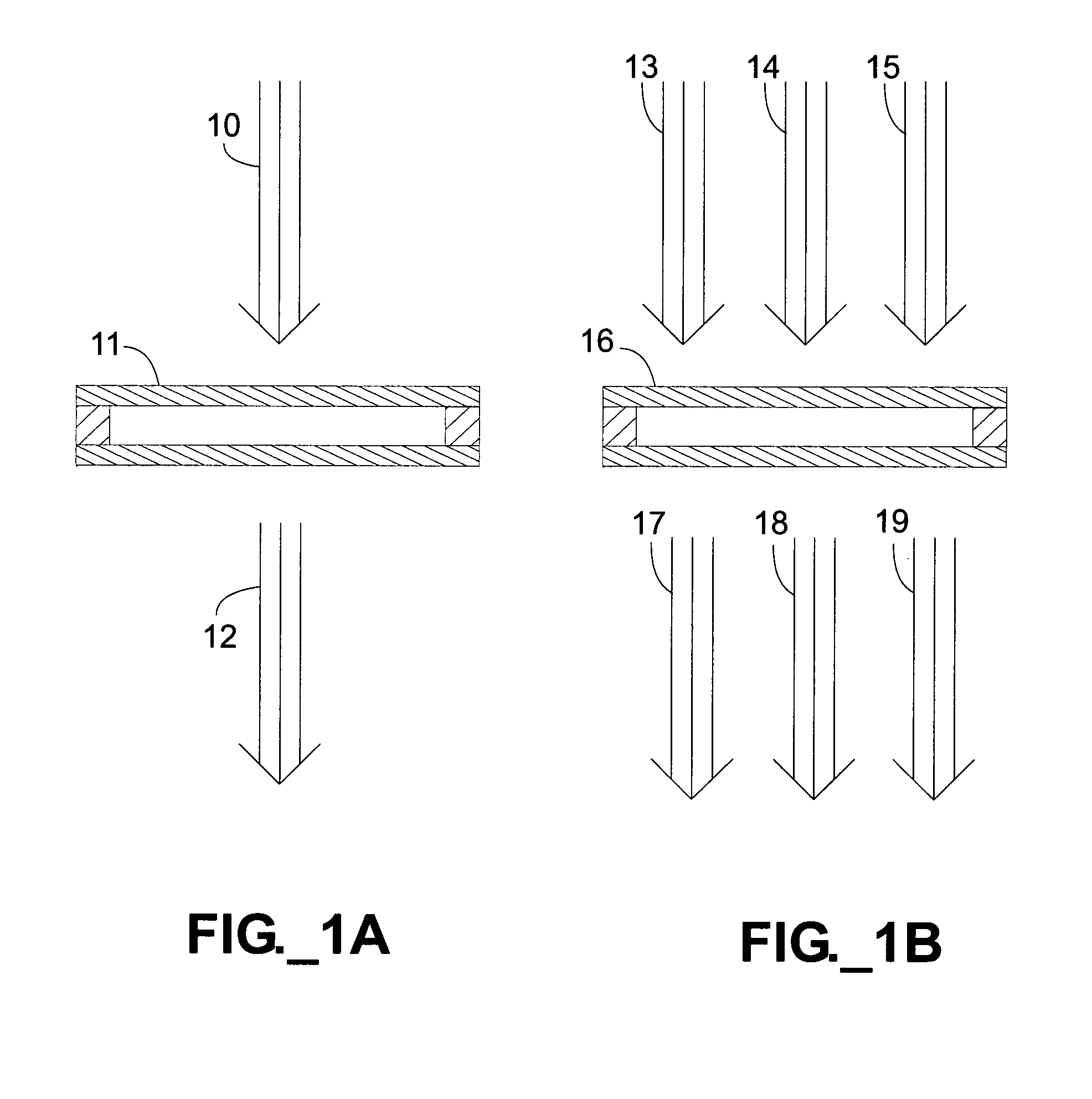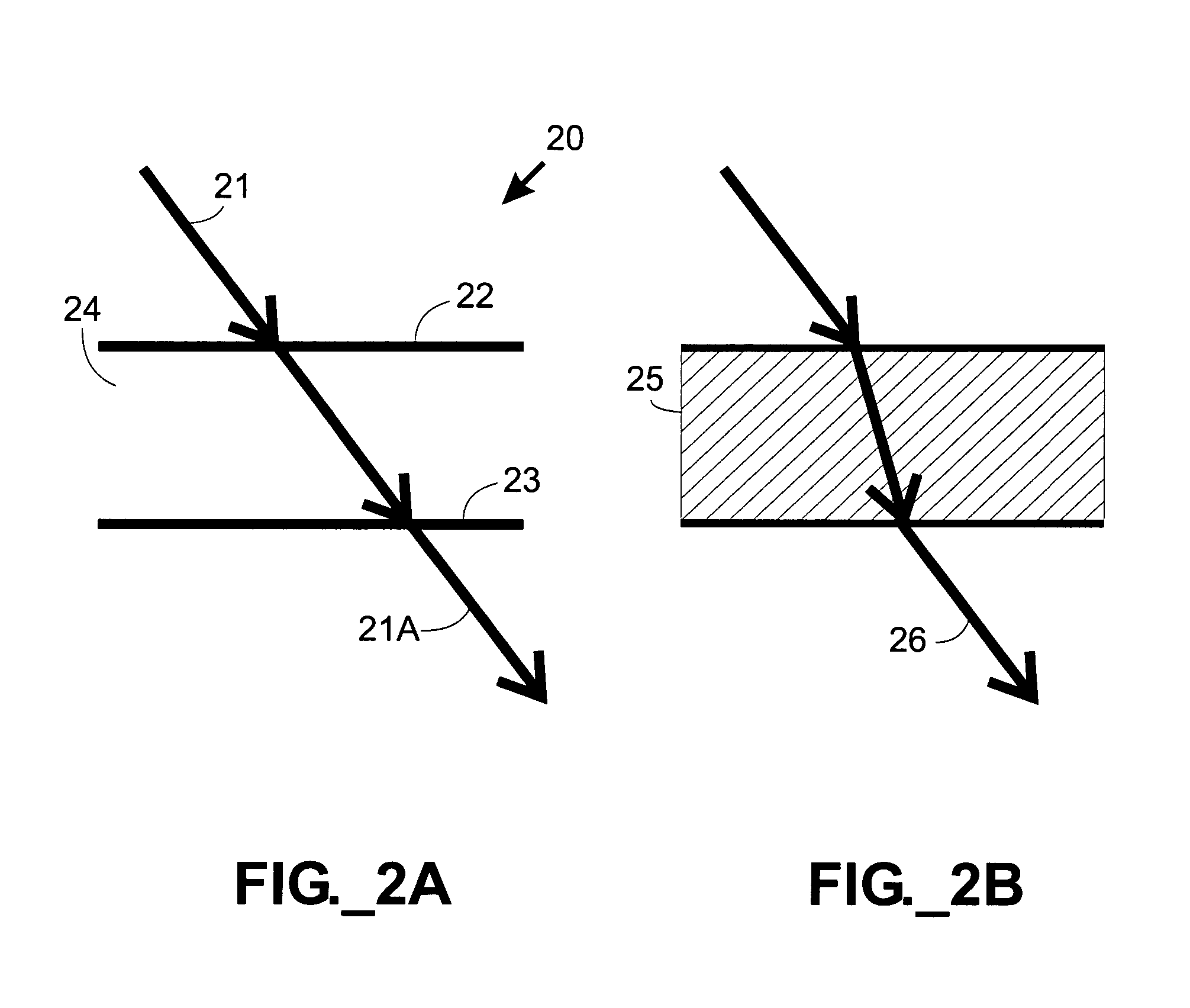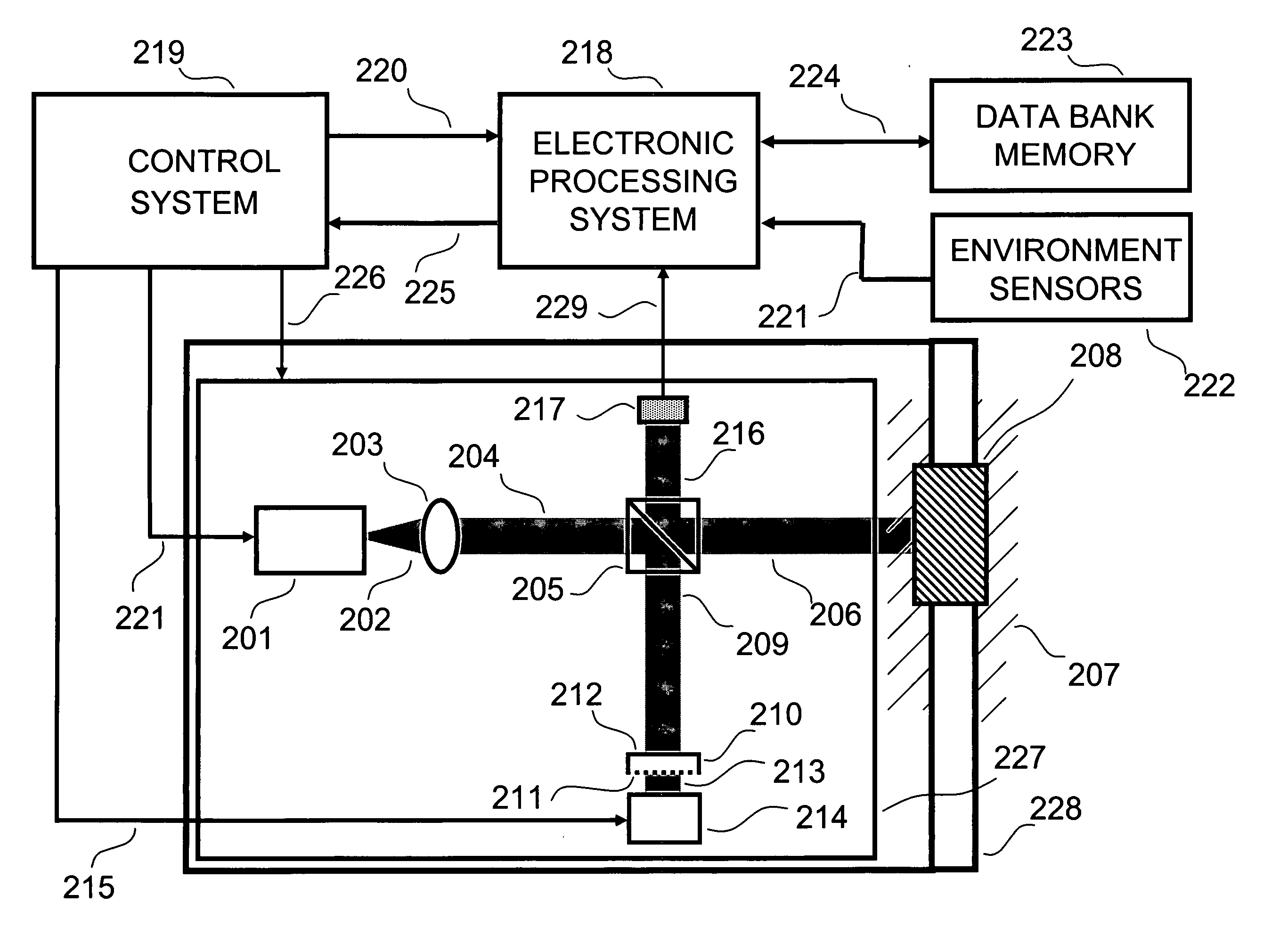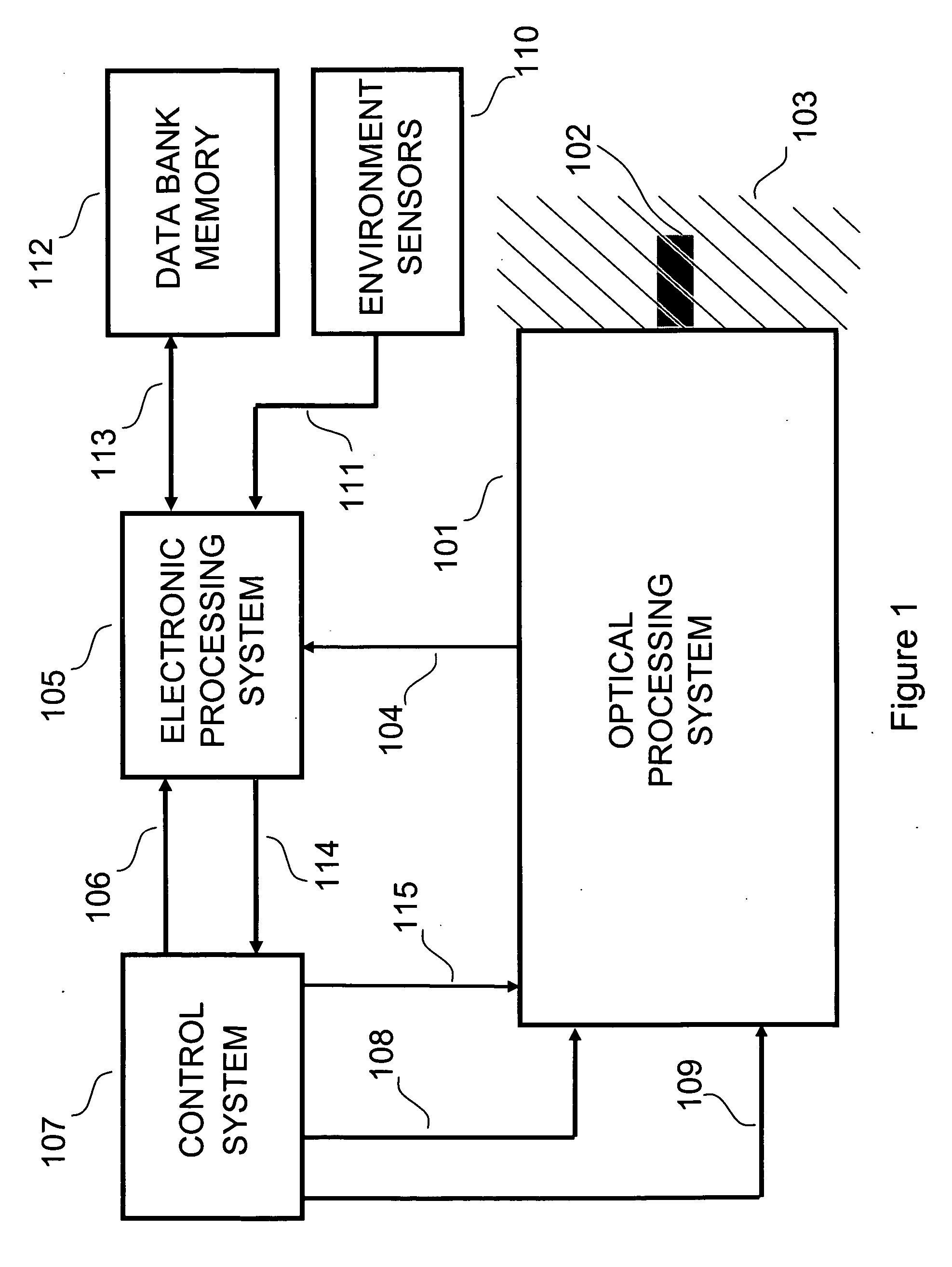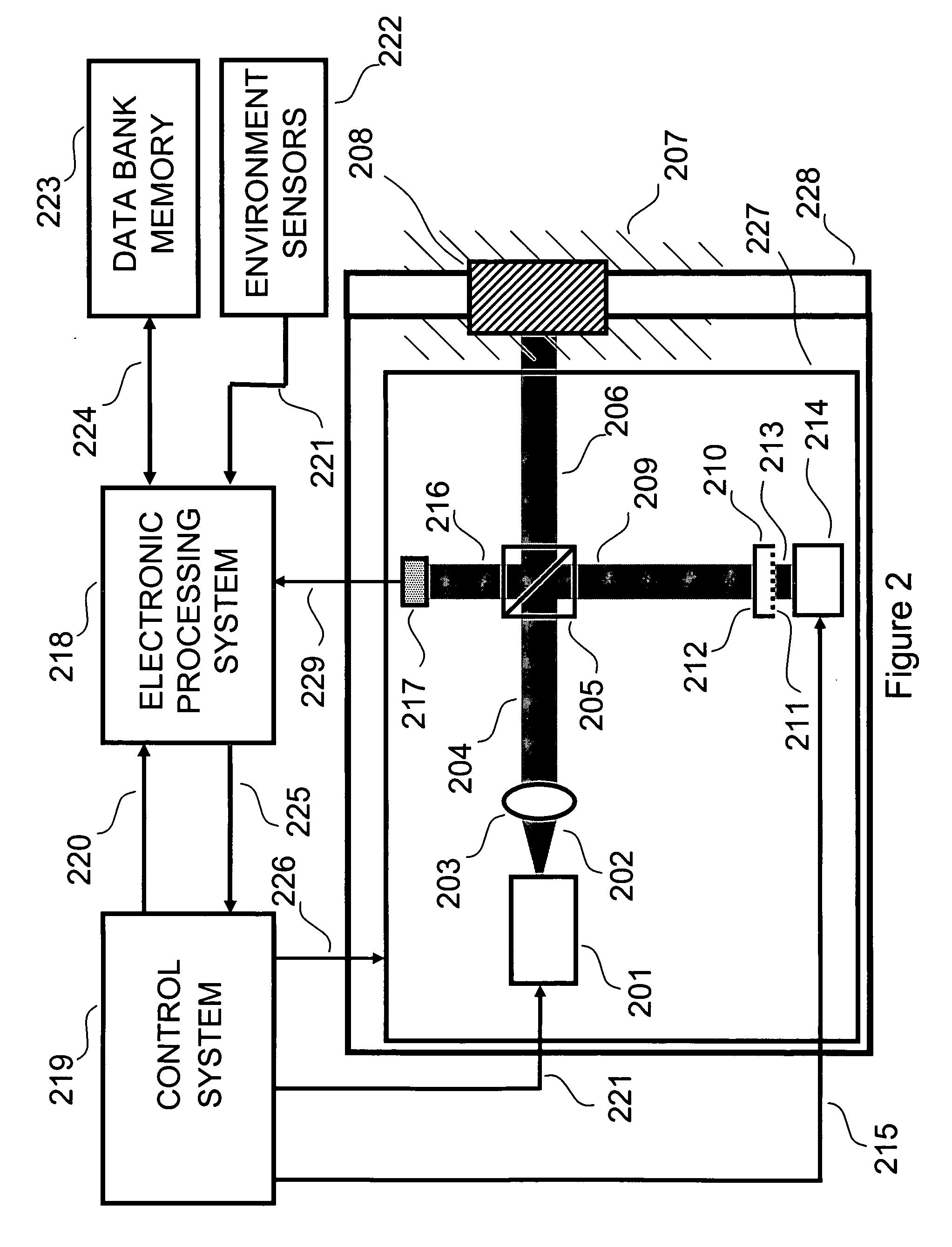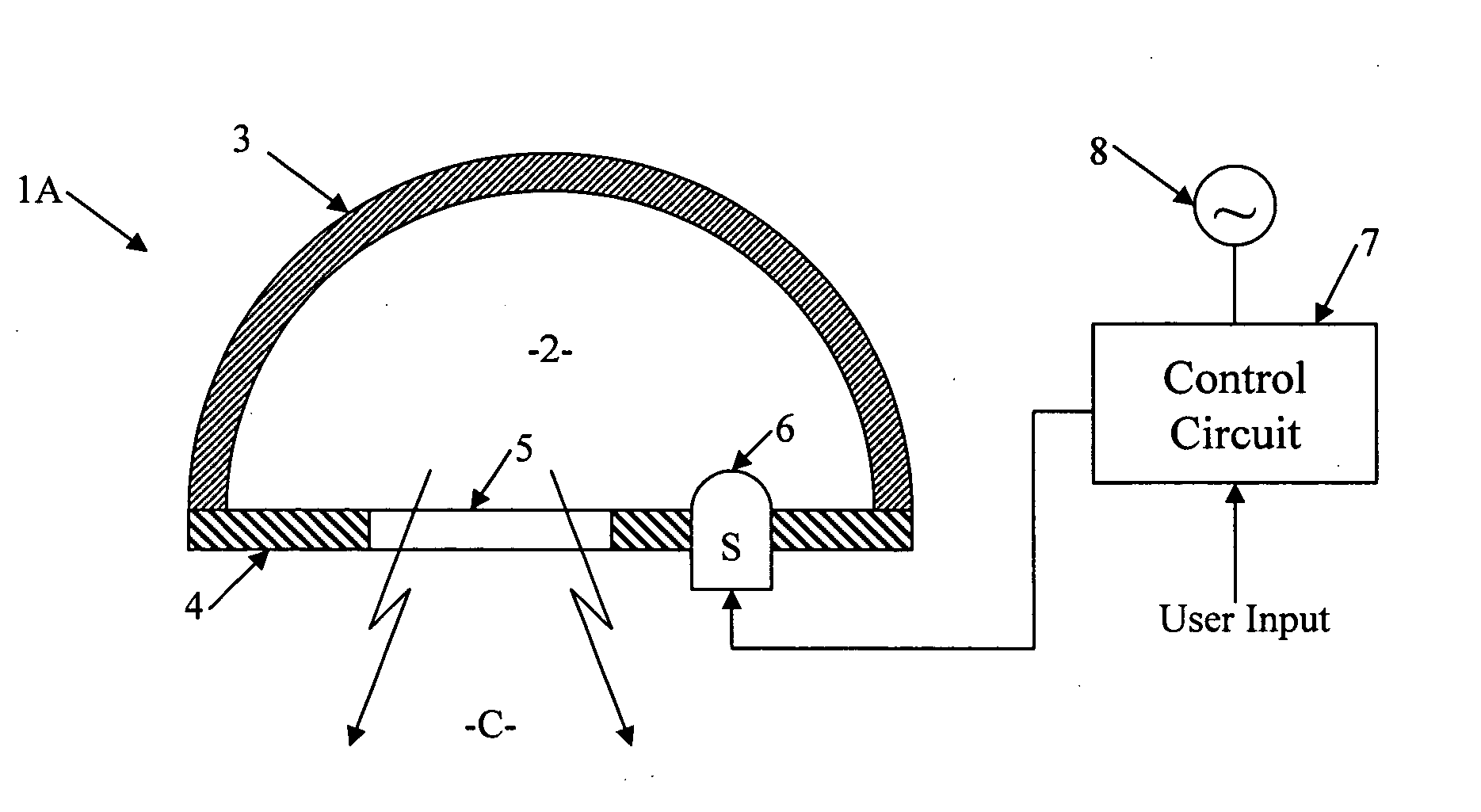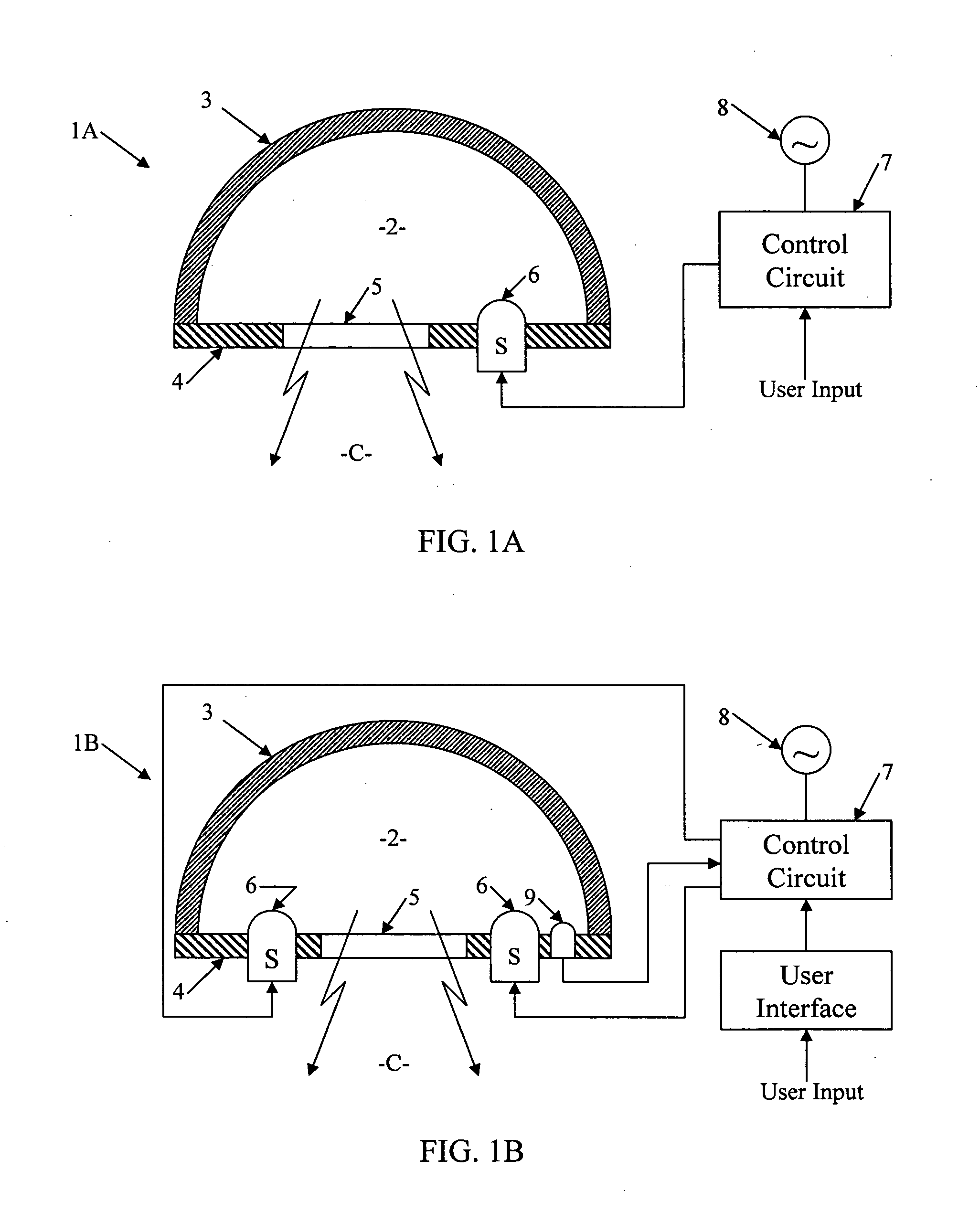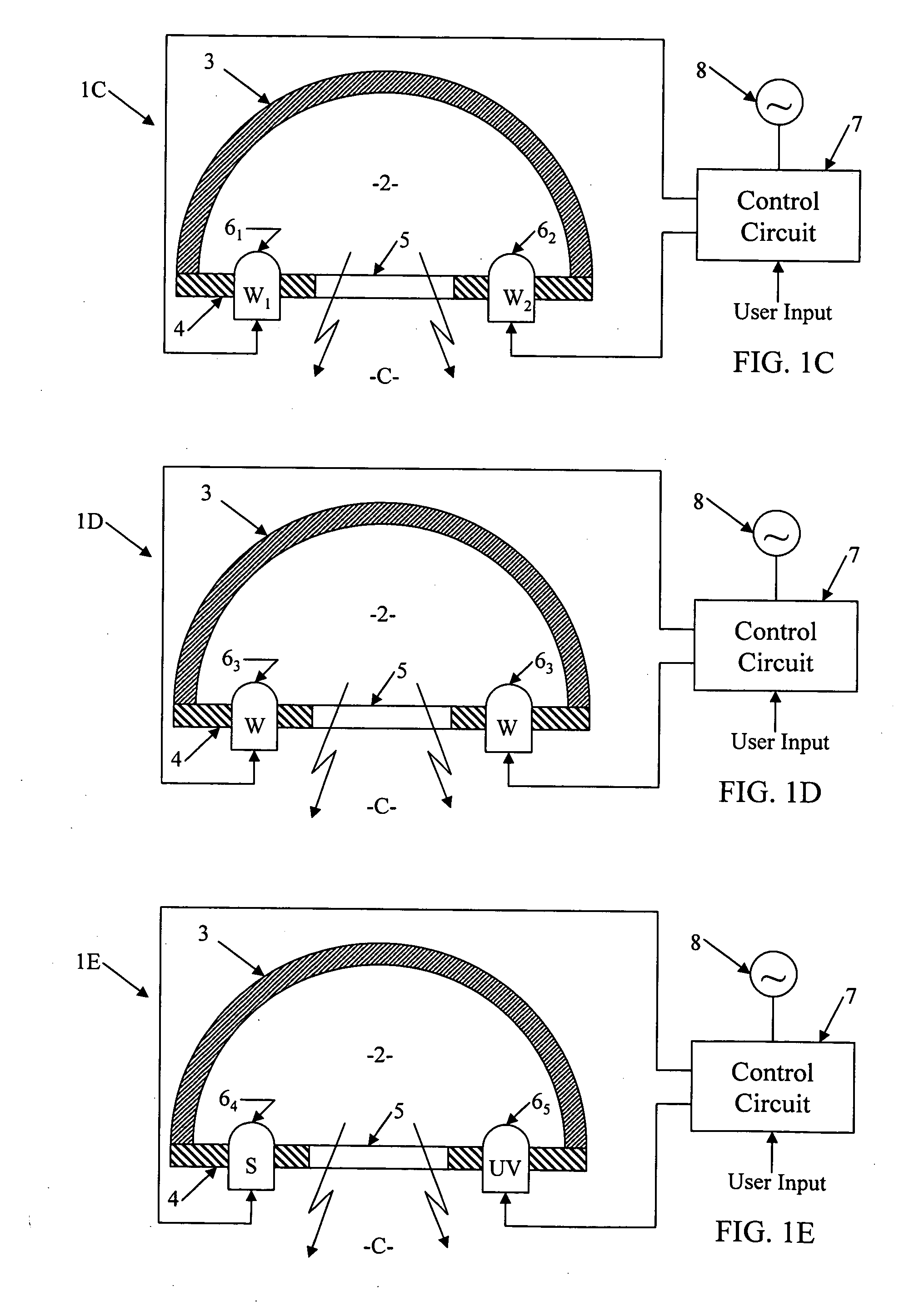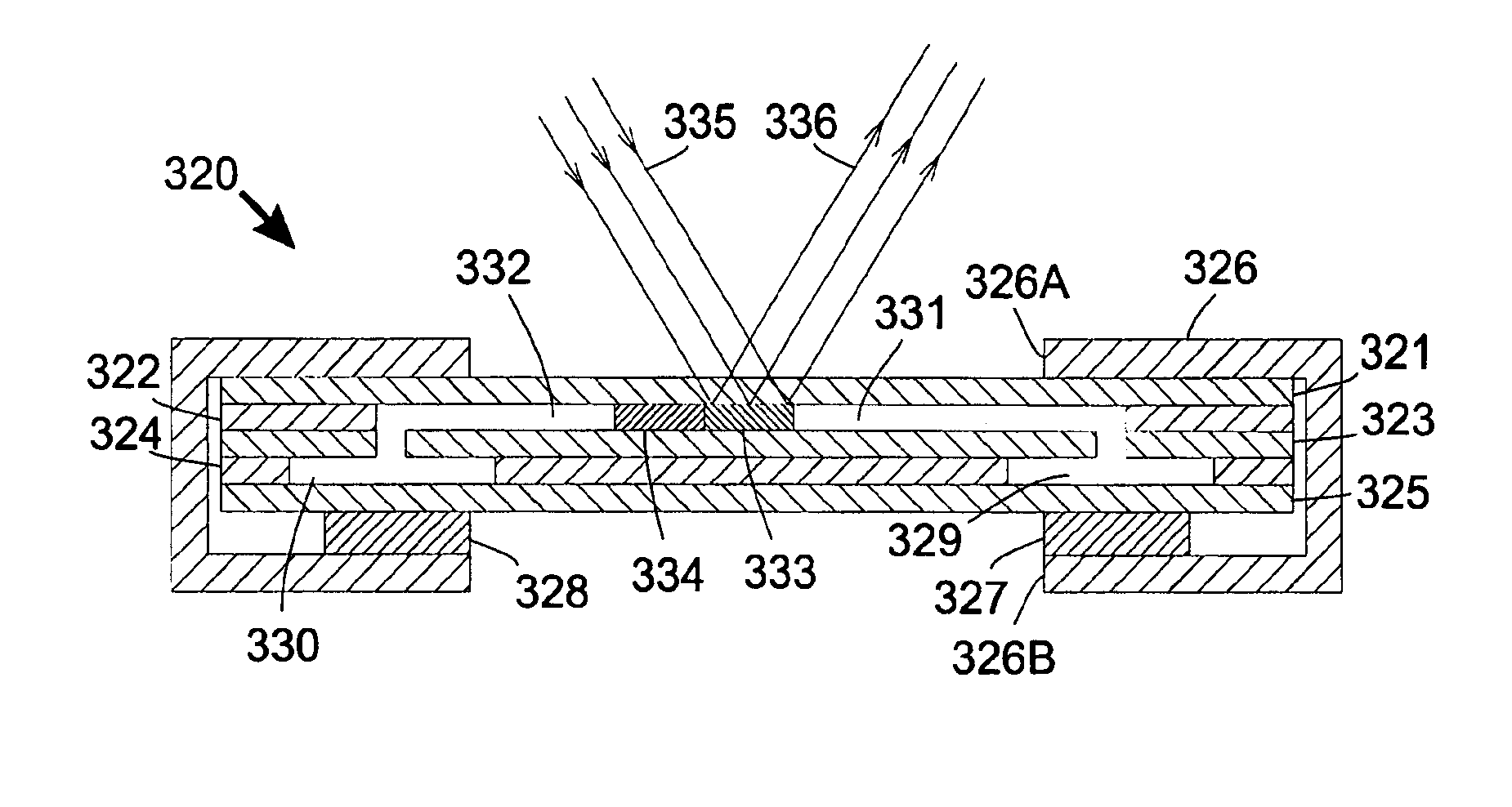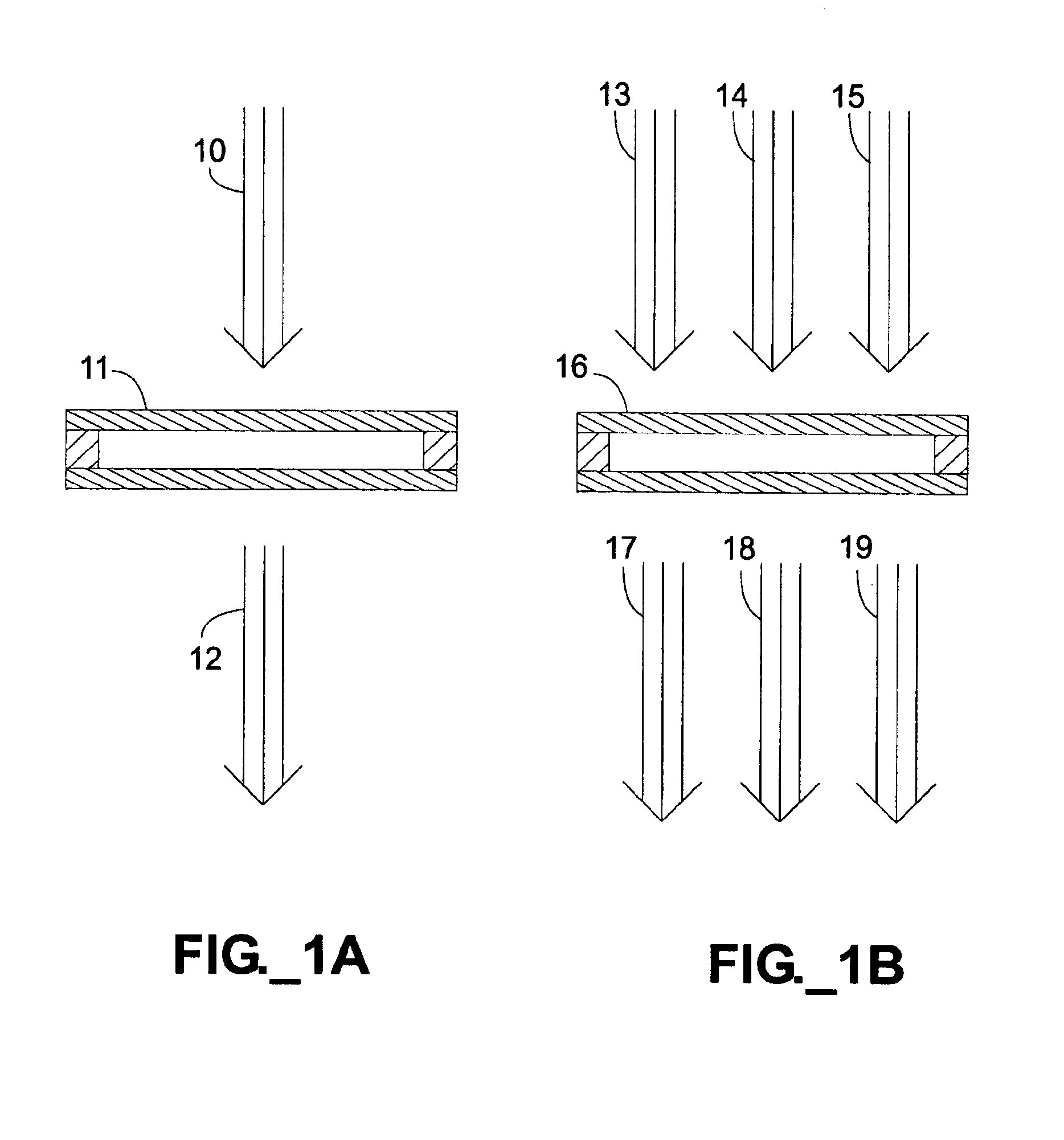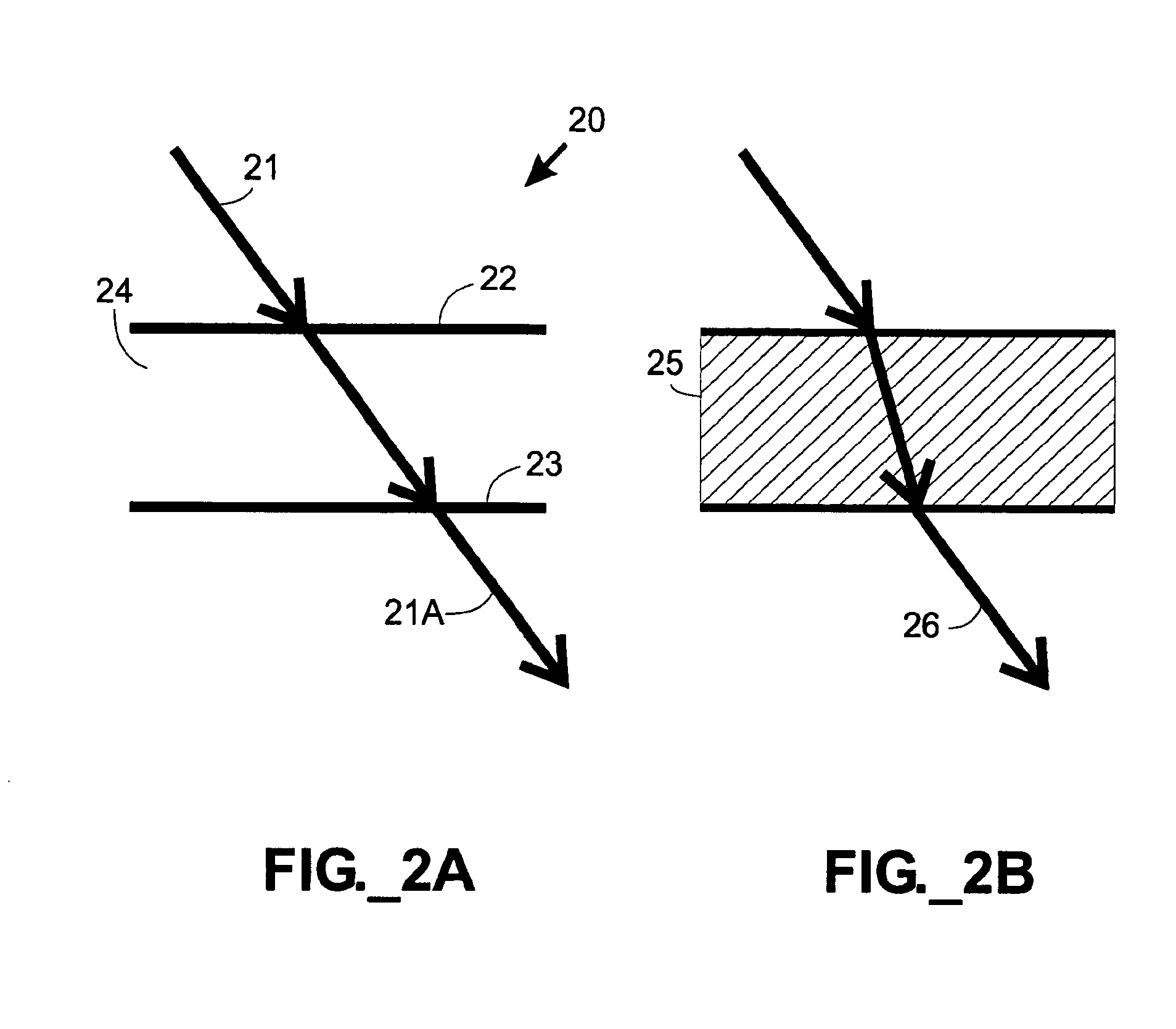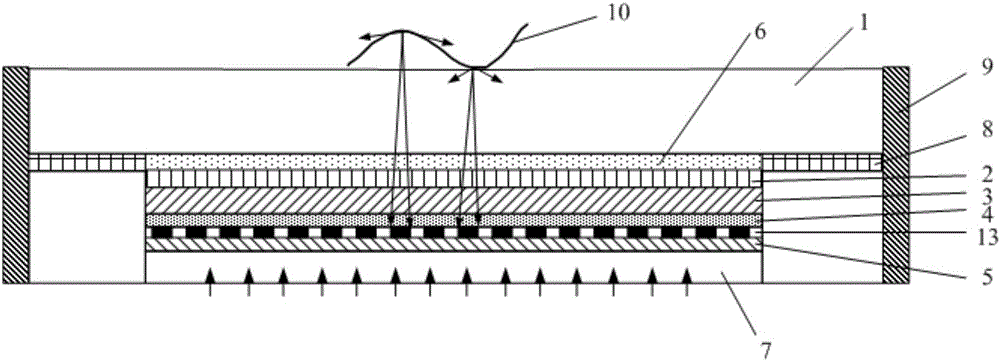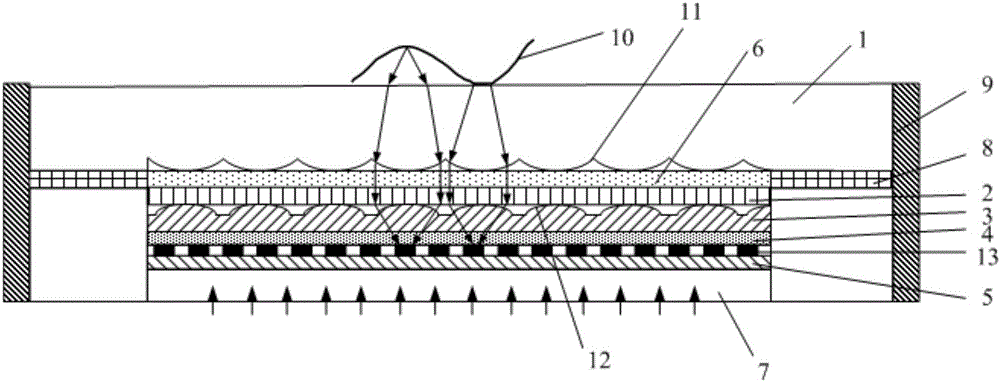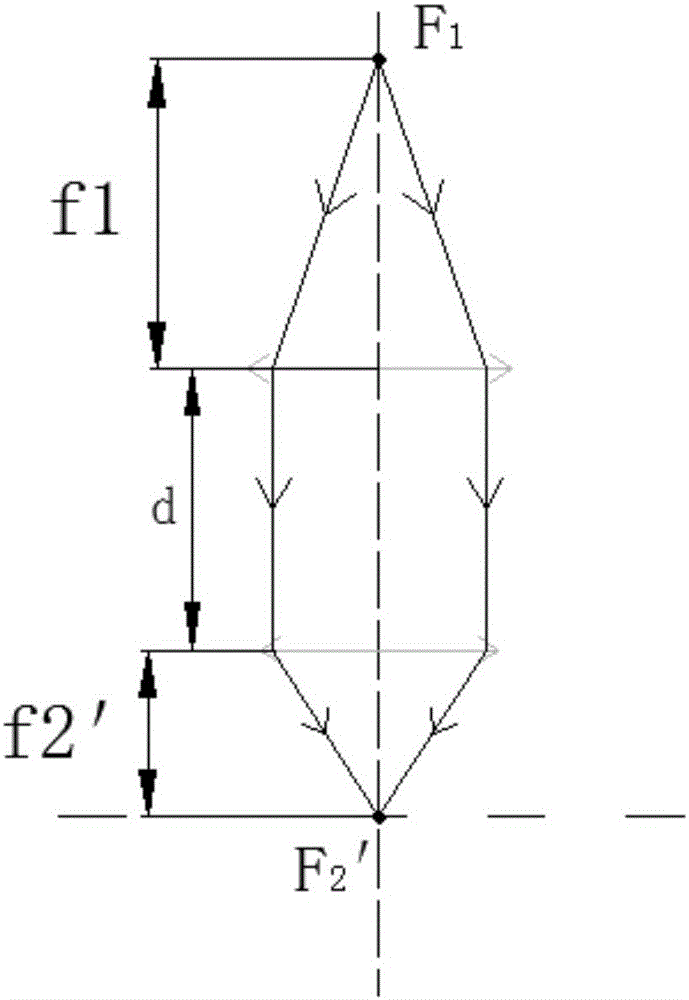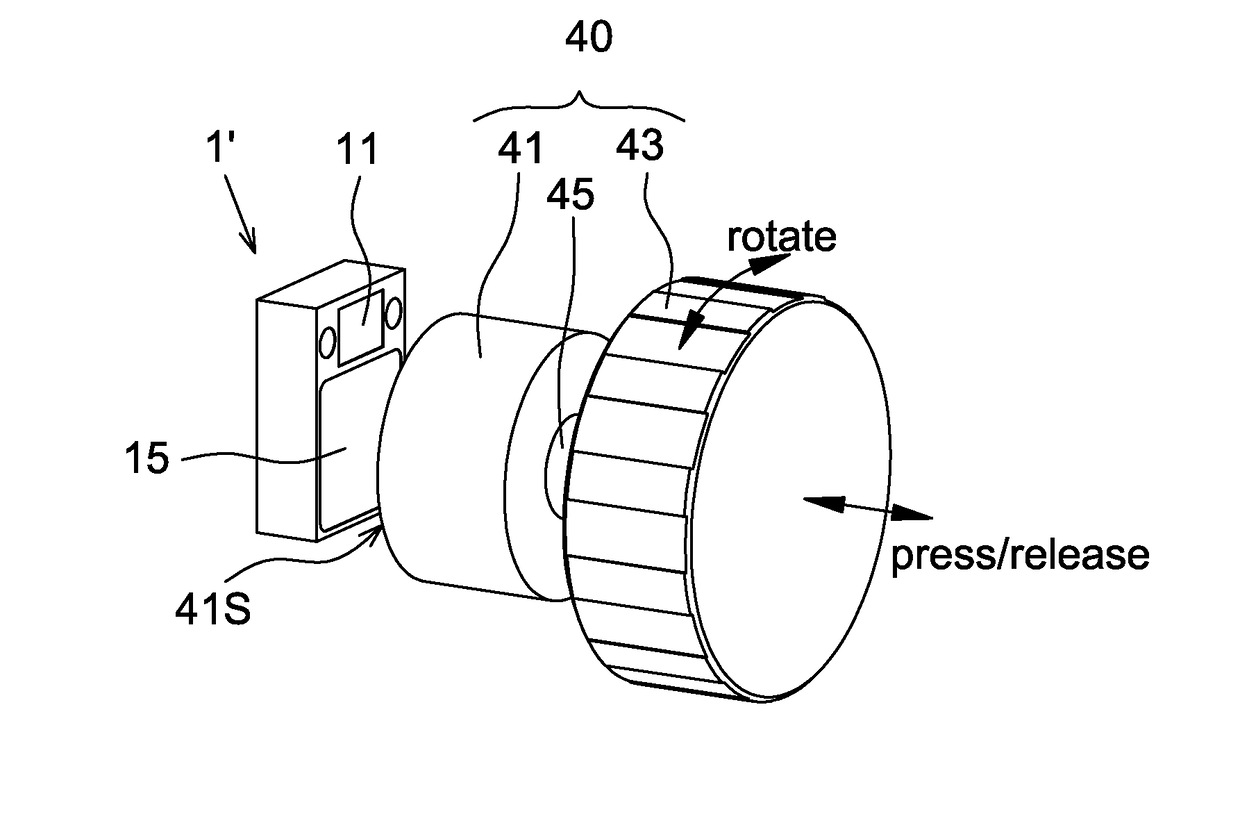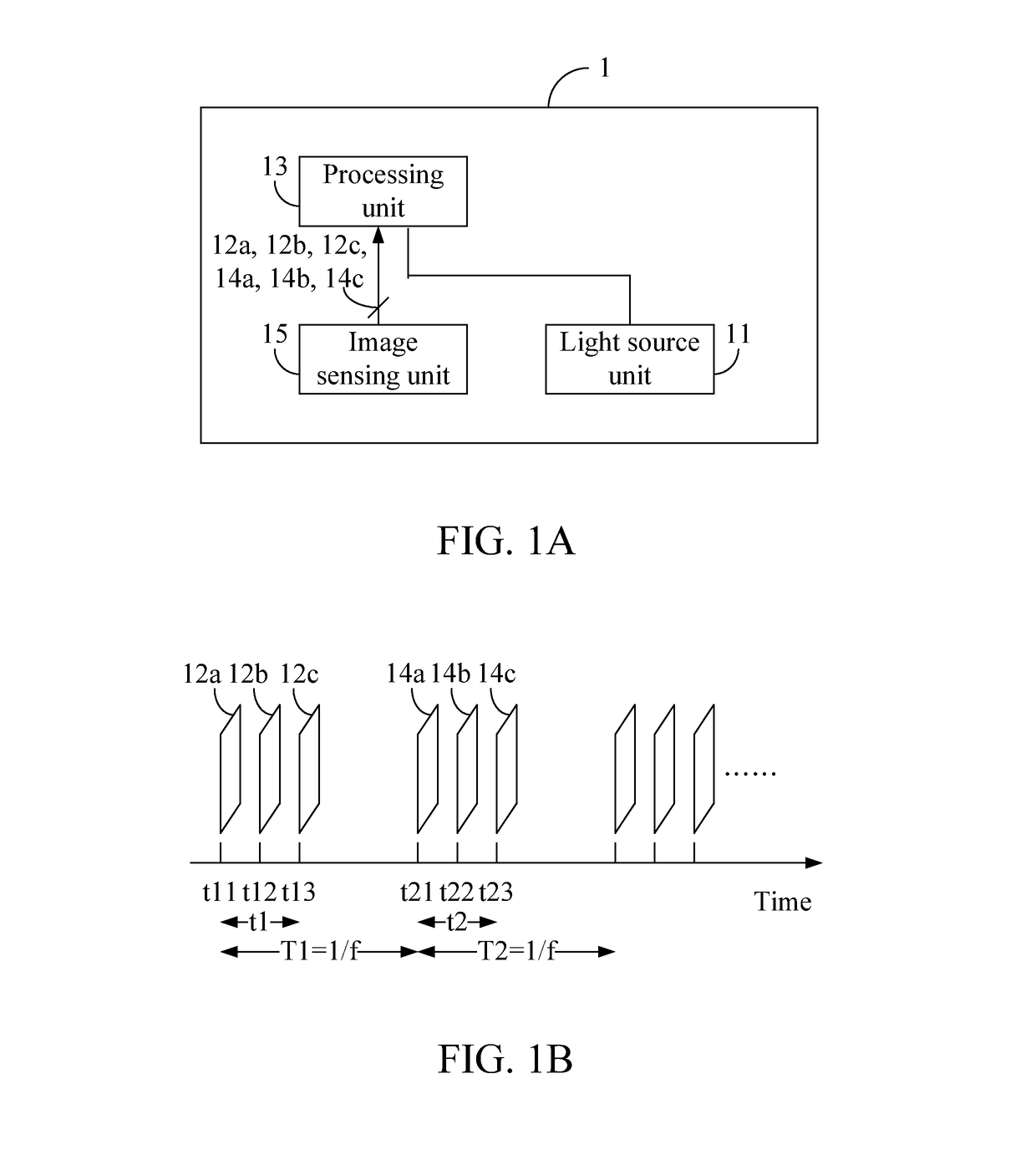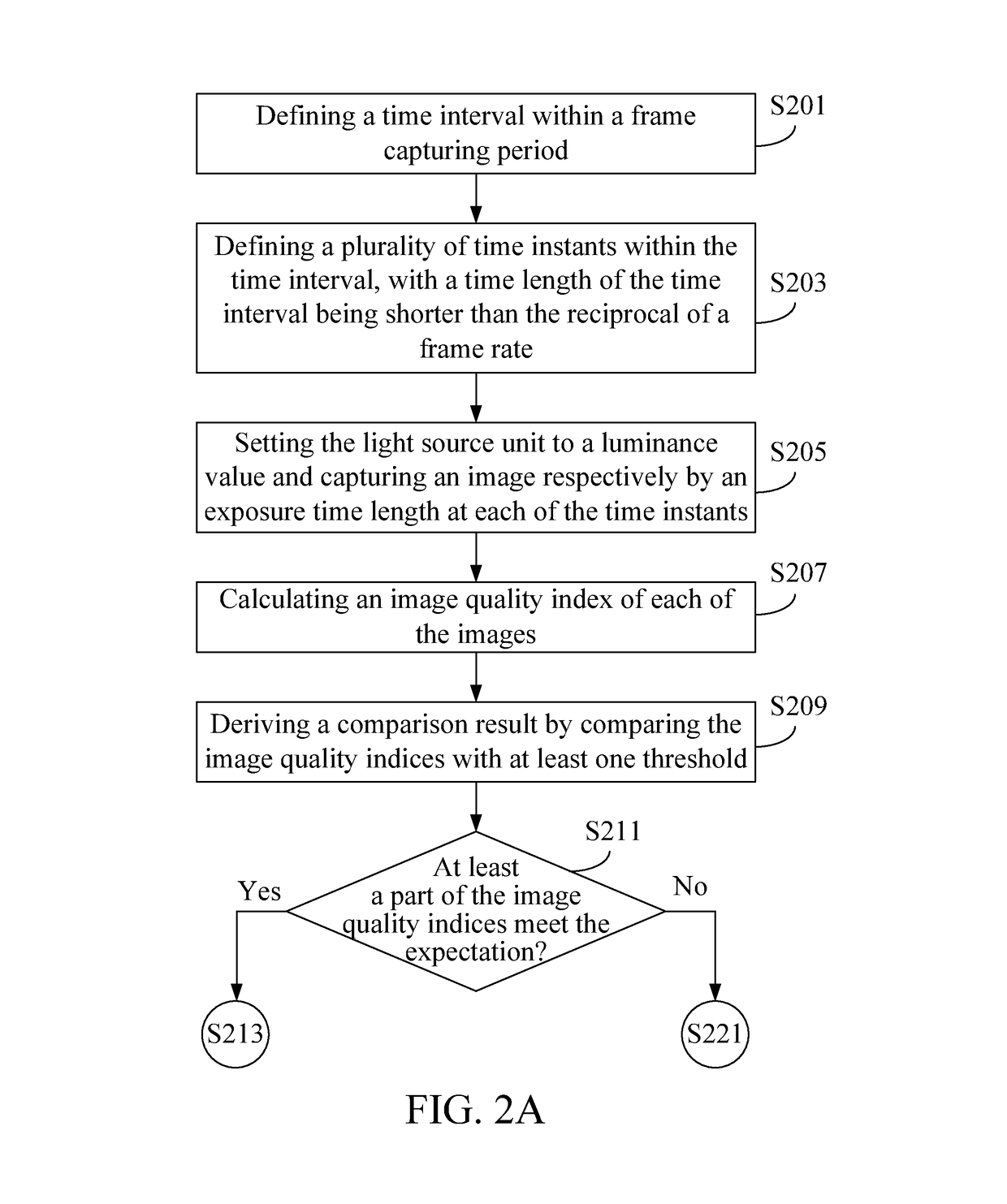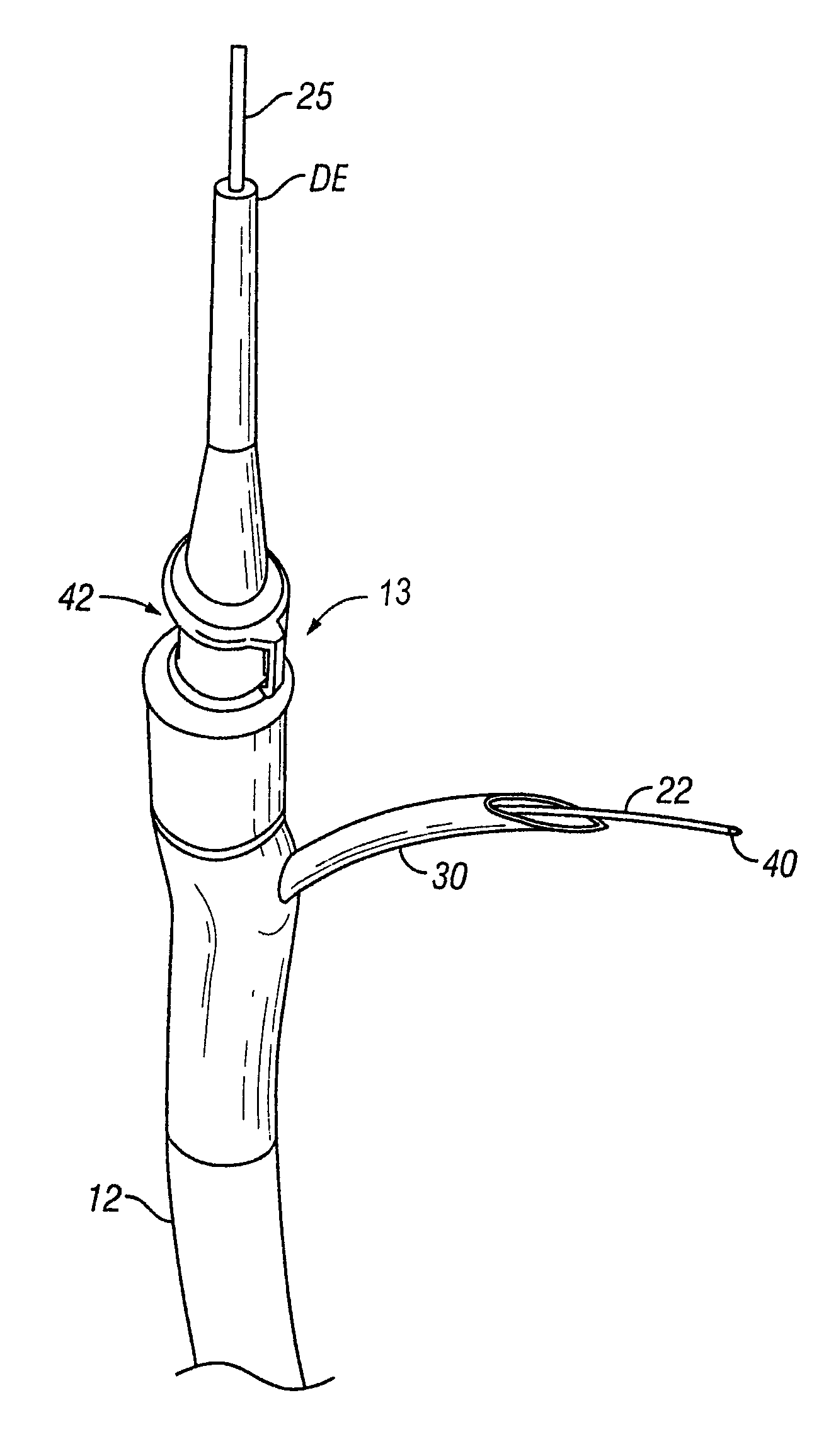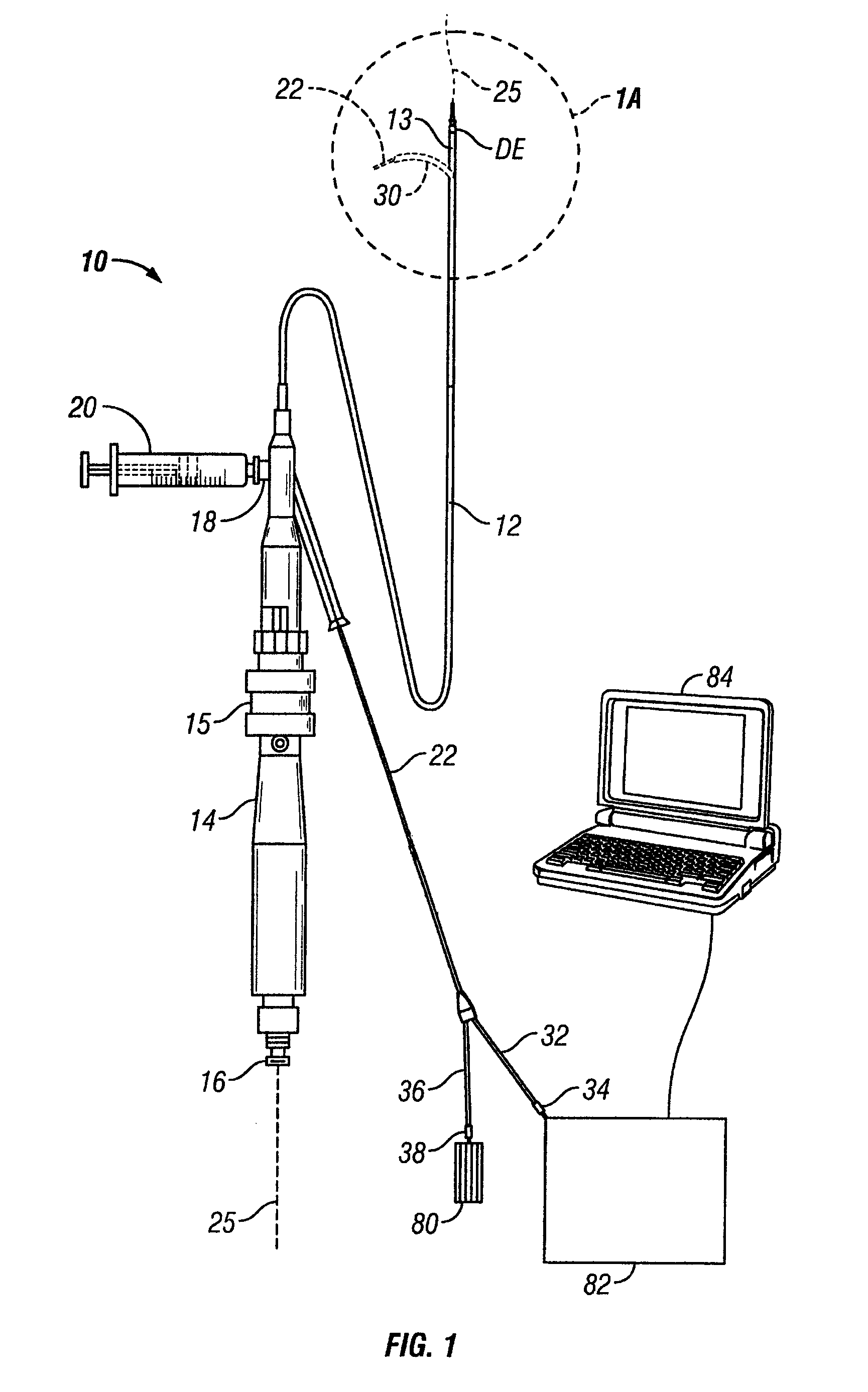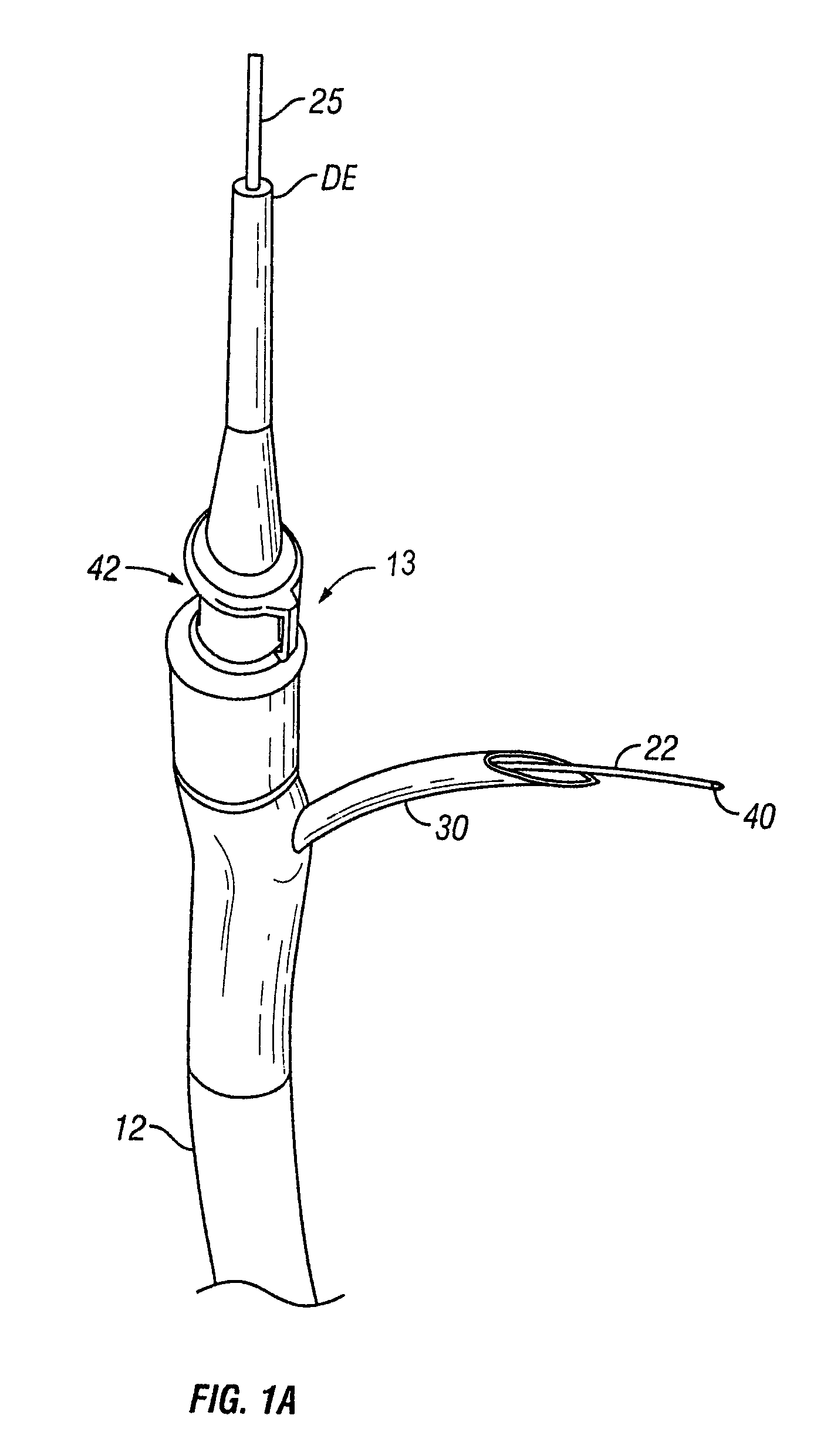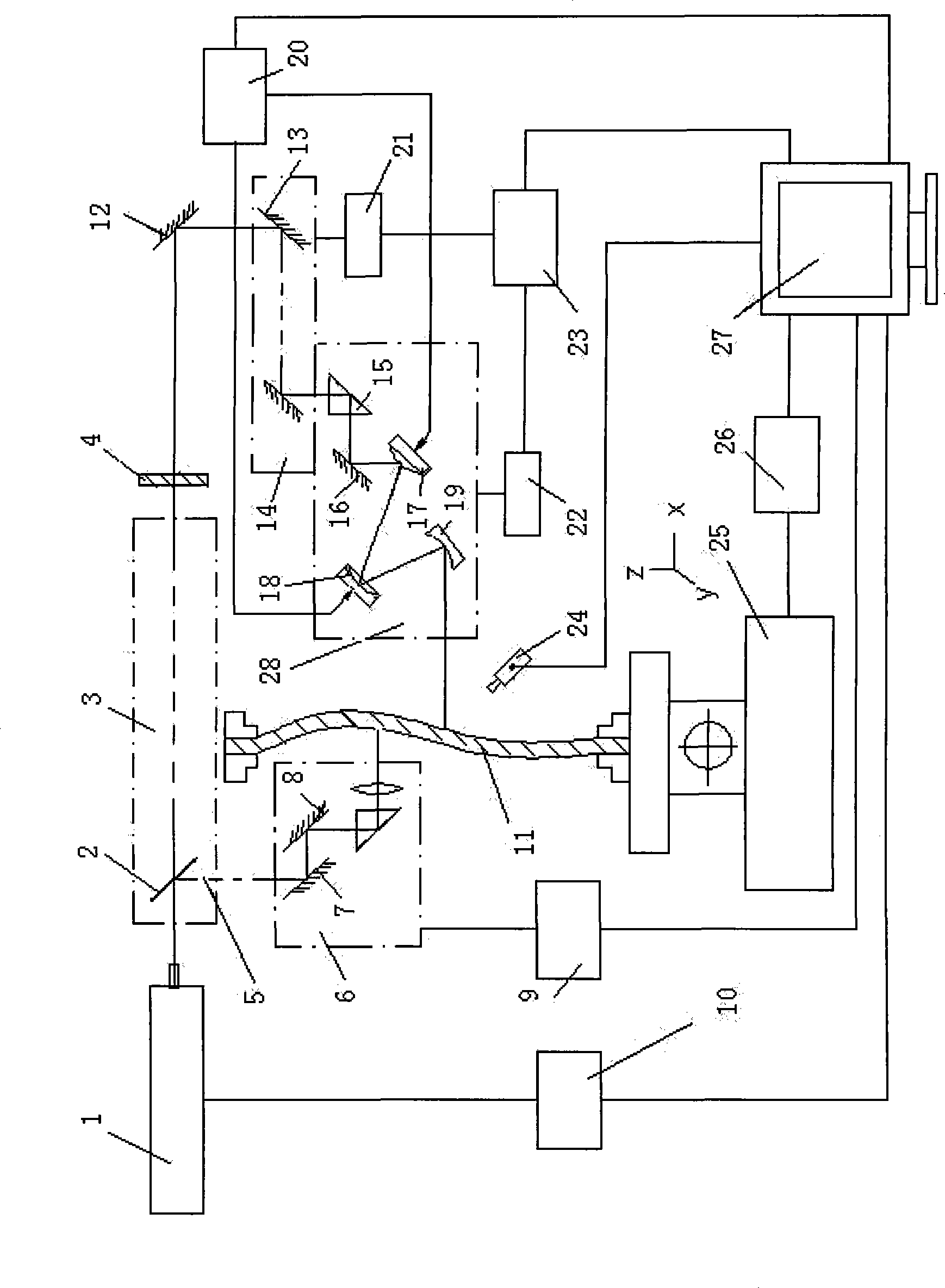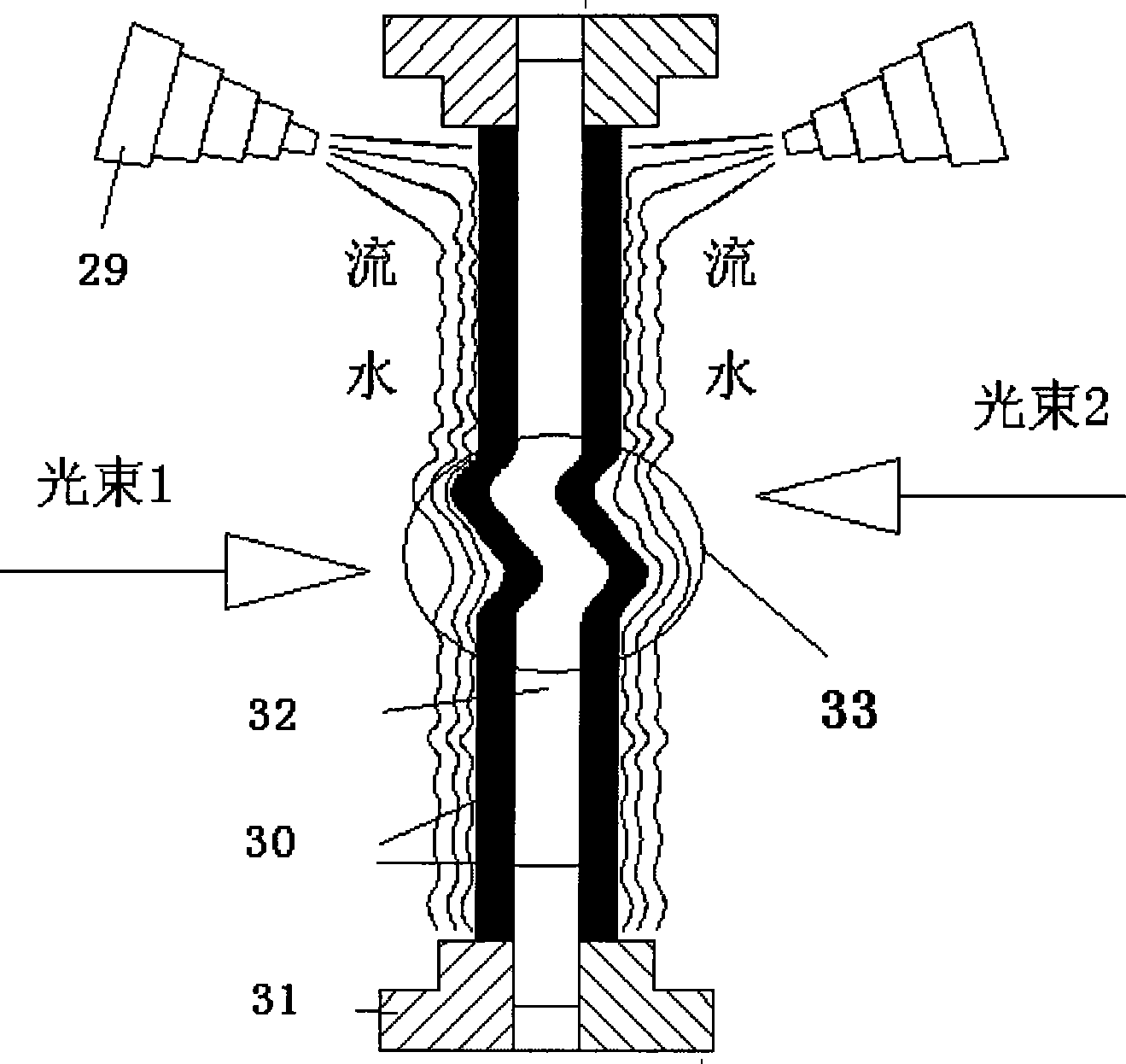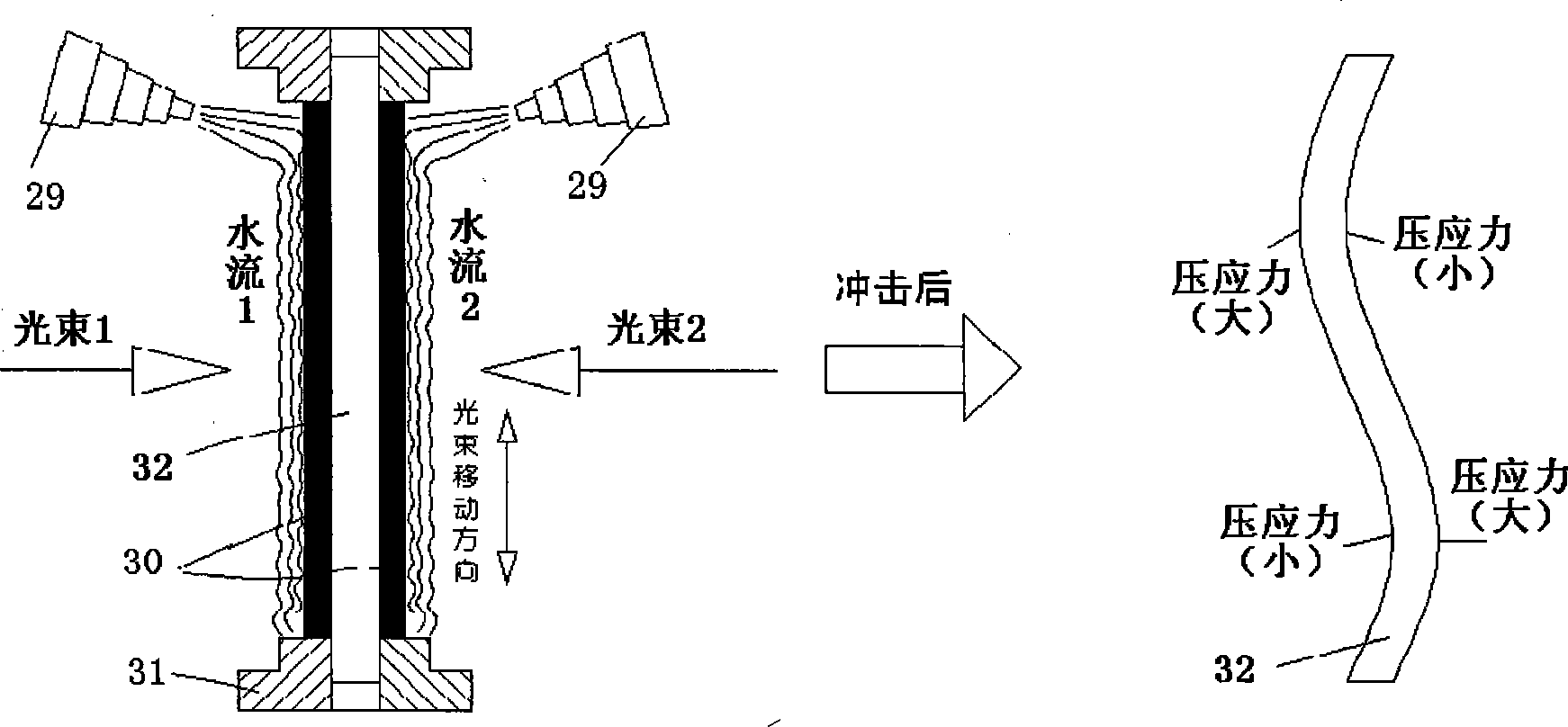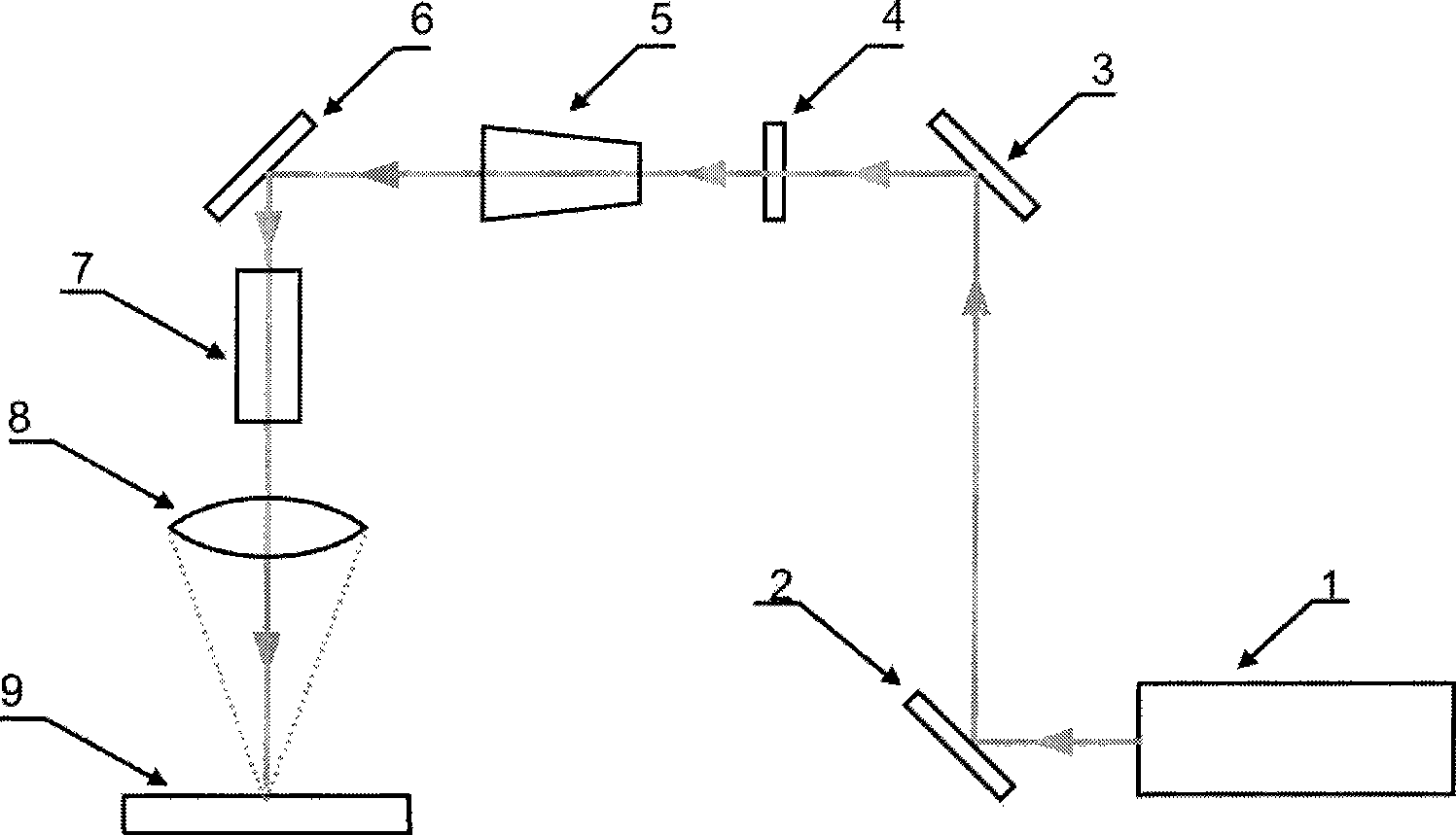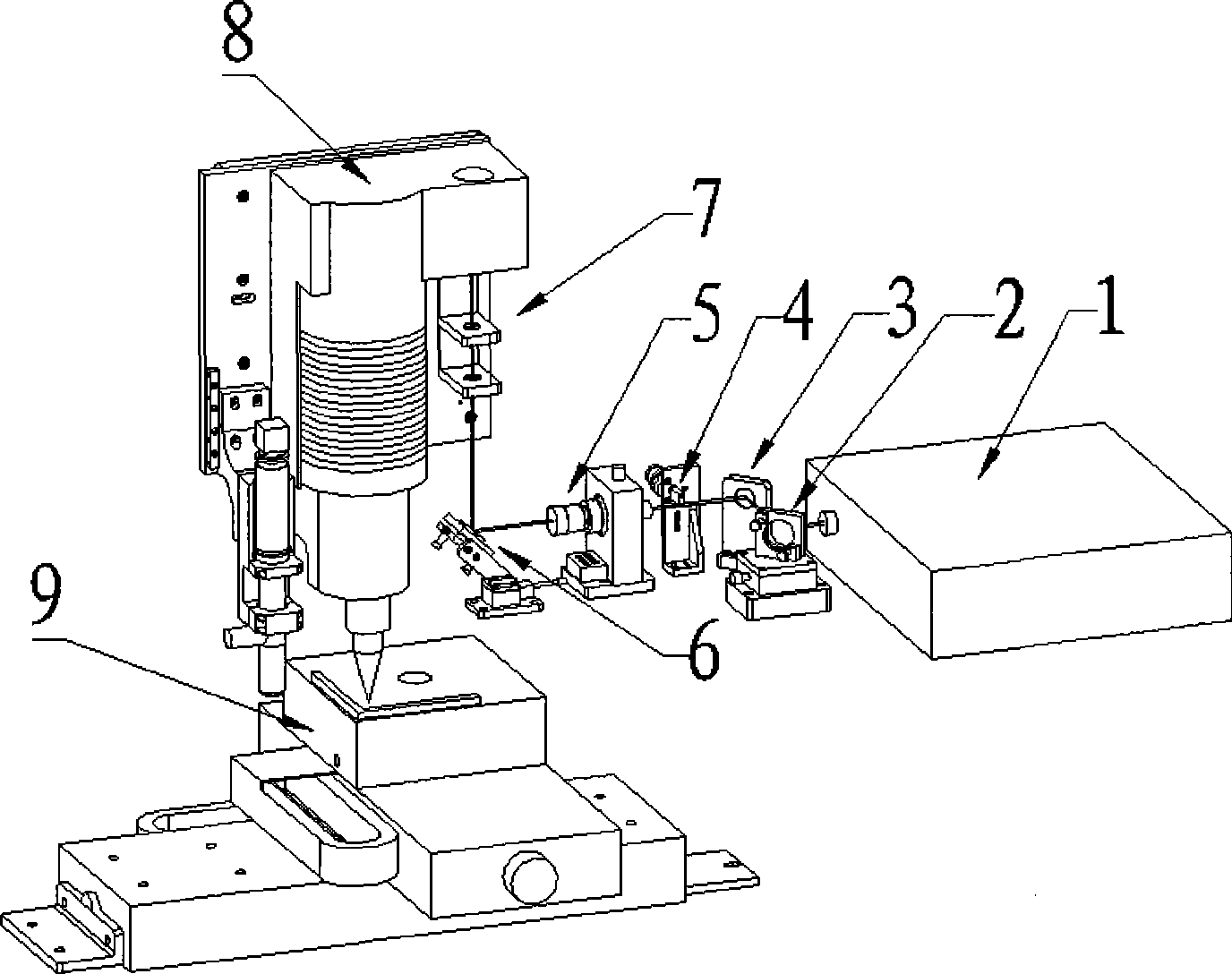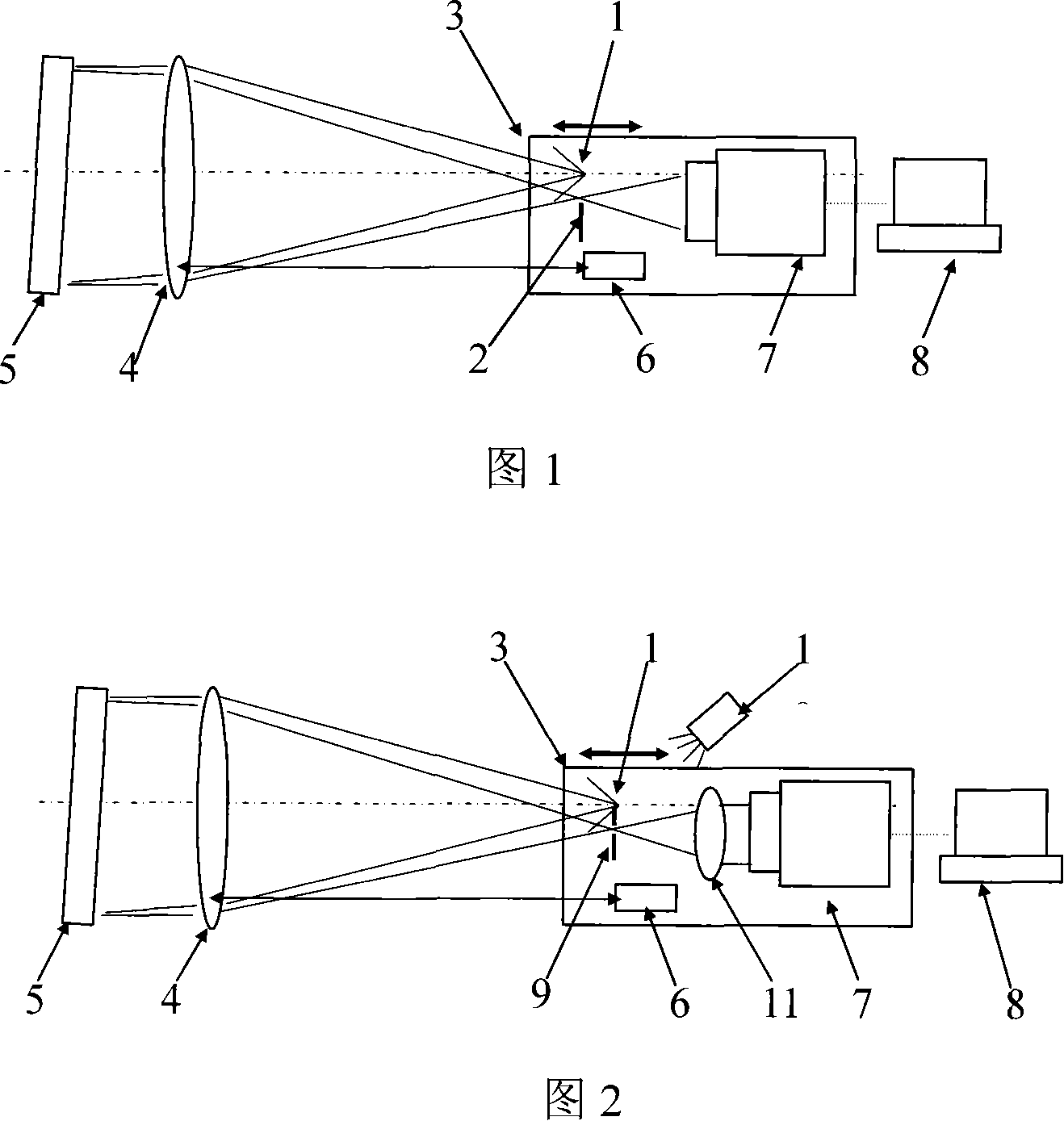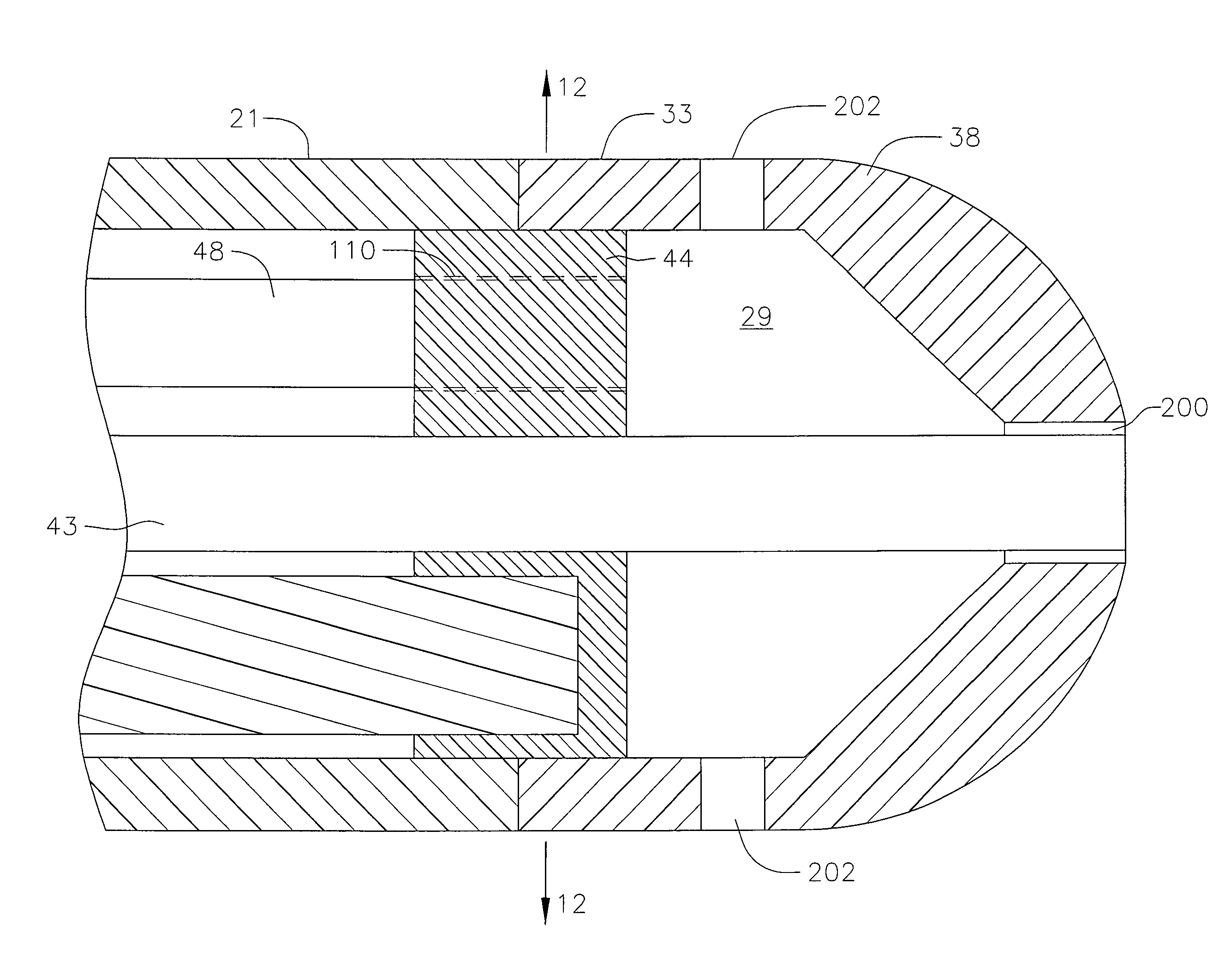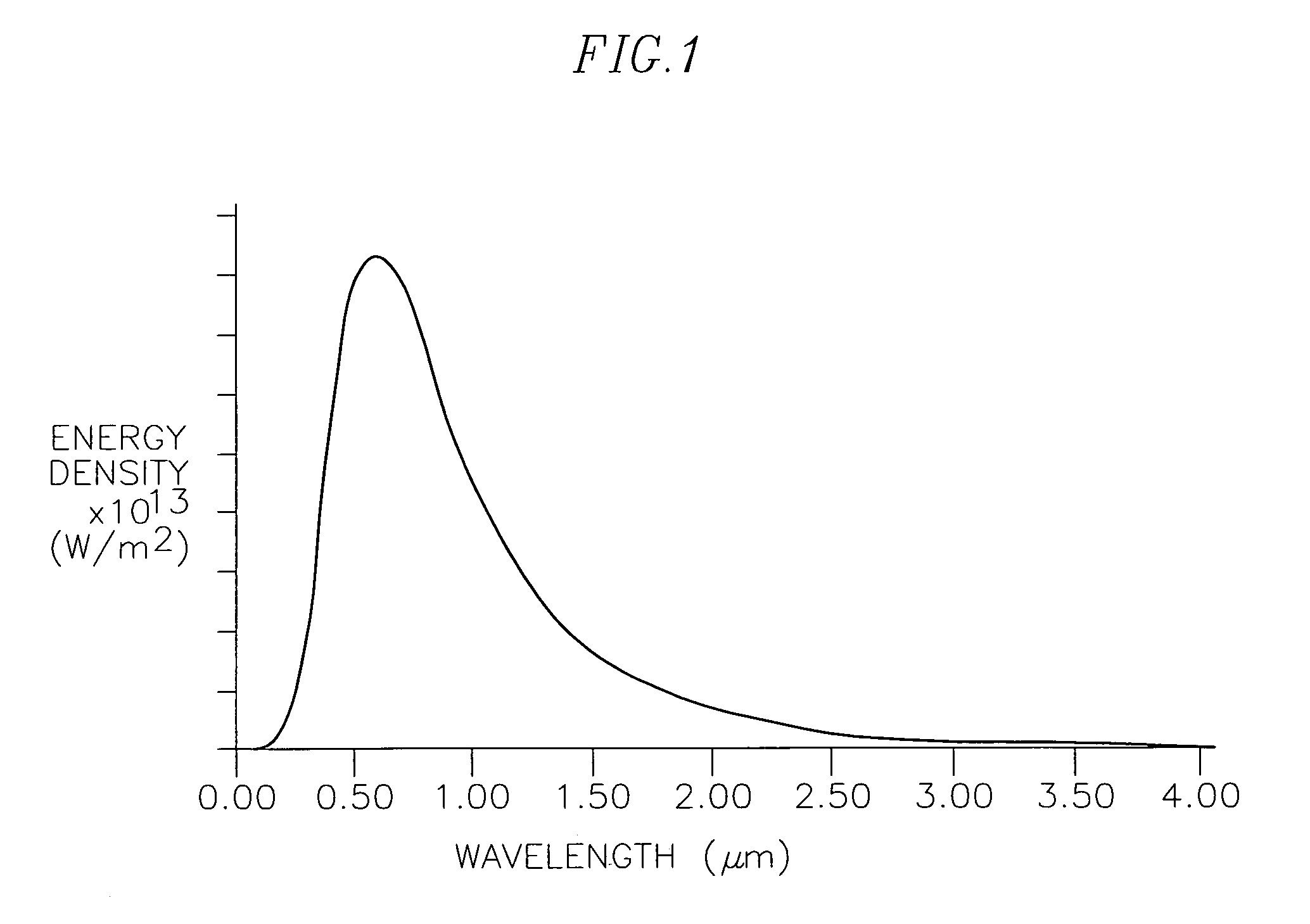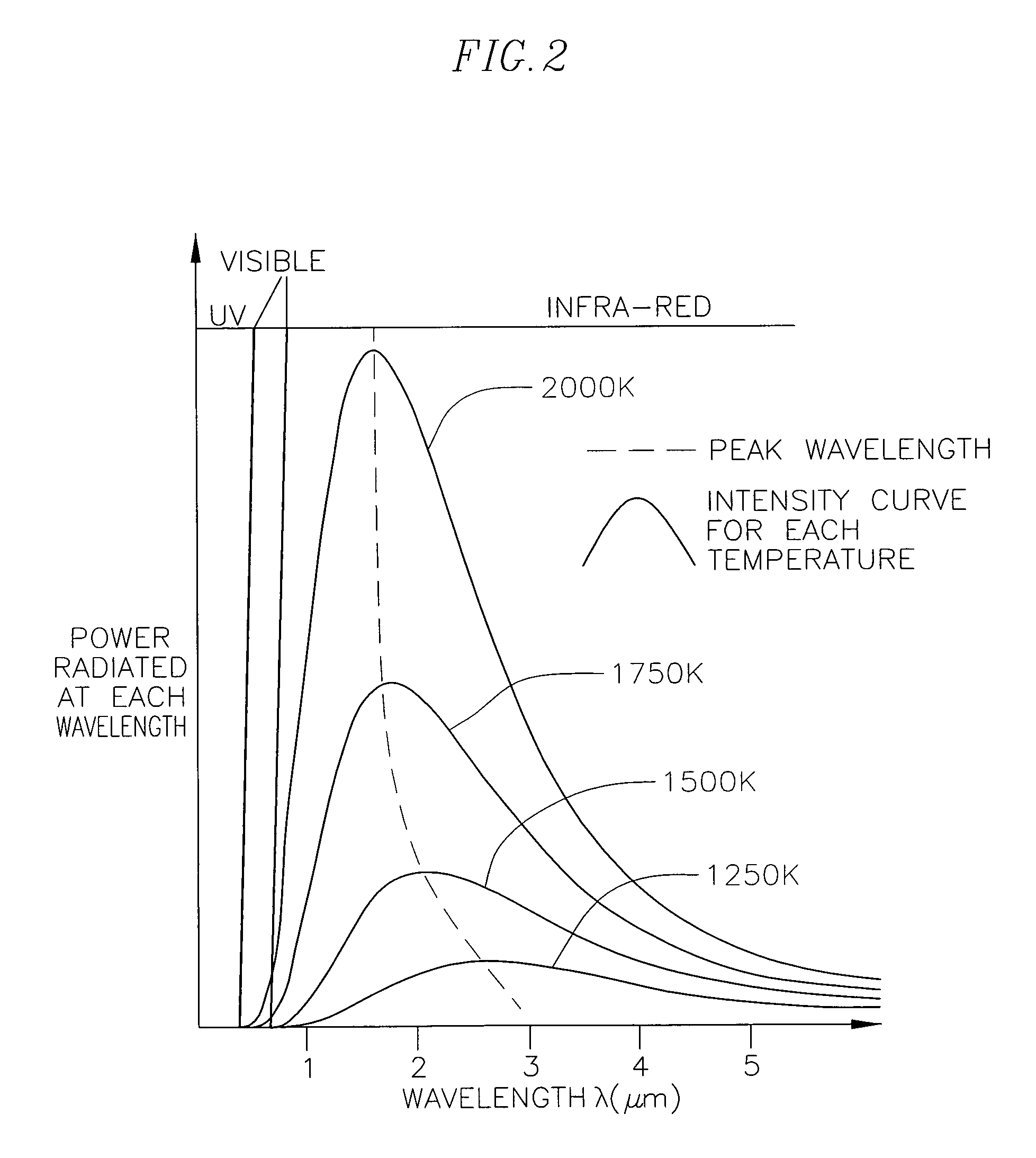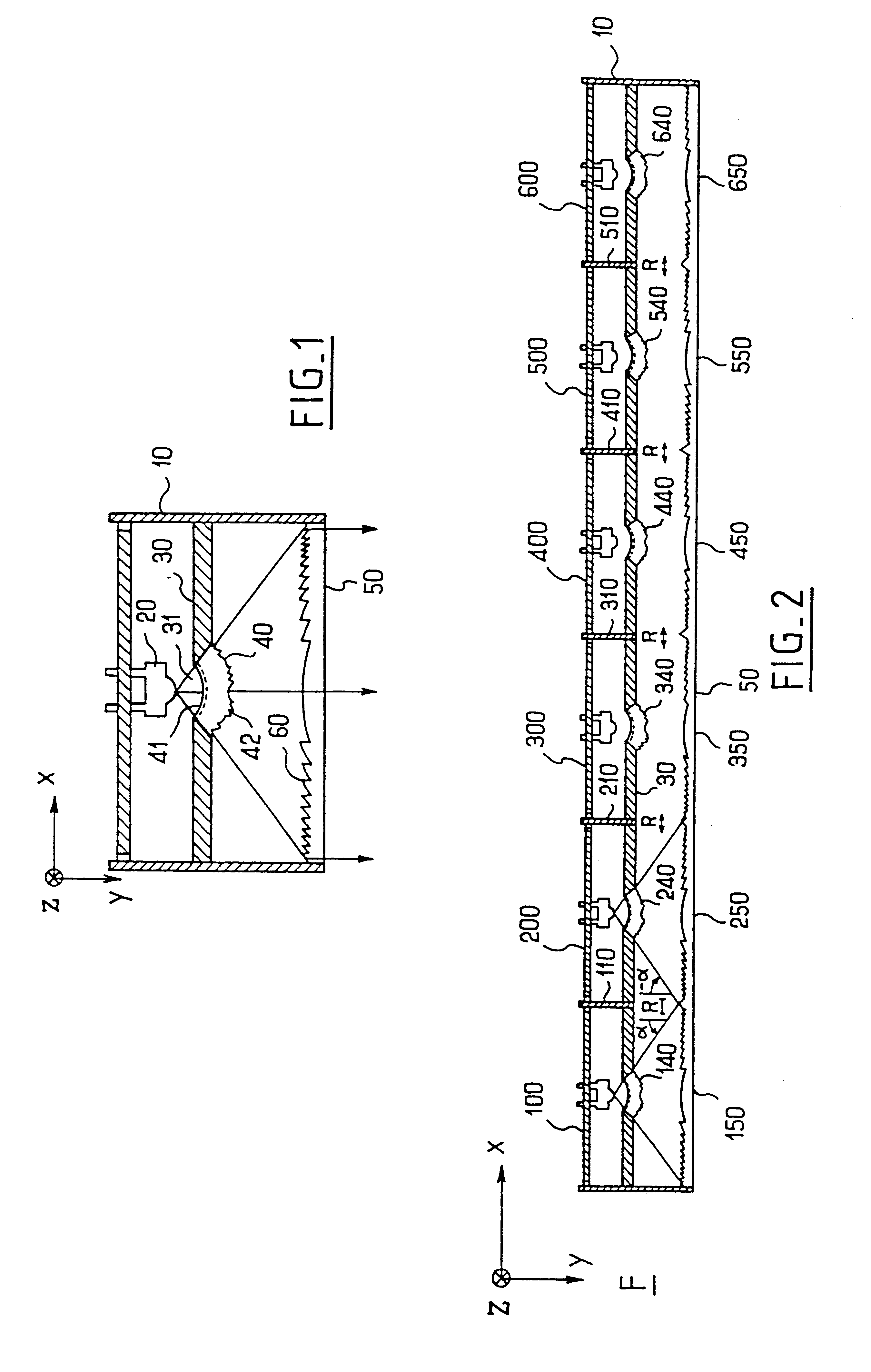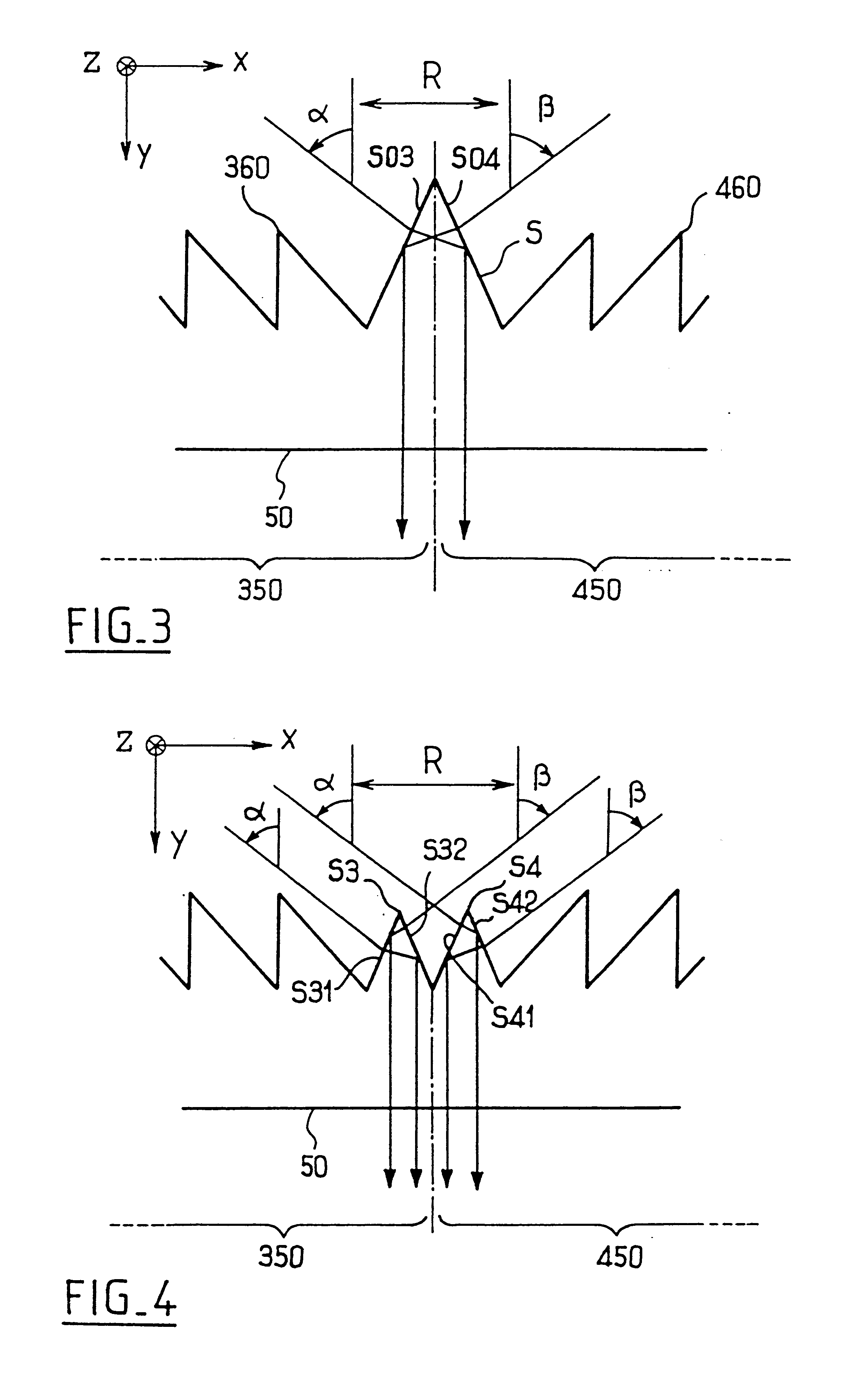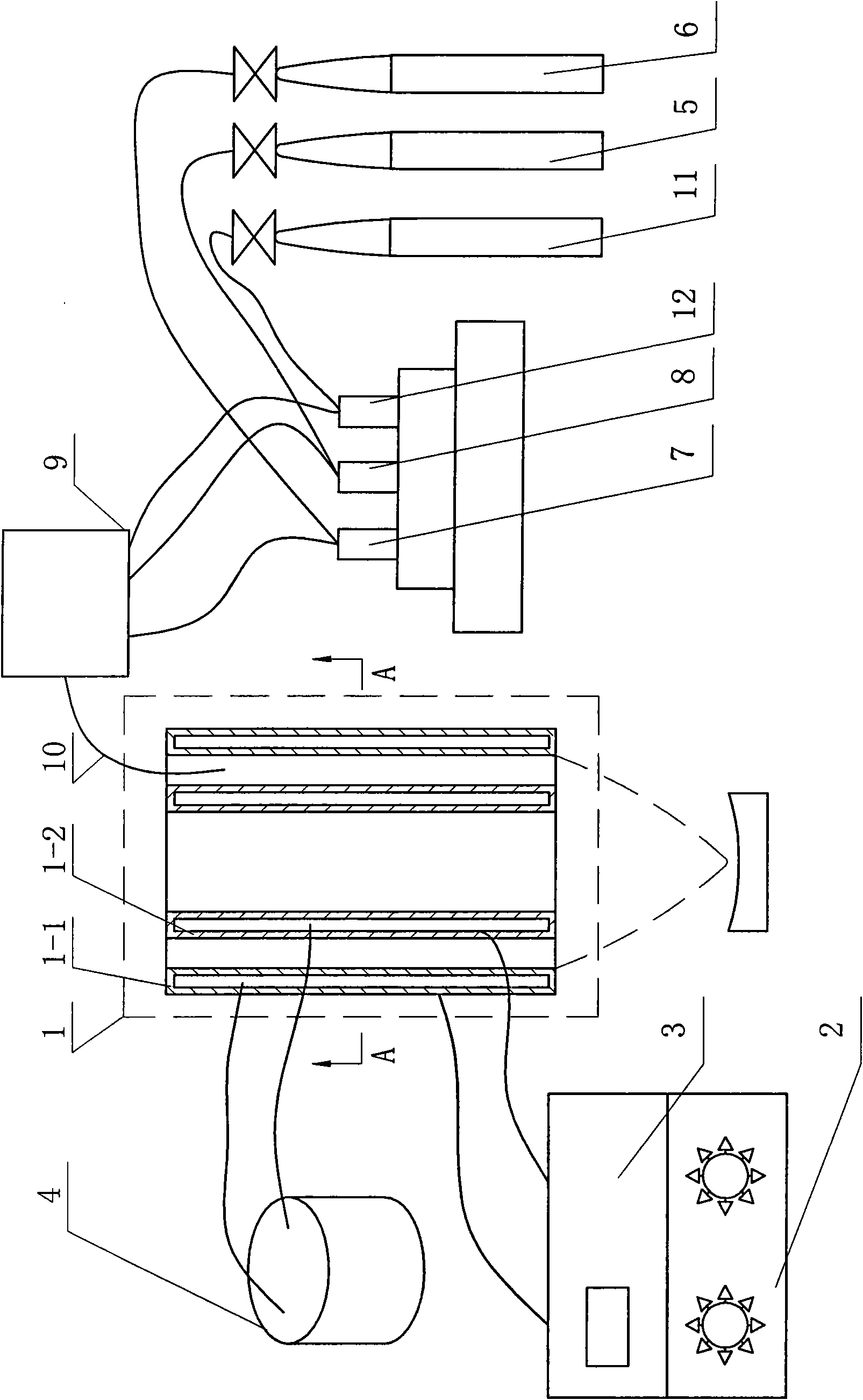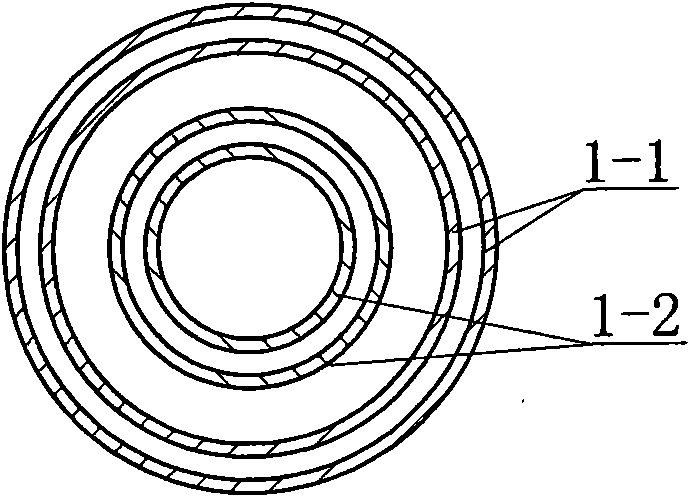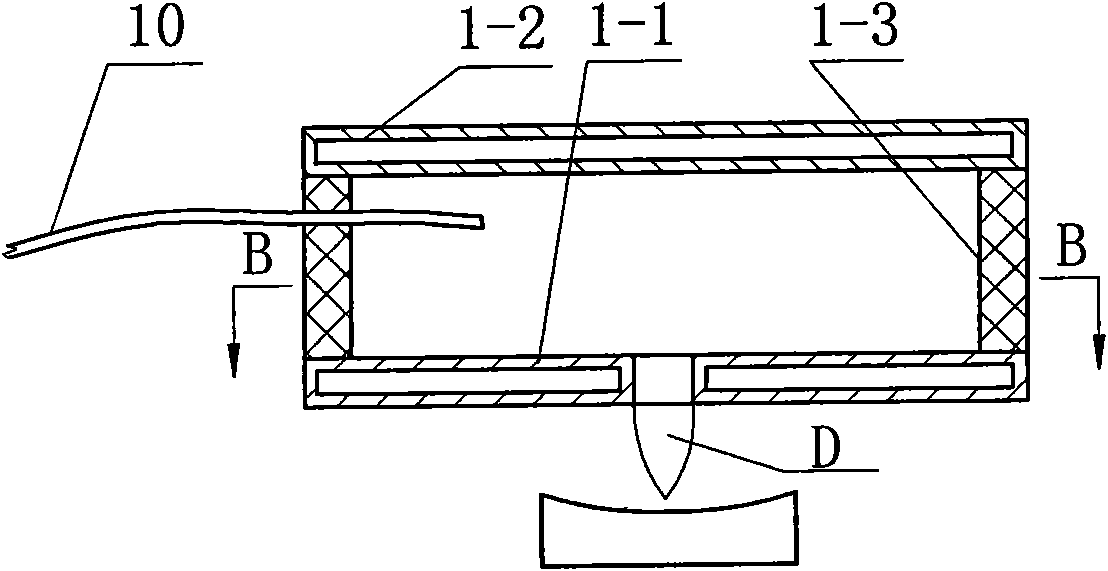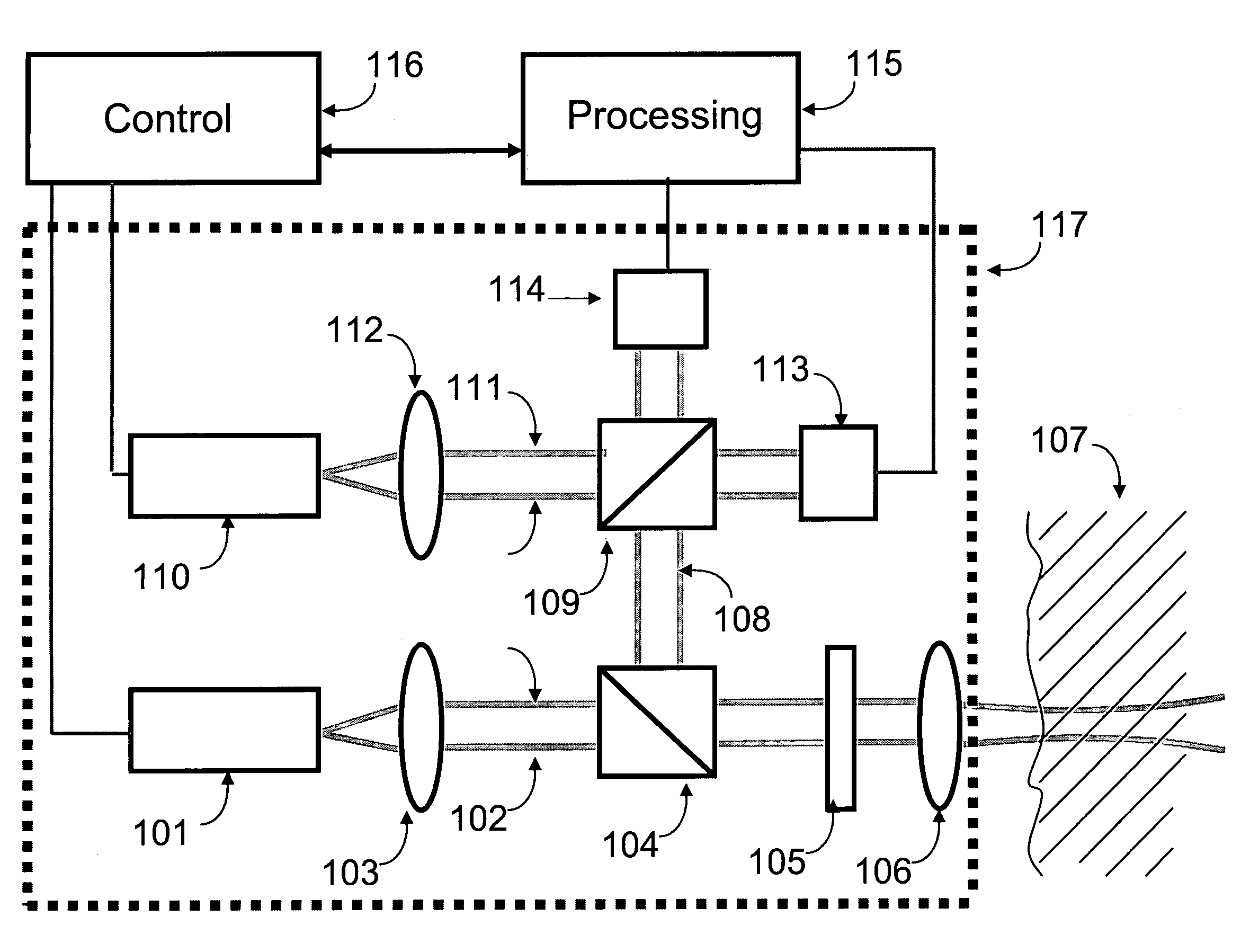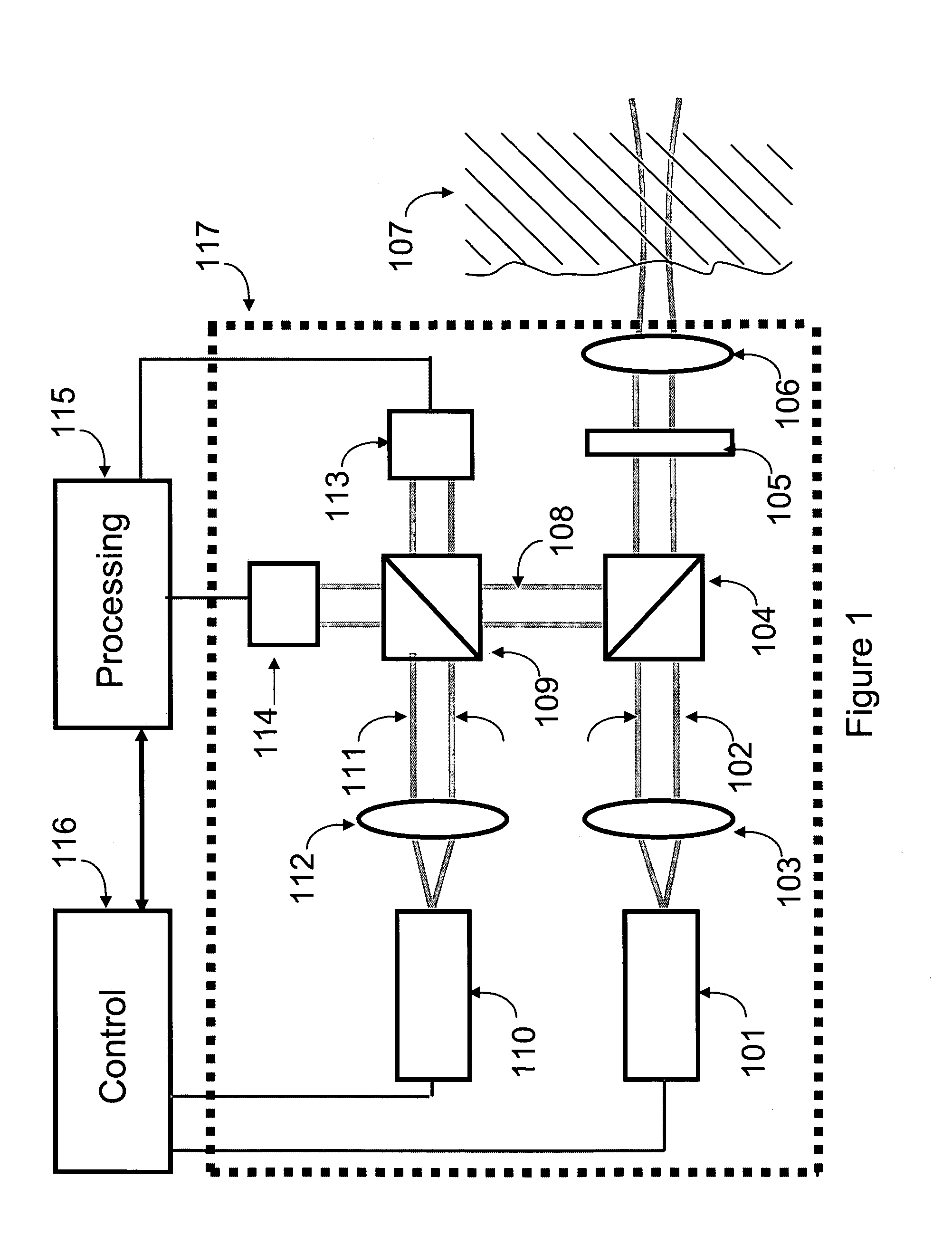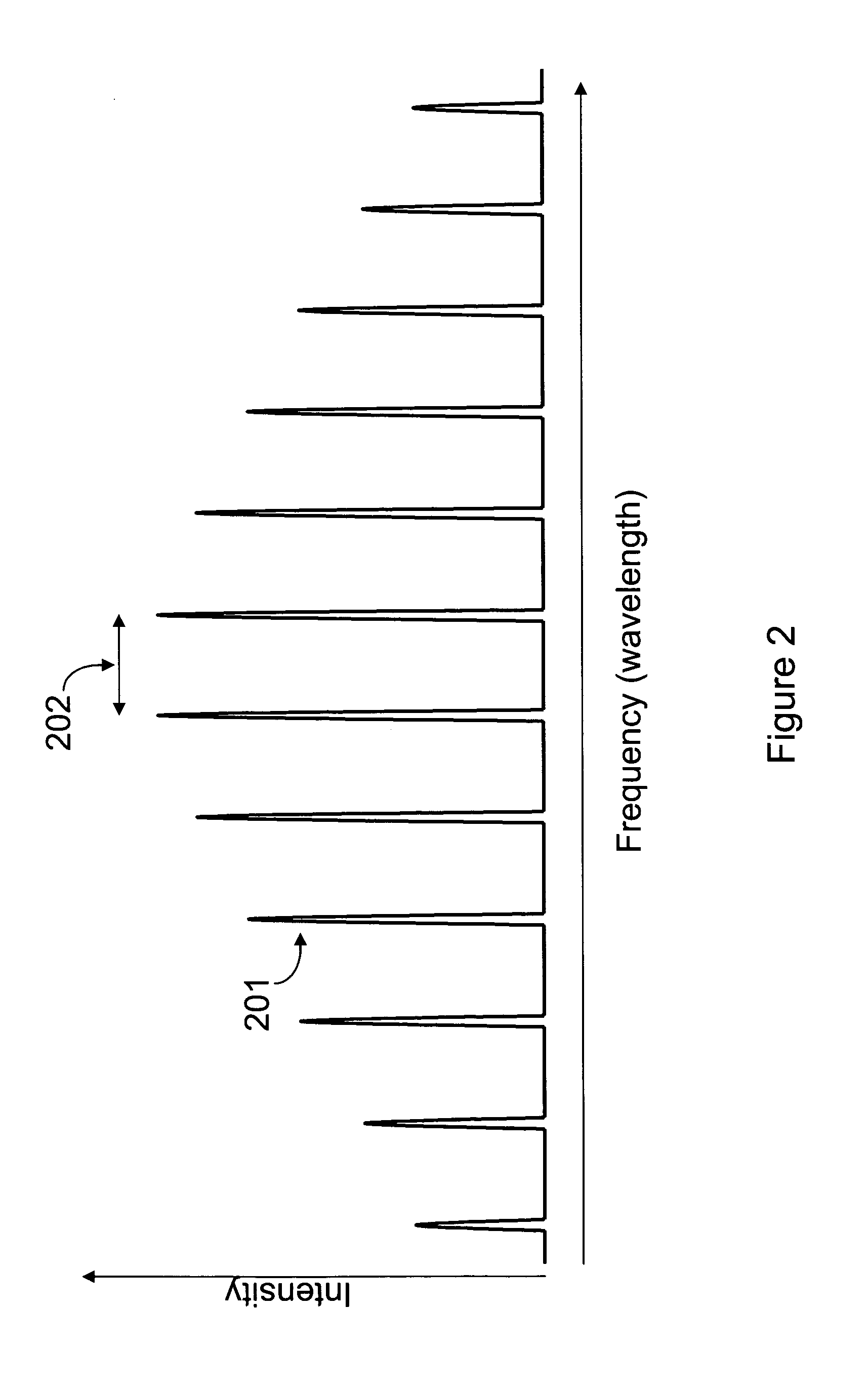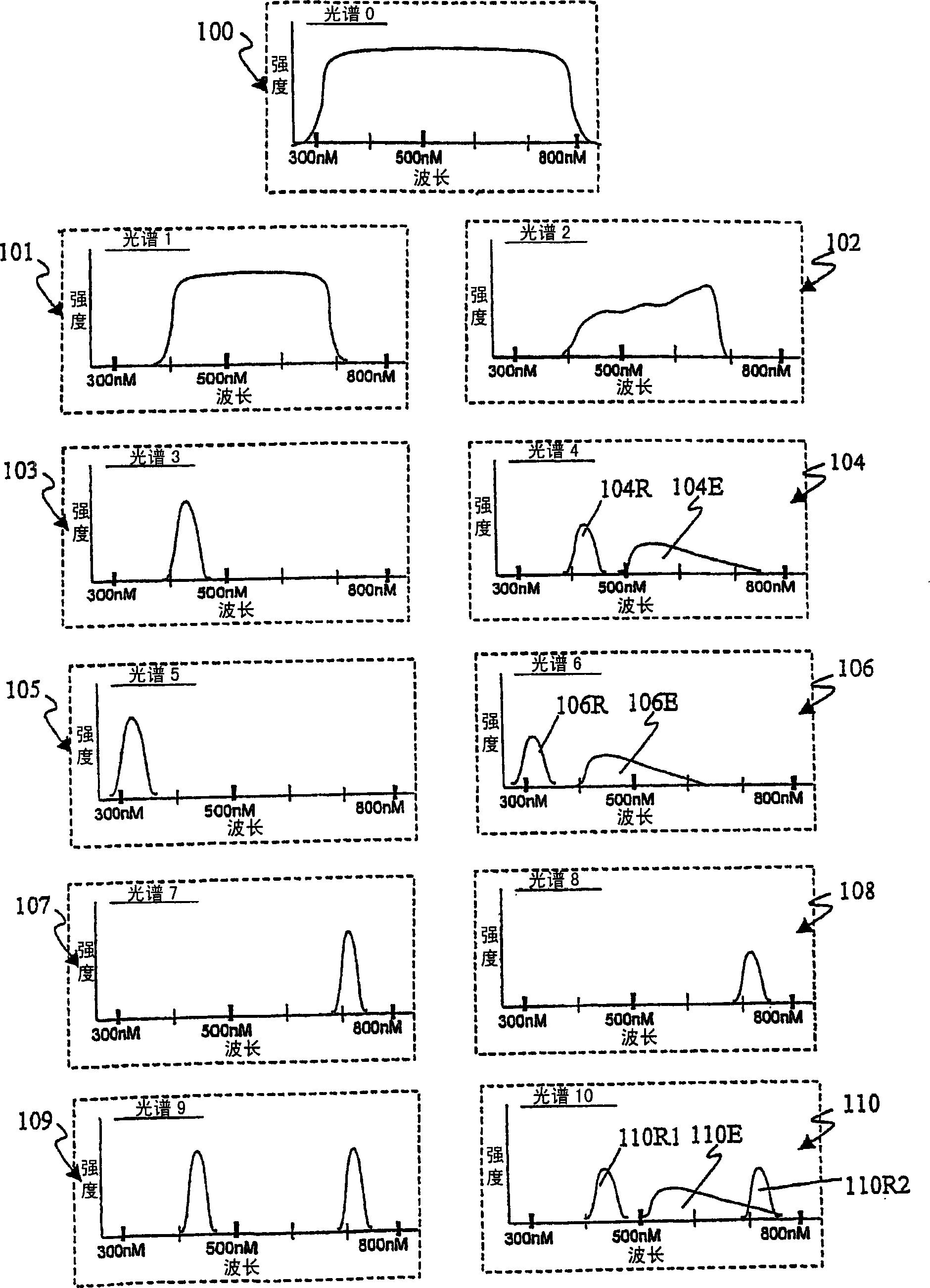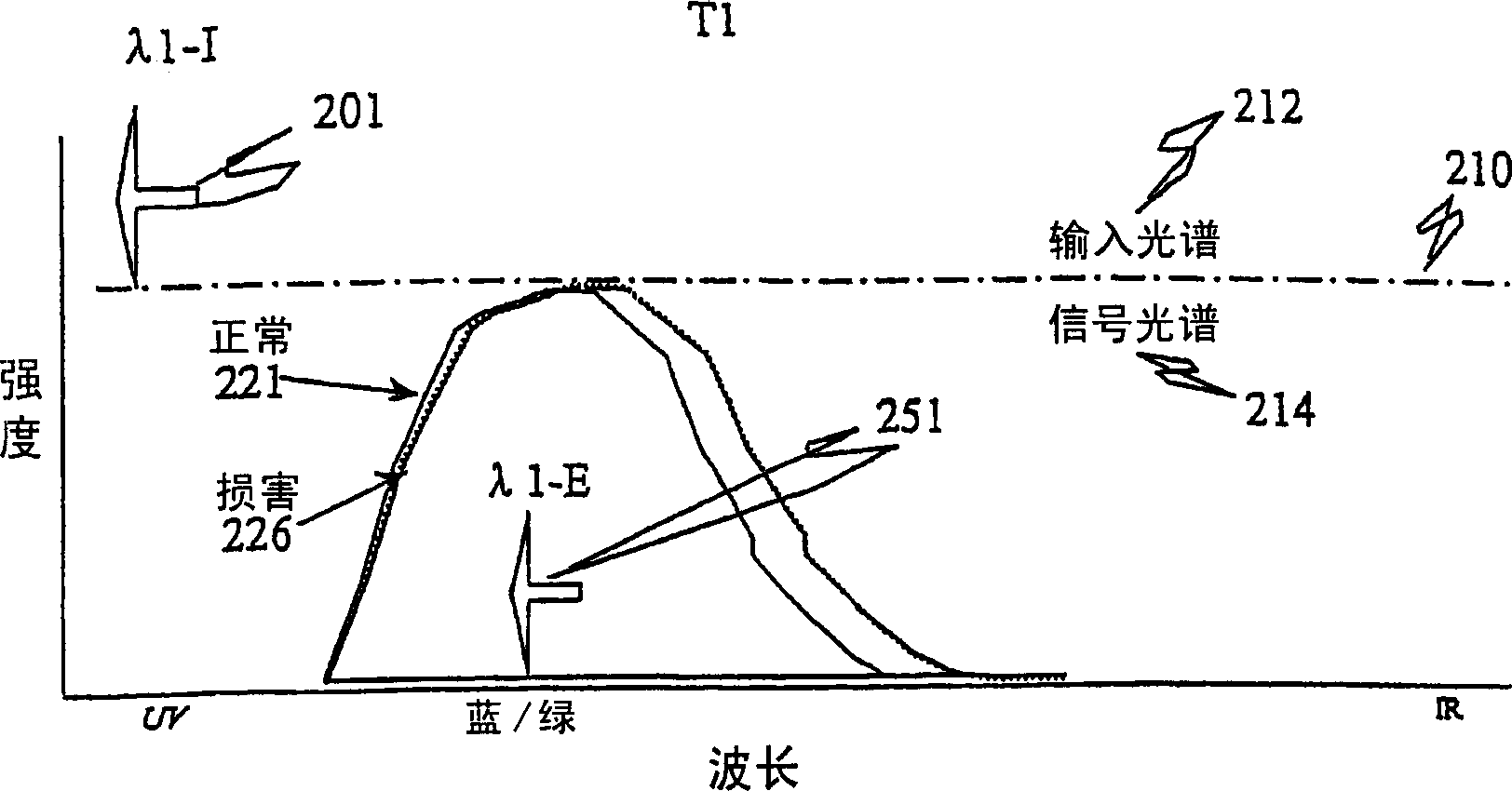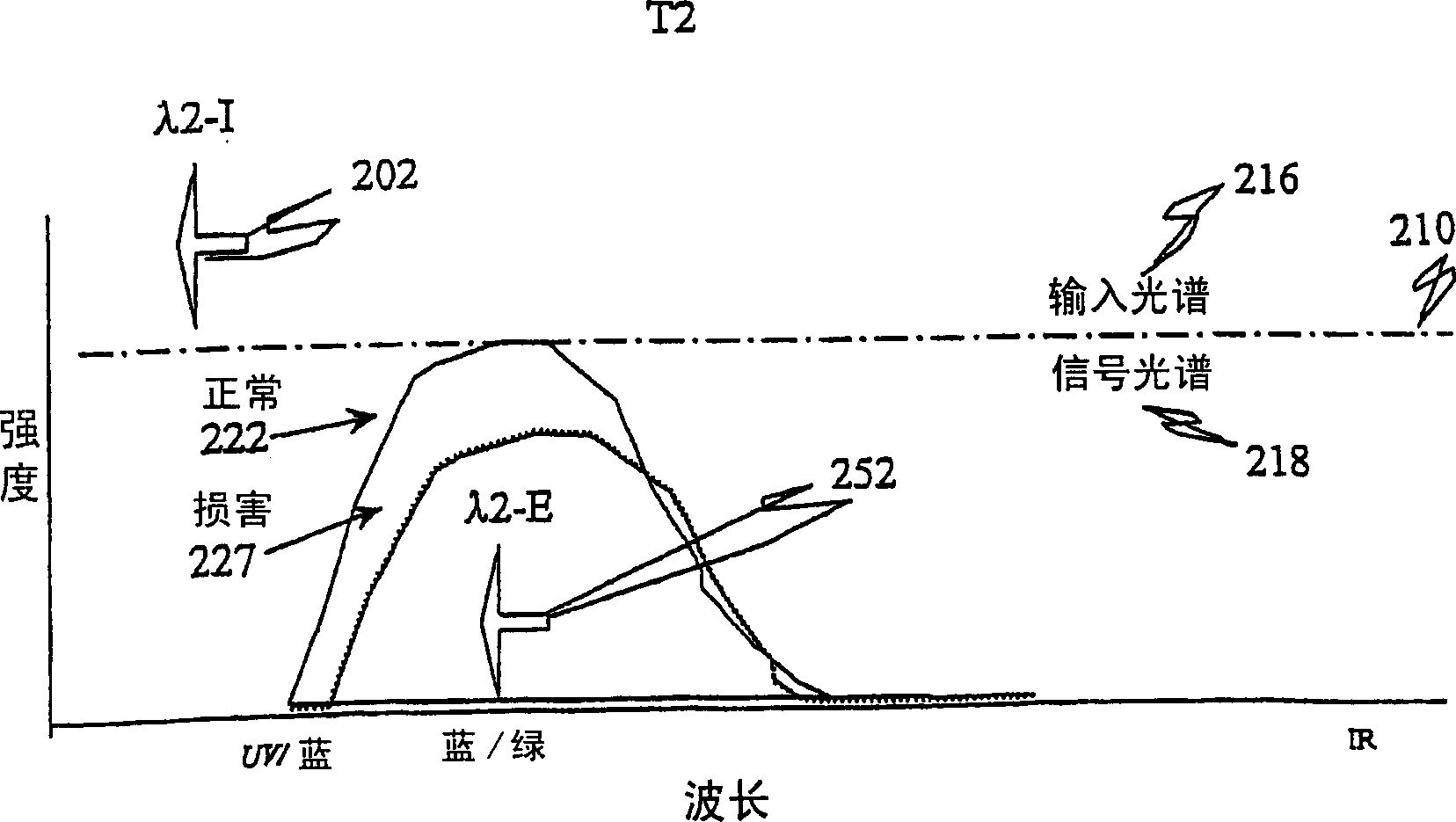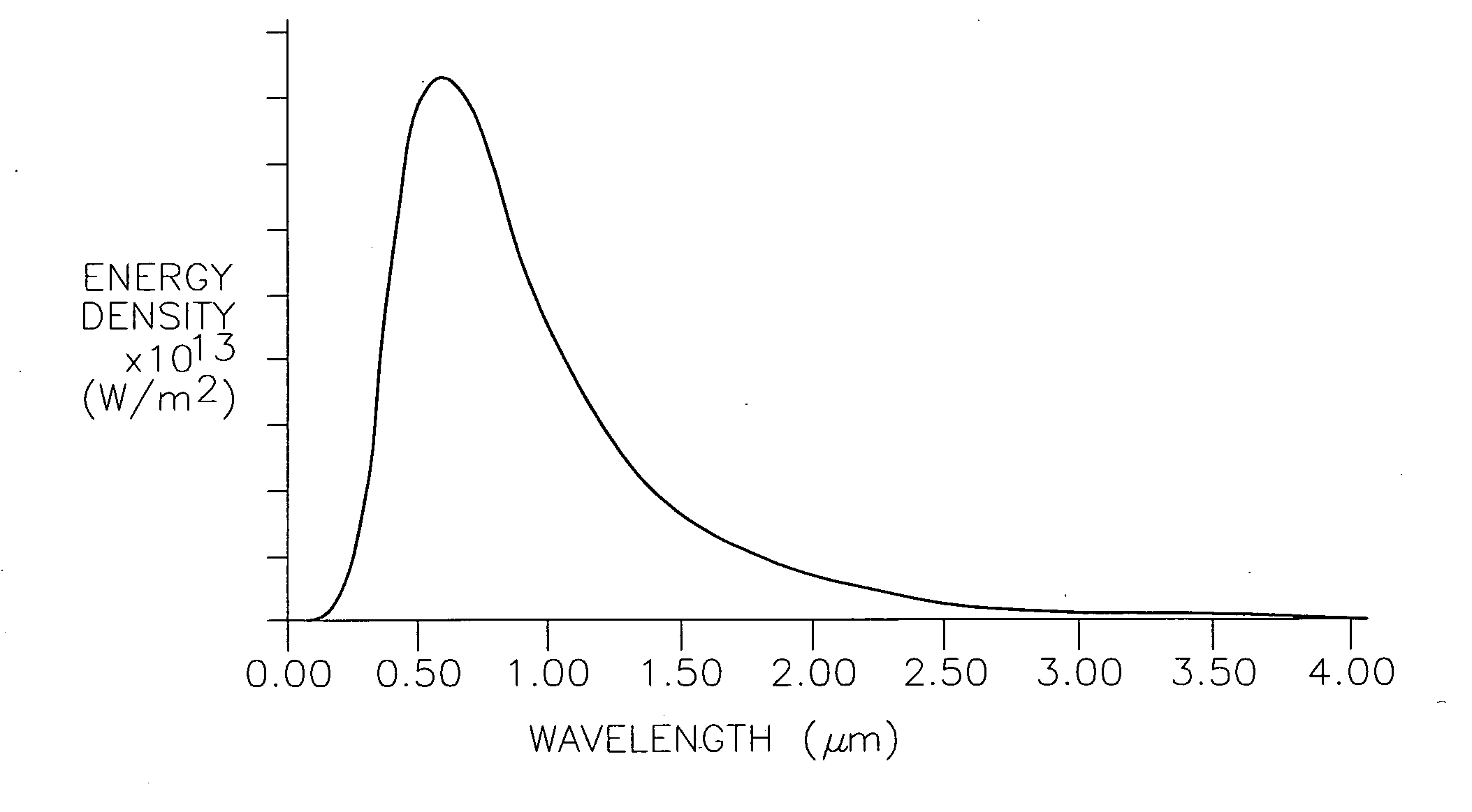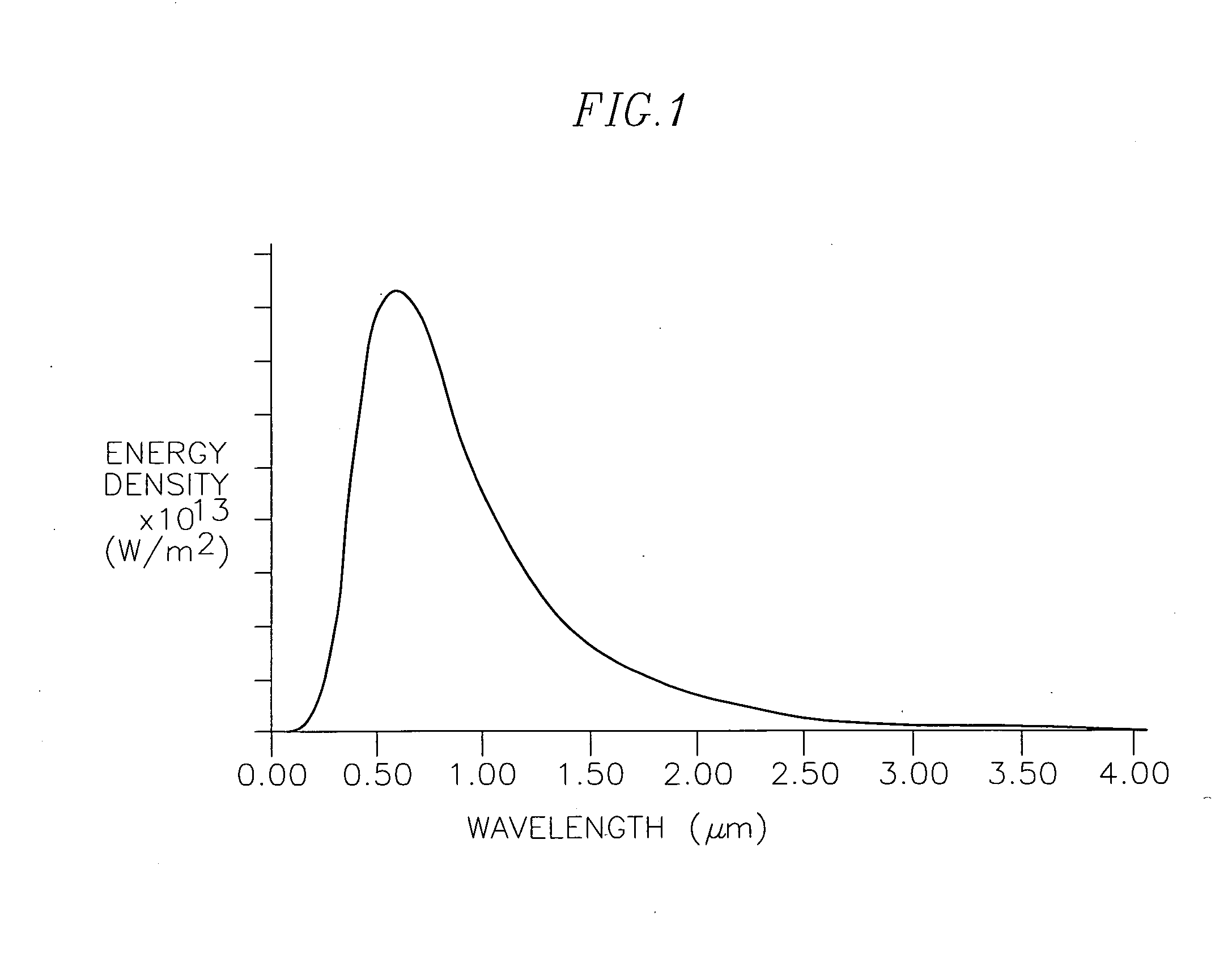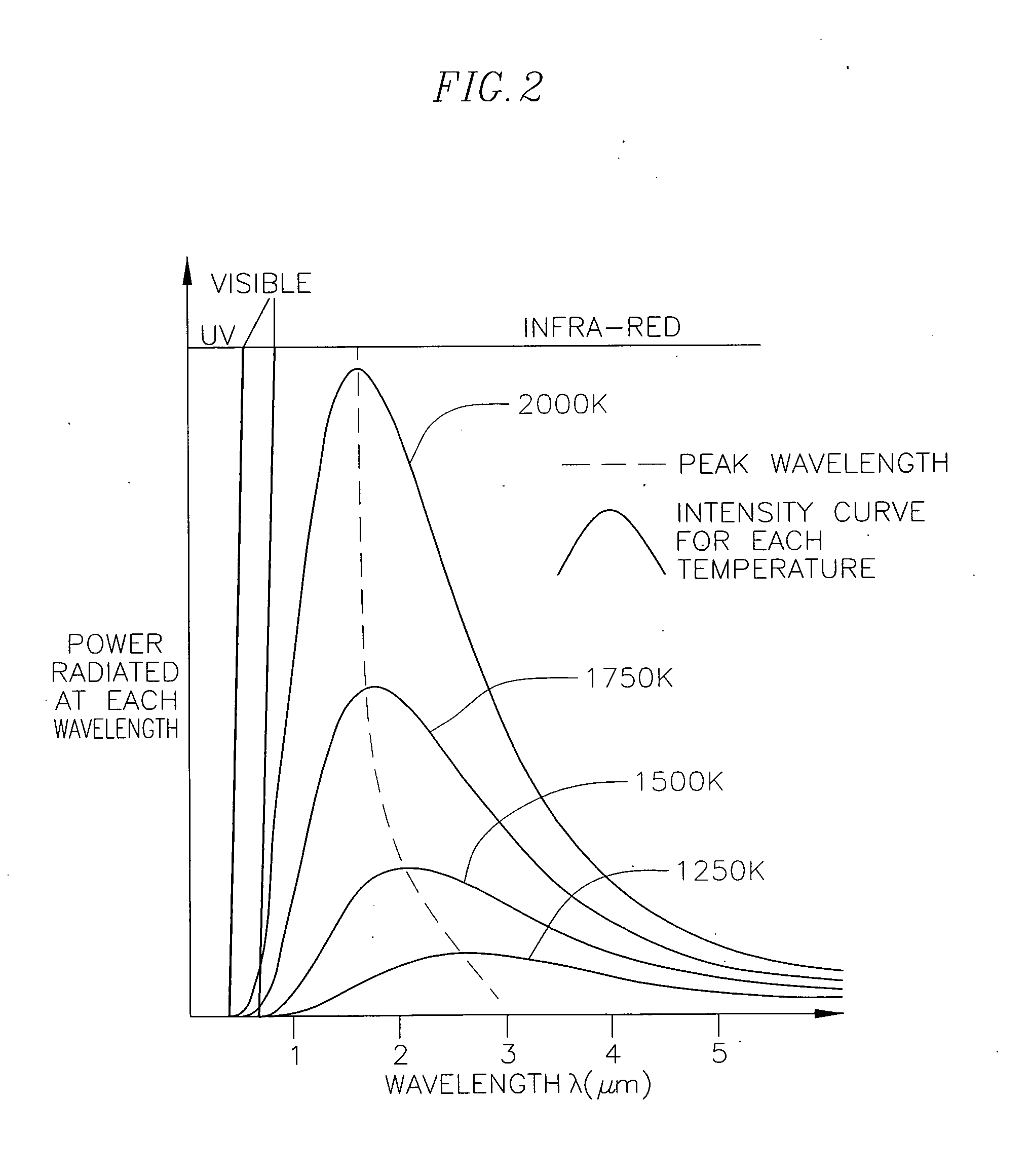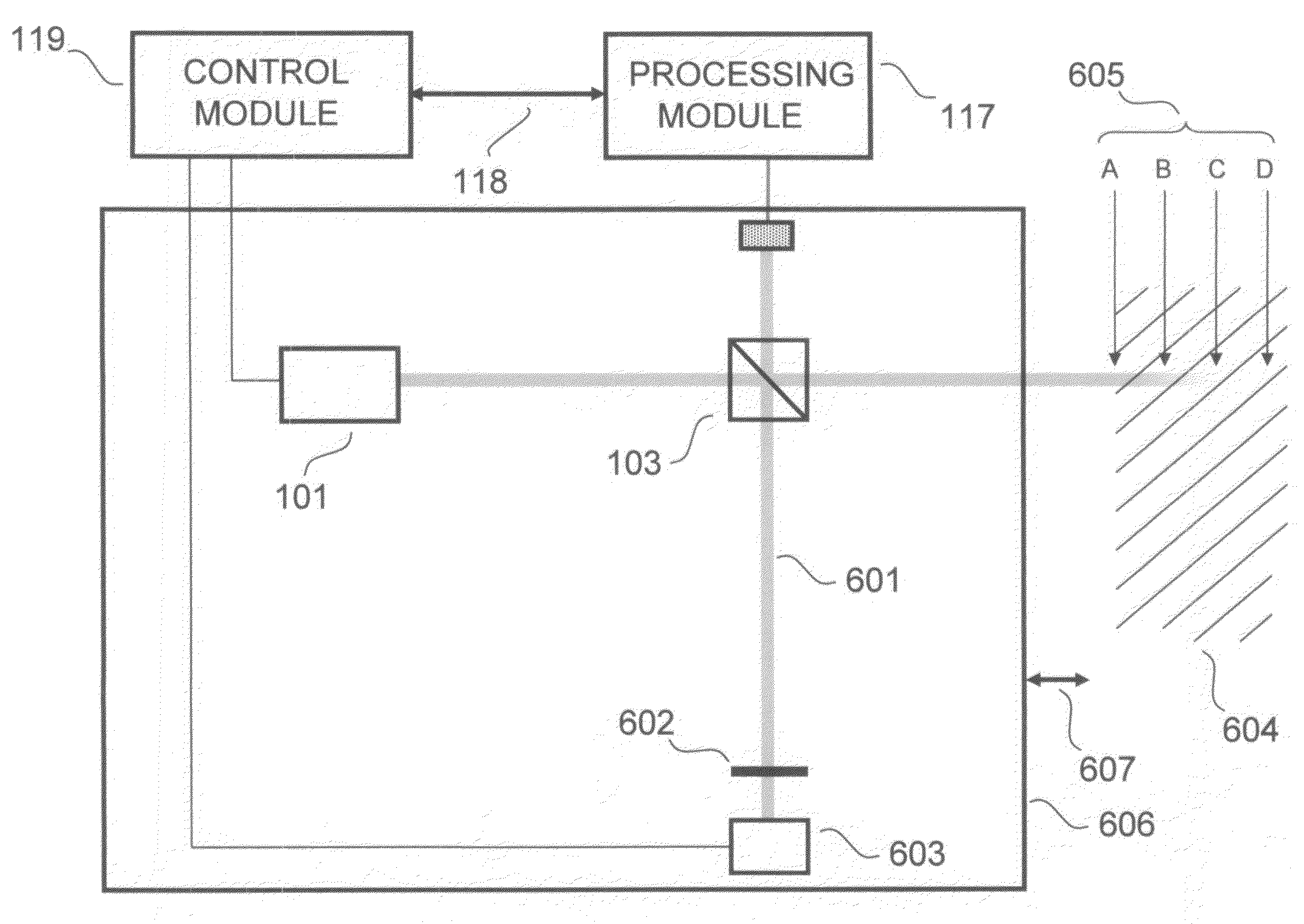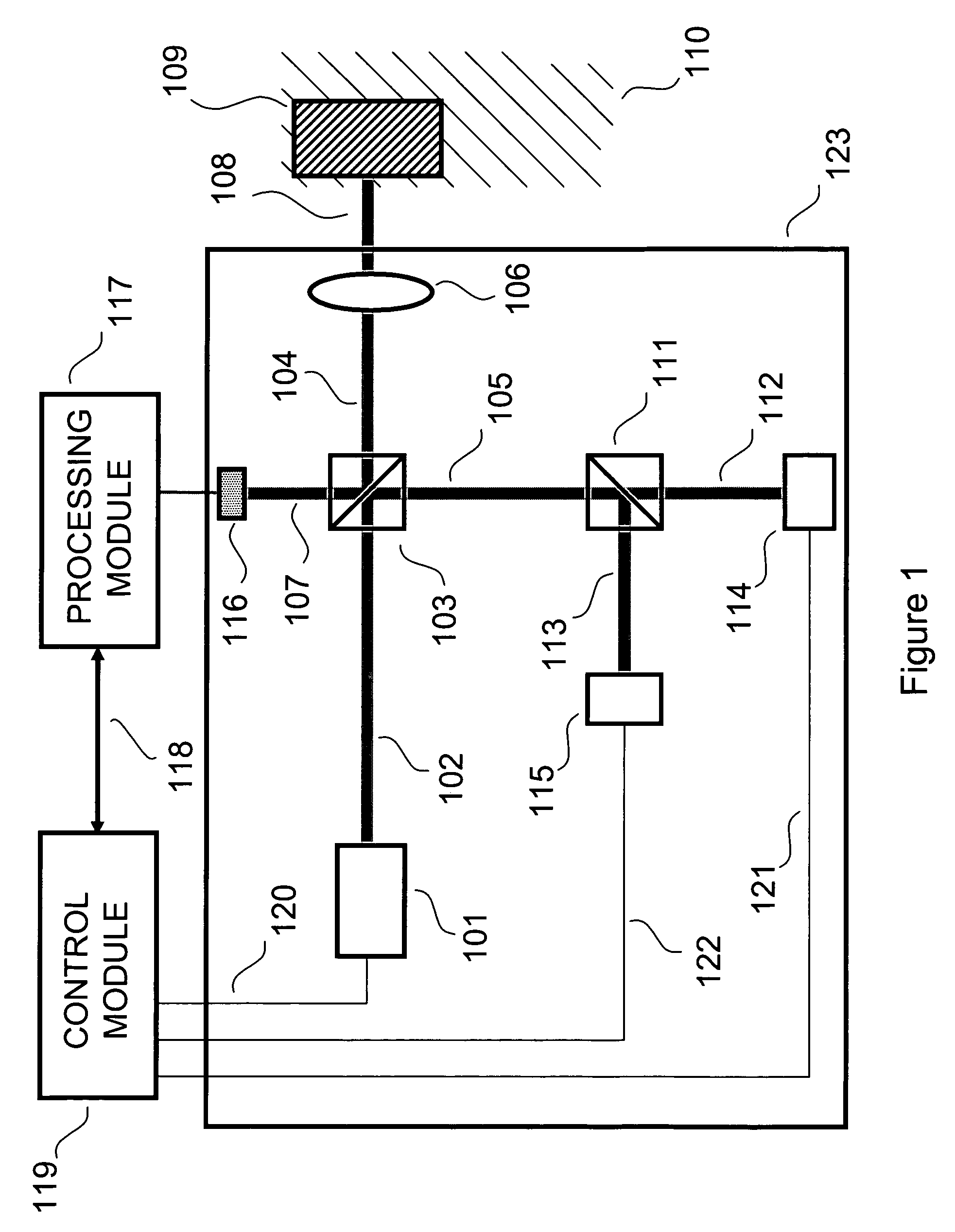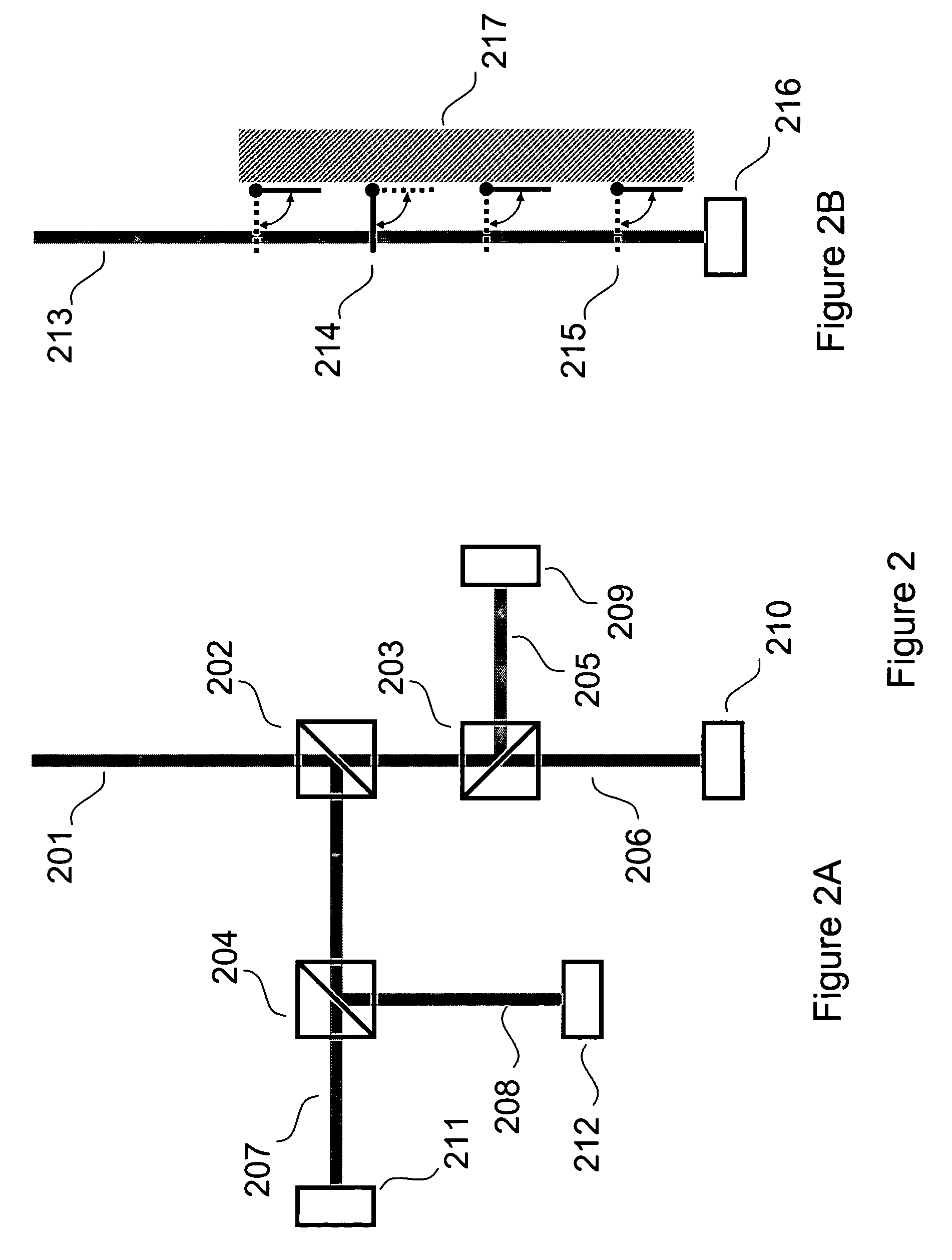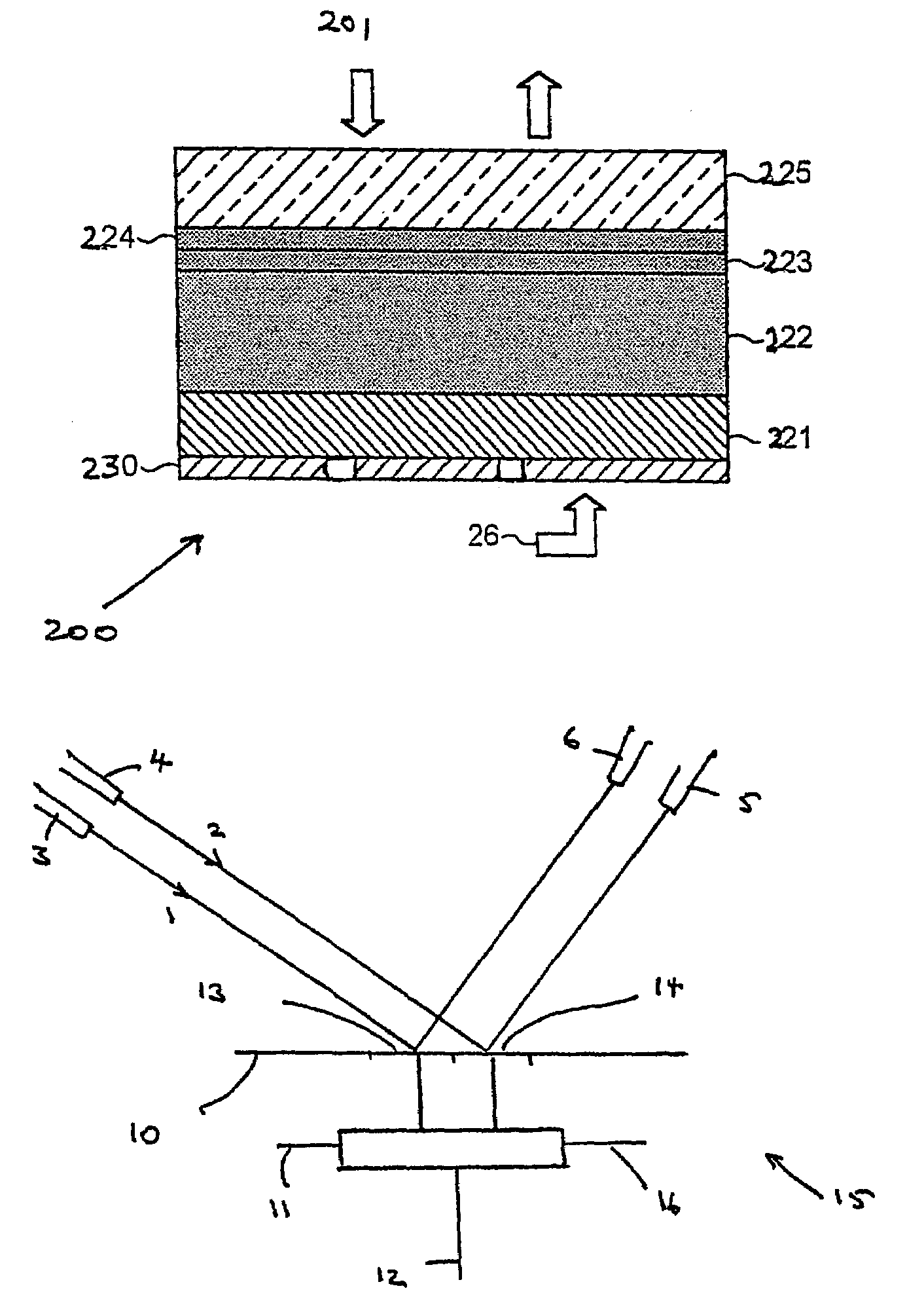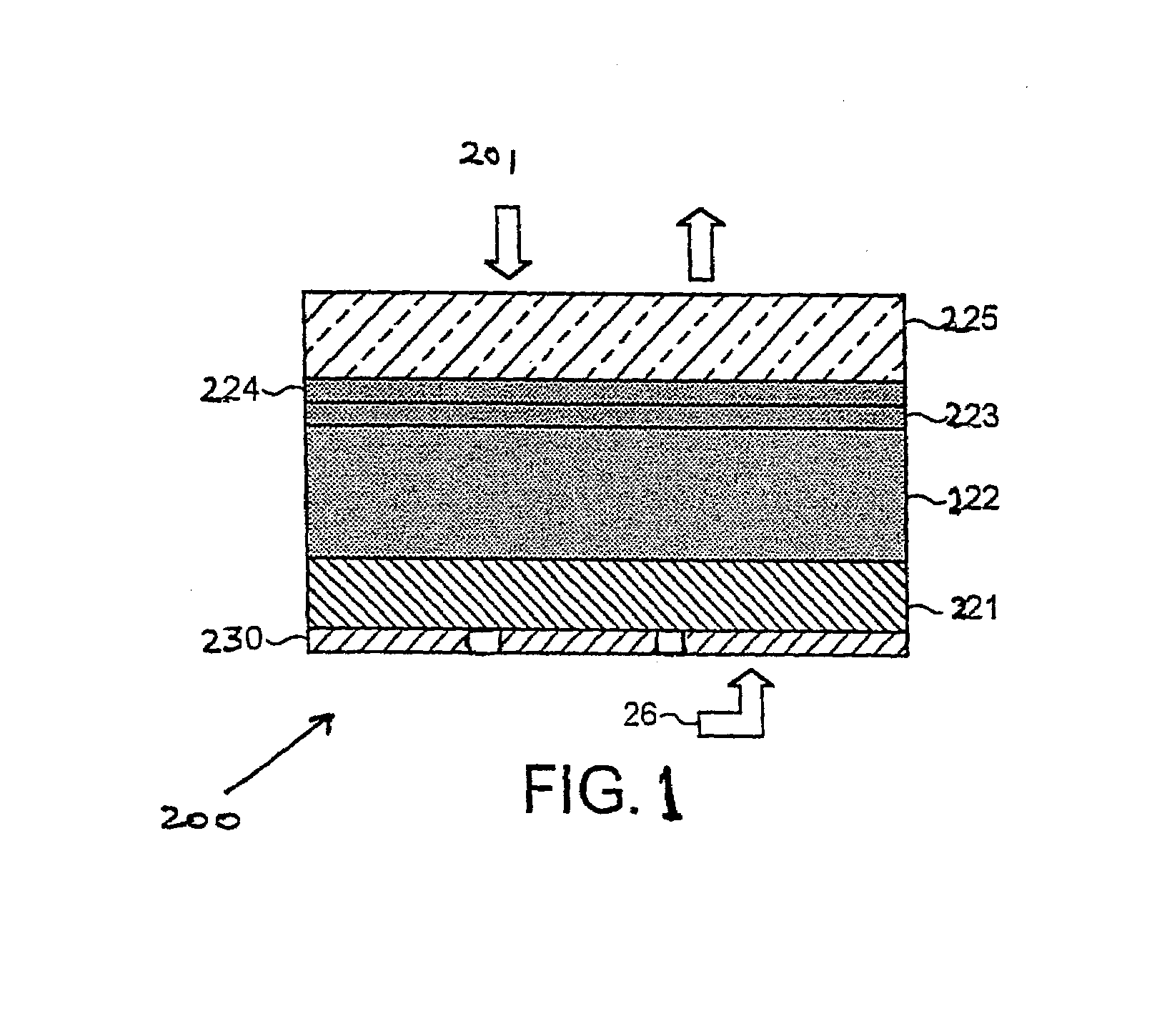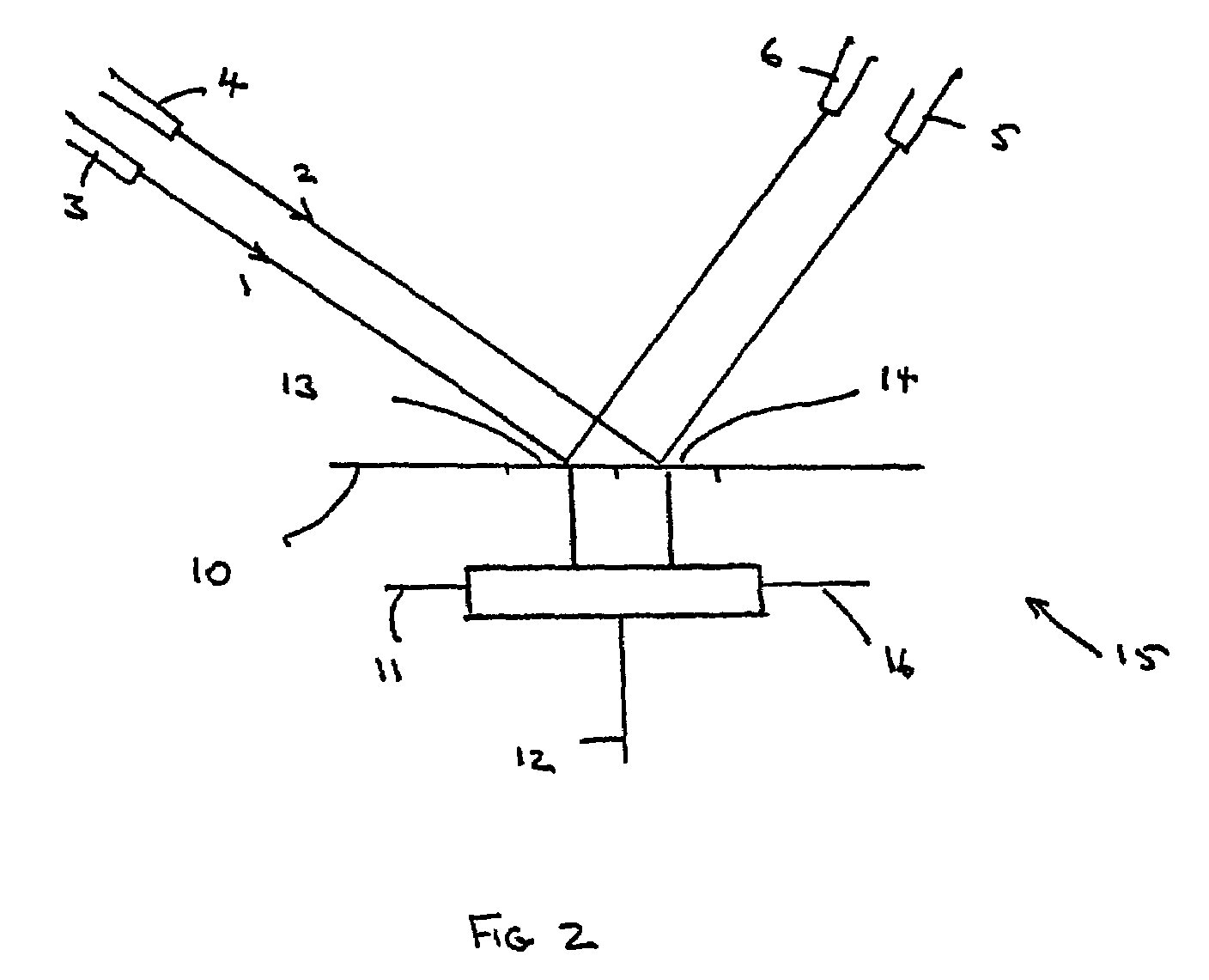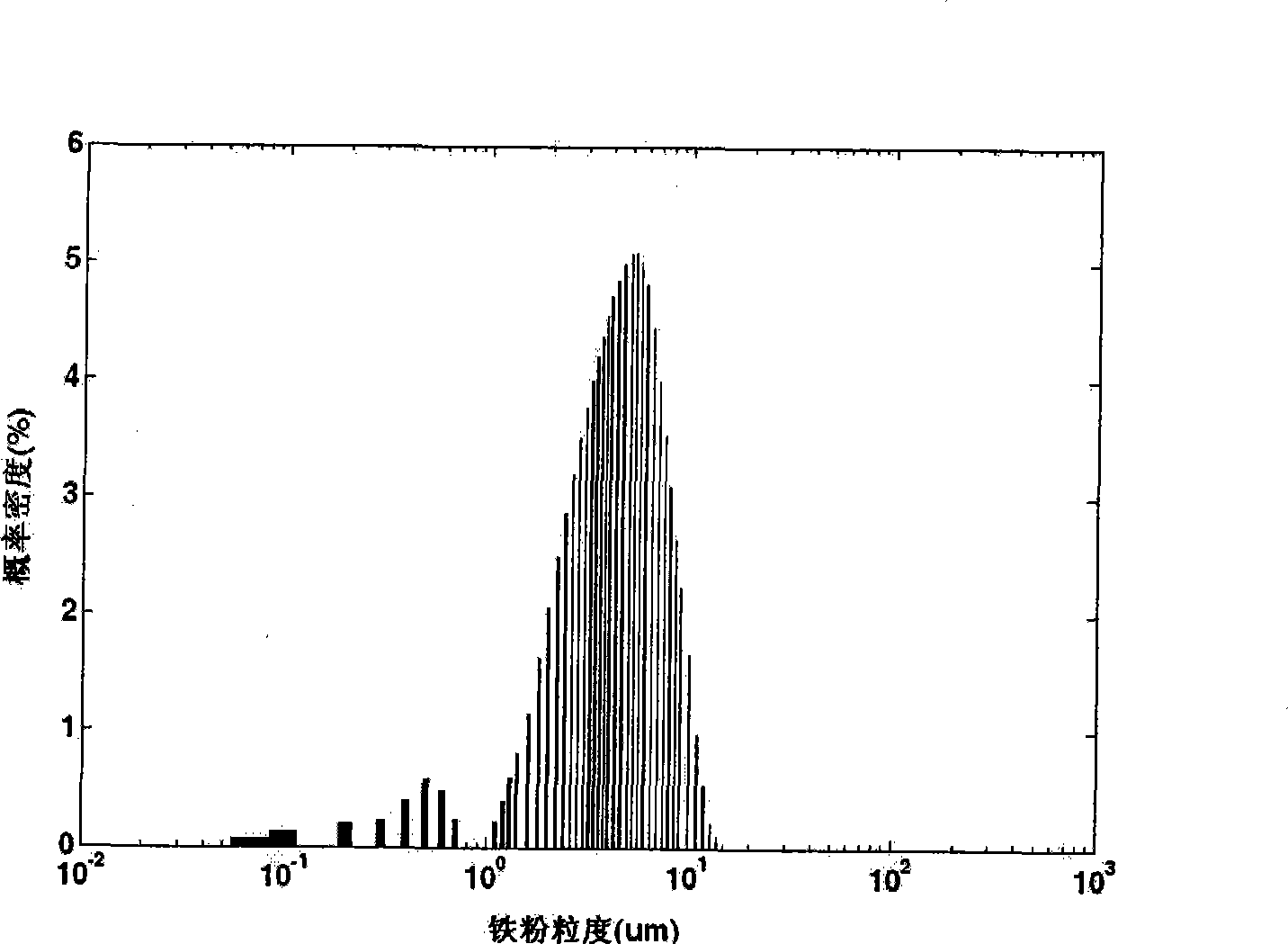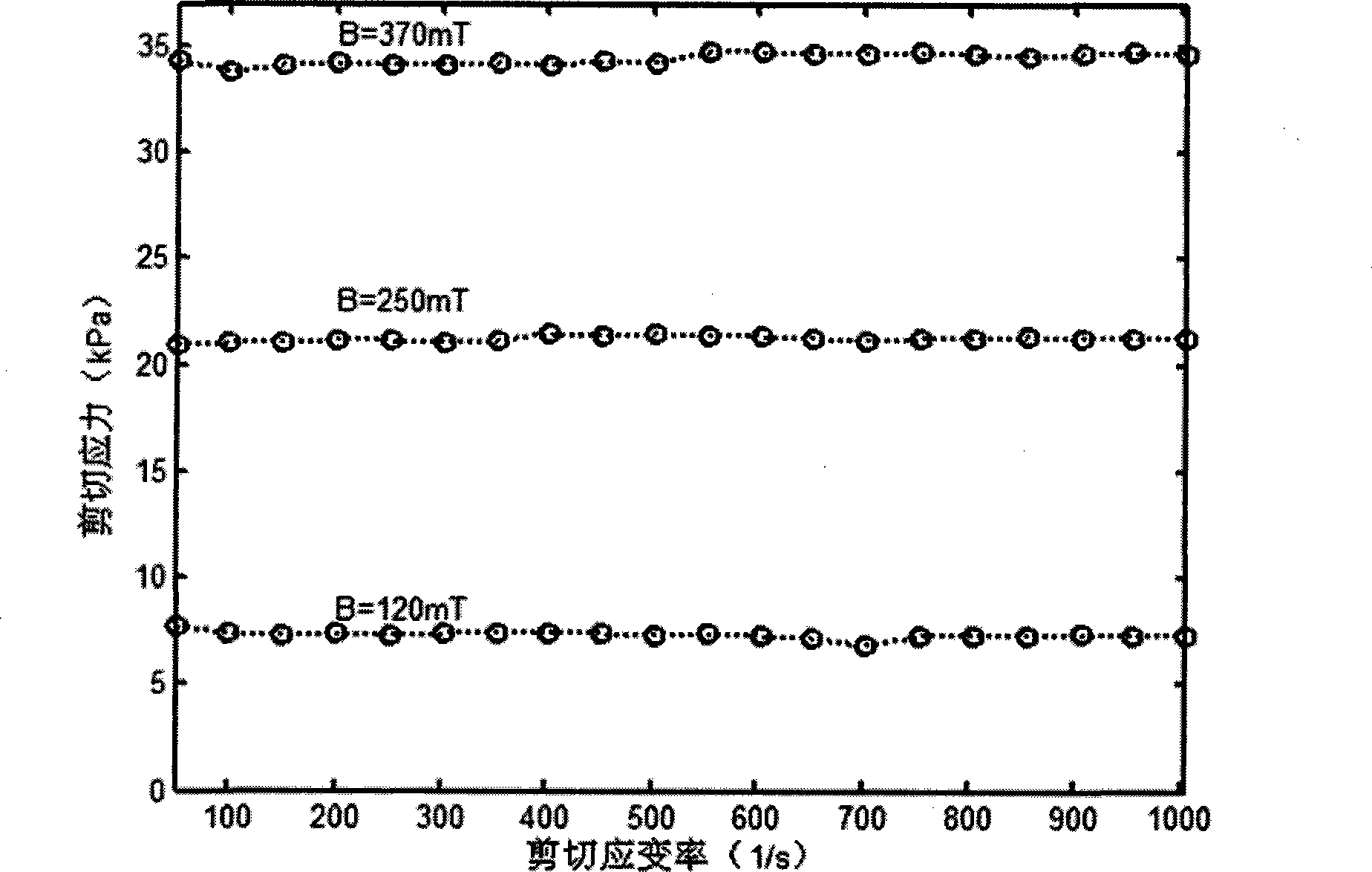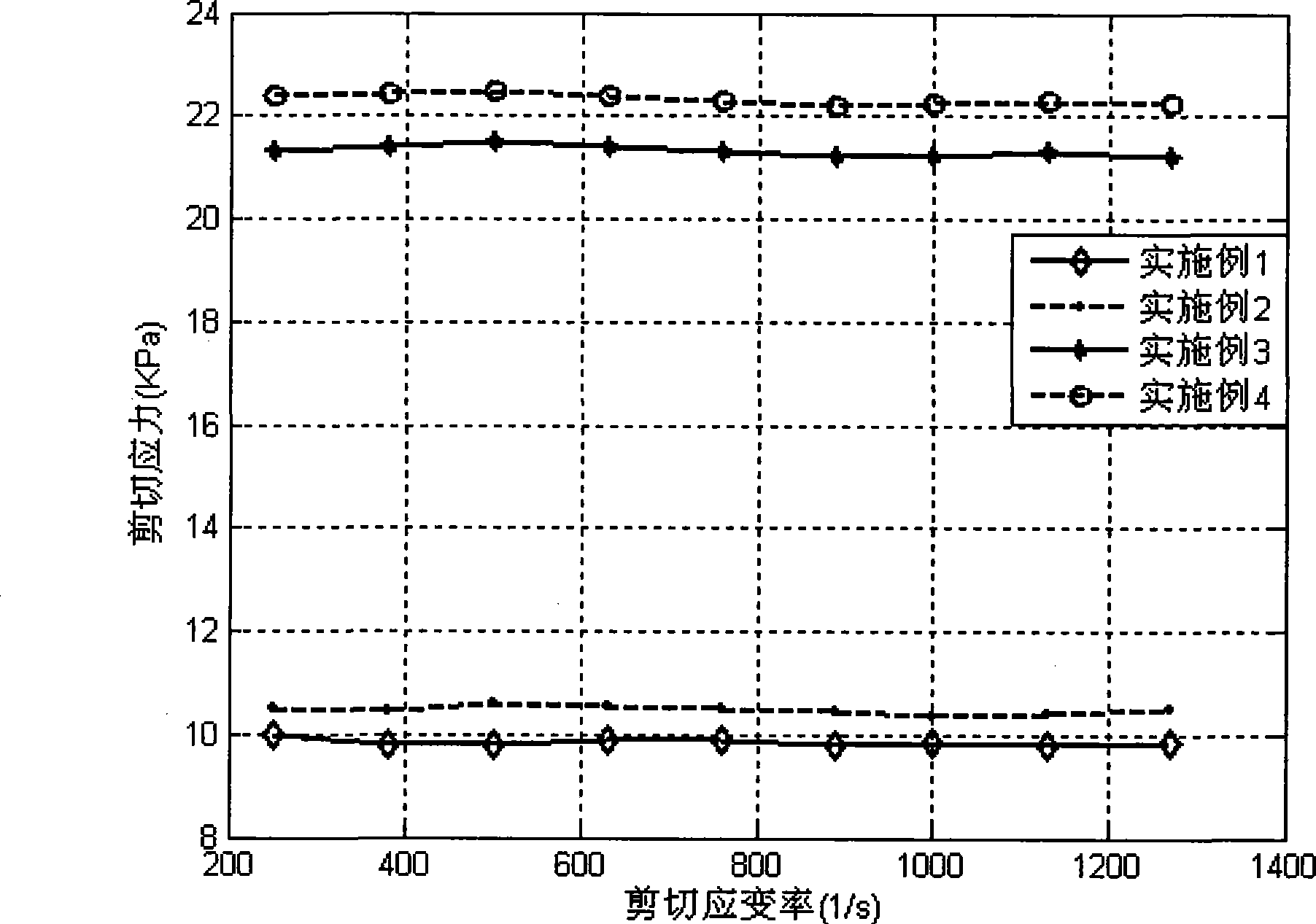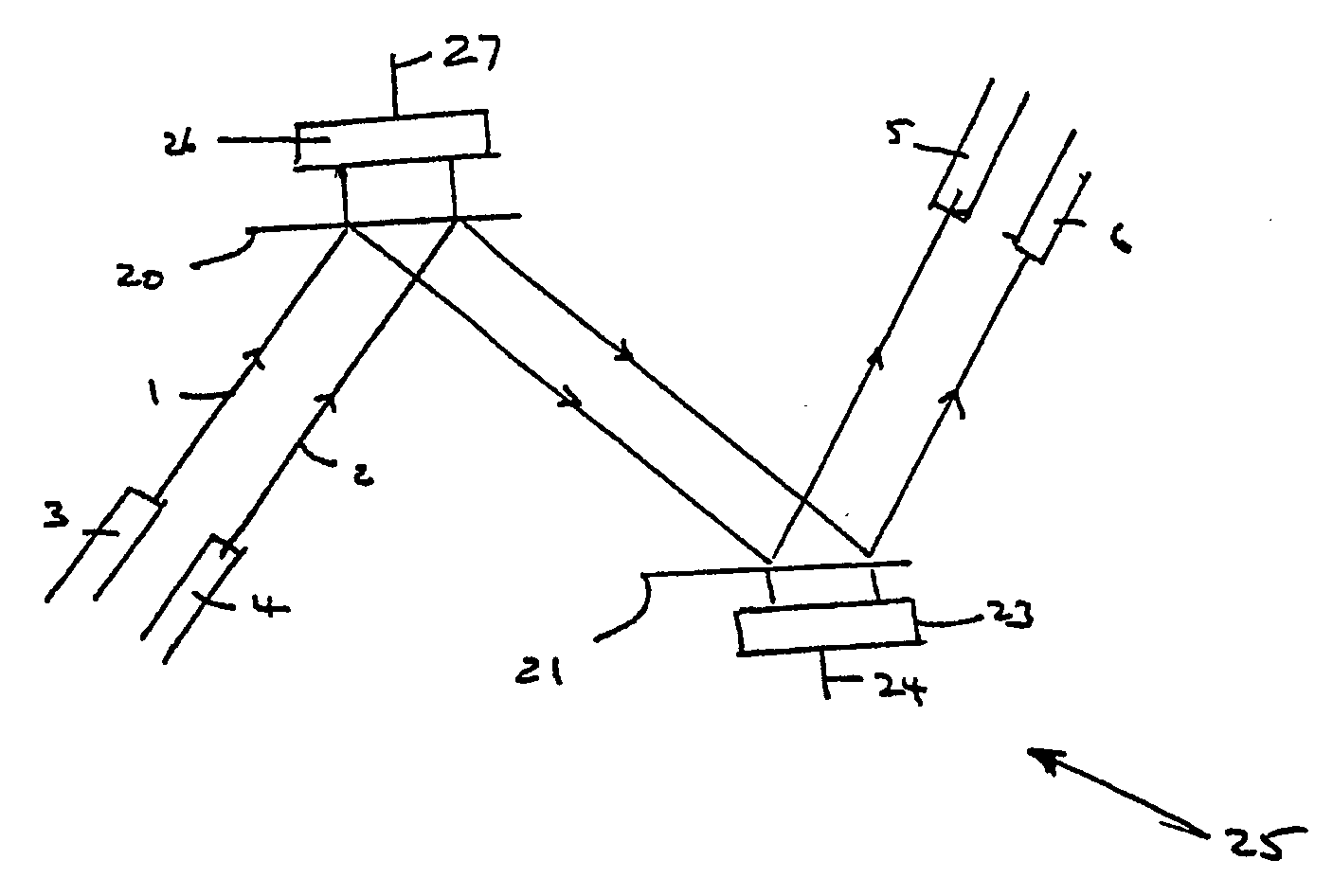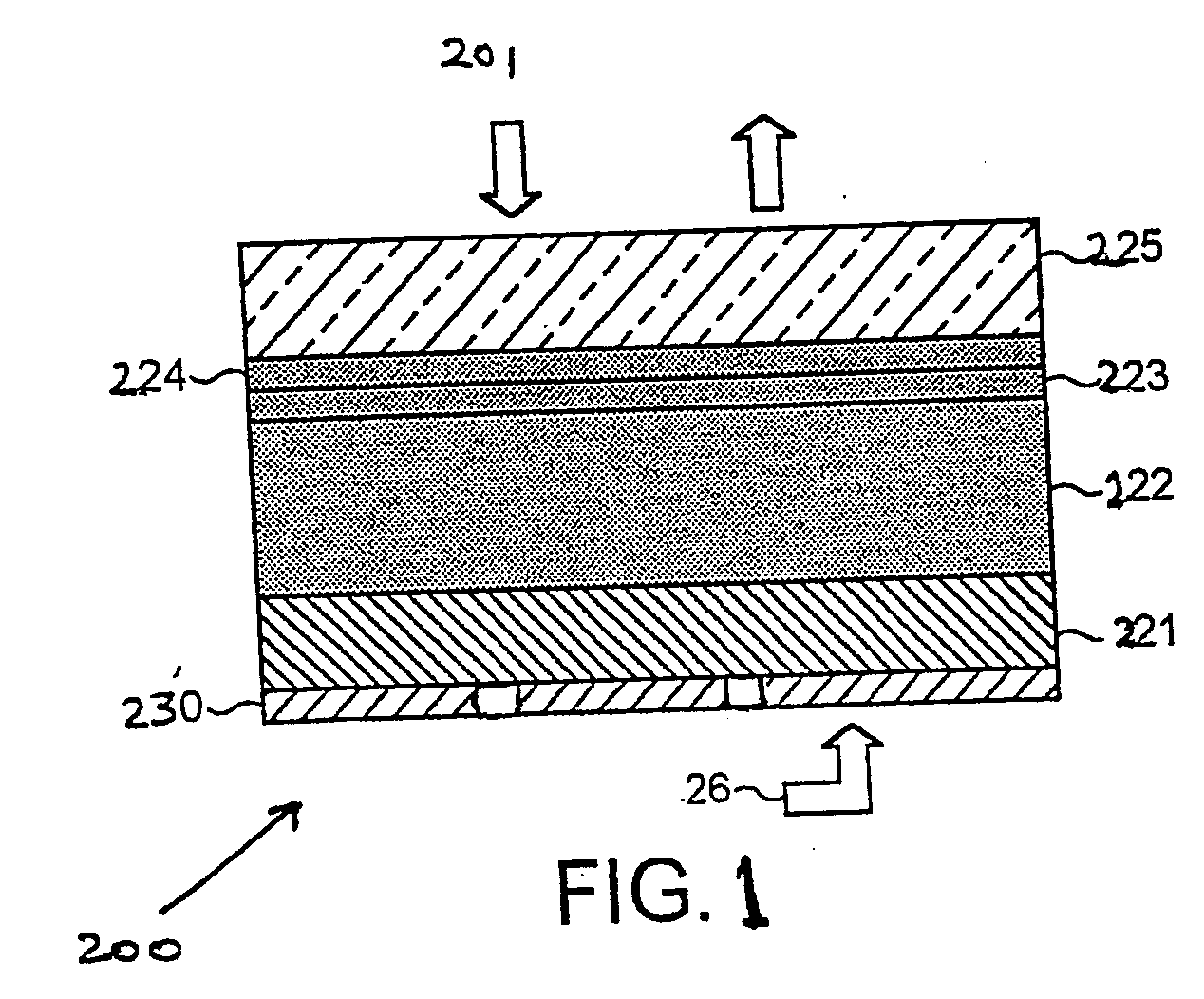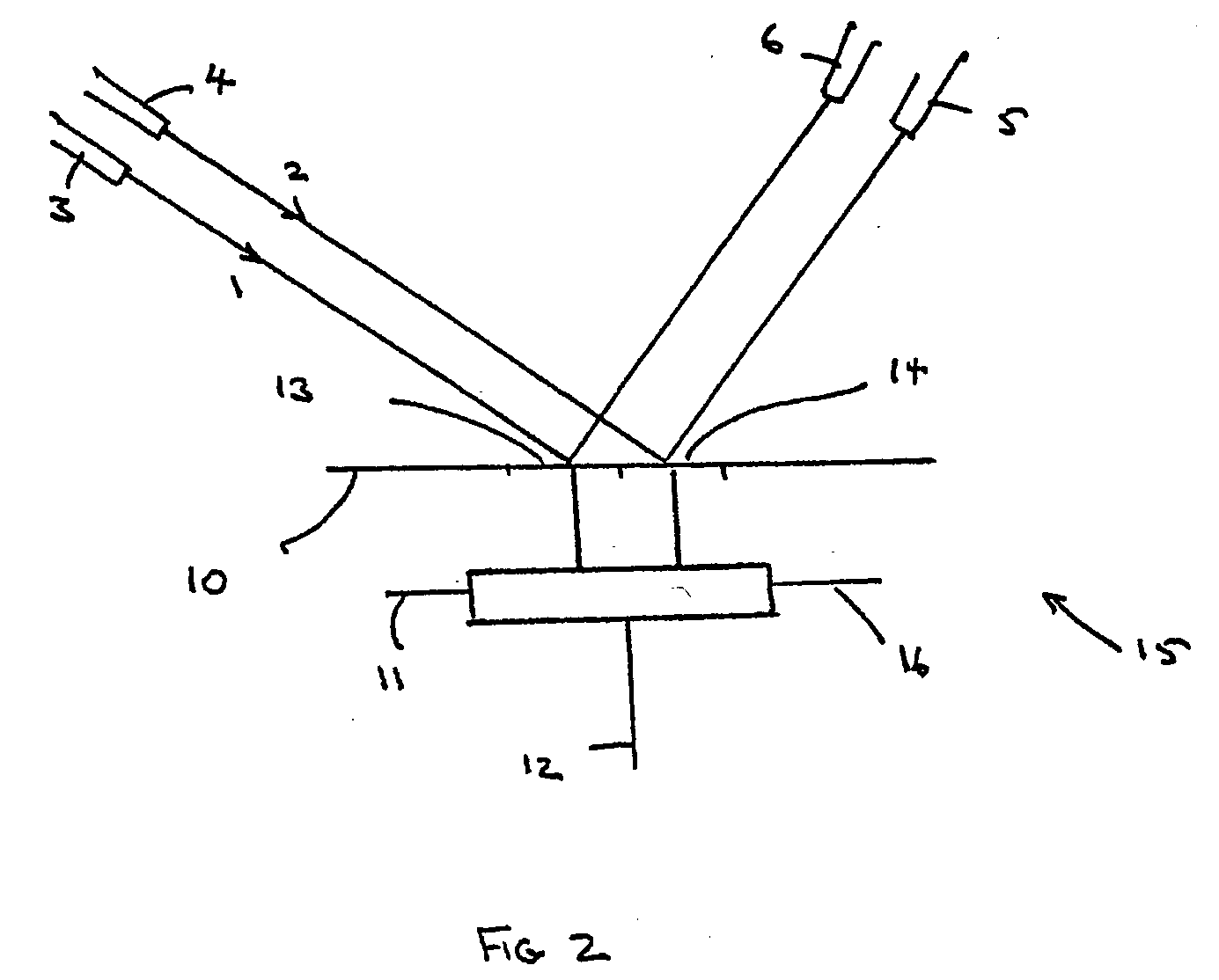Patents
Literature
895 results about "Optical processing" patented technology
Efficacy Topic
Property
Owner
Technical Advancement
Application Domain
Technology Topic
Technology Field Word
Patent Country/Region
Patent Type
Patent Status
Application Year
Inventor
Light emitting diode based products
Various exemplary implementations of light emitting diode (LED) based illumination products and methods are disclosed including, but not limited to, glow sticks, key chains, toys, balls, various game accessories, light bulbs, night lights, wall lights, wall switches, wall sockets, wall panels, modular lights, flexible lights, automotive lights, wearable accessories, light ropes, decorative lights such as icicles and icicle strings, light tubes, insect control lights and methods, and lighted air fresheners / scent dispensers. Any of the foregoing devices may be equipped with various types of user interfaces (both “local” and “remote”) to control light generated from the device. Additionally, devices may be controlled via light control information or programs stored in device memory and / or transmitted or downloaded to the devices (e.g., devices may be controlled individually or collectively in groups via a network, glow sticks or other products may be downloaded with programming information that is stored in memory, etc.). Devices also may include sensors so that the generated light may change in response to various operating and / or environmental conditions or a user input. Various optical processing devices which may be used with any of the devices (e.g., reflectors, diffusers, etc.) also are disclosed.
Owner:PHILIPS LIGHTING NORTH AMERICA CORPORATION
Light emitting diode based products
Various exemplary implementations of light emitting diode (LED) based illumination products and methods are disclosed including, but not limited to, glow sticks, key chains, toys, balls, various game accessories, light bulbs, night lights, wall lights, wall switches, wall sockets, wall panels, modular lights, flexible lights, automotive lights, wearable accessories, light ropes, decorative lights such as icicles and icicle strings, light tubes, insect control lights and methods, and lighted air fresheners / scent dispensers. Any of the foregoing devices may be equipped with various types of user interfaces (both “local” and “remote”) to control light generated from the device. Additionally, devices may be controlled via light control information or programs stored in device memory and / or transmitted or downloaded to the devices (e.g., devices may be controlled individually or collectively in groups via a network, glow sticks or other products may be downloaded with programming information that is stored in memory, etc.). Devices also may include sensors so that the generated light may change in response to various operating and / or environmental conditions or a user input. Various optical processing devices which may be used with any of the devices (e.g., reflectors, diffusers, etc.) also are disclosed.
Owner:PHILIPS LIGHTING NORTH AMERICA CORPORATION
Catheter-based off-axis optical coherence tomography imaging system
Catheter-based Optical Coherence Tomography (OCT) systems utilizing an optical fiber that is positioned off-axis of the central longitudinal axis of the catheter have many advantage over catheter-based OCT systems, particularly those having centrally-positioned optical fibers or fibers that rotate independently of the elongate body of the catheter. An OCT system having an off-axis optical fiber for visualizing the inside of a body lumen may be rotated with the body of the elongate catheter, relative to a handle portion. The handle may include a fiber management pathway for the optical fiber that permits the off-axis optical fiber to rotate with the catheter body relative to the handle. The system may also include optical processing elements adapted to prepare and process the OCT image collected by the off-axis catheter systems described herein.
Owner:AVINGER
Data storage system having an optical processing flying head
InactiveUS6781927B1Low costOptical flying-type headsOptical beam sourcesDigital dataData information
An optical data storage and retrieval system uses a flying head. The flying head is supported on a moving media having information stored in a plurality of stored data locations thereon. Information is stored in each of the plurality of media locations as physical structures capable of modulating the polarization state of incident light into one of two output polarization states. The flying head includes an optical processing assembly which directs an incident light beam having a source polarization state onto the moving media, accessing successive data locations. A reflected light beam having the source polarization state of the incident light beam modulated by a respective polarization modifying data location into one of the output polarization states is received by the flying head. The optical processing assembly optically transforms the modulated output polarization state of the reflected light beam into two return light beams having differentially modulated intensity related to the output polarization state of the reflected light beam. The two intensity modulated return light beams are optically coupled to a distal differential detector which outputs digital data representing the stored data information for the subject data location. A preferred embodiment includes optical fibers for coupling the incident and return light beams between the detector and the flying head. The optical assembly of a preferred embodiment includes an optical plate having pre-shaped and dimensioned recesses for automatically locating and aligning multiple optical components comprising the assembly. The flying head may also include a servo-controlled micro machined mirror for directing the incident and reflected light beams to and from the media.
Owner:WESTERN DIGITAL (FREMONT LLC)
Head-mounted display device and optical unit
InactiveUS20150198807A1Precise alignmentImpairing compactnessCathode-ray tube indicatorsOptical elementsOptical processingSignaling process
Provided is a head-mounted display apparatus including a display panel portion including a display panel configured to display an image, an ocular optical portion having a lens integrally formed with an attaching part to which the display panel portion is attached, and configured to perform optical processing for a video displayed by the display panel, a video signal processing portion configured to process a video signal, and a display controlling portion configured to drive the display panel based on the video signal processed at the video signal processing portion.
Owner:SONY CORP
Light-emitting device
InactiveUS7331689B2Large throughputReduce heat dissipationPlanar light sourcesLighting support devicesOptical processingLight emission
A light emitting device is disclosed, in which a body is provided with a first joining portion, light-emitting elements located at a side of the body having the first joining portion for emitting light and an optical processing element disposed at a side of the light-emitting elements having a second joining portion corresponding to the first joining portion for processing light emitted from each light-emitting element, such that even light emission is obtained.
Owner:GRAND HALO TECH
Three dimensional engineering of planar optical structures
InactiveUS6952504B2High average index-of-refractionActive medium materialActive medium shape and constructionOptical processingOptical materials
Three dimensional optical structures are described that can have various integrations between optical devices within and between layers of the optical structure. Optical turning elements can provide optical pathways between layers of optical devices. Methods are described that provide for great versatility on contouring optical materials throughout the optical structure. Various new optical devices are enabled by the improved optical processing approaches.
Owner:NANOGRAM
Optical data processing device, optical data processing system, optical data processing method, and optical data processing program
ActiveUS20150206023A1Easy to understandEasy to distinguishImage analysisGeometric image transformationObject basedPoint cloud
A processing for specifying a correspondence relationship of feature points between two sets of optical data can be highly precise and efficiently carried out. The correspondence relationship of the perpendicular edges is obtained based on the assumption that the object is a building, in the processing for integrating the three-dimensional model obtained from the point cloud position data and the three-dimensional model obtained from the stereophotographic image. In this case, one perpendicular edge is defined by the relative position relationship with the other perpendicular edge, and the correspondence relationship is high-precisely and rapidly searched.
Owner:KK TOPCON
Guidewires and Delivery Catheters Having Fiber Optic Sensing Components and Related Systems and Methods
ActiveUS20090227952A1Reduce deliveryUltrasonic/sonic/infrasonic diagnosticsDiagnostics using spectroscopyFiberOptical processing
Methods, systems and devices for delivering a diagnostic or therapeutic treatment, substance or device to a target area located within the body of a human or animal subject. A tissue penetrating catheter is positioned within a body lumen near the target area. A hollow penetrator is then advanced from the tissue penetrating catheter and penetrated from the body lumen in which the penetrating catheter is positioned into tissue in the direction of the target area. Thereafter, an elongate optical device (e.g., an optically equipped guidewire or catheter) is advanced through the hollow penetrator and continues to advance through tissue, in the direction of the target area. The elongate optical device is connected to an optical processing device (e.g., a spectrometer) which provides optically determined data (e.g., spectral reflectance, pH, oxygen concentration, temperature) indicating when the elongate optical device has entered the target area. The elongate optical device is then used to facilitate delivery of a diagnostic or therapeutic modality, substance or device into the target area.
Owner:MEDTRONIC VASCULAR INC
Optical devices with fluidic systems
Fluidic systems, including microfluidic systems, are used to manipulate light by light-fluid interaction so as to affect reflection, refraction, absorption, optical filtering, or scattering of the beam. One or more fluids may be provided to a channel or chamber and exposed to an incident beam, and the proportion of at least one of a plurality of fluids may be varied. Light may interact with a discrete fluid plug subject to movement within a channel. One or more flexible members may be employed, such as to provide a variable lens. Fluidic optical devices may be used in applications including optical switching, optical filtering, or optical processing. Multiplexed fluidic optical systems are further provided.
Owner:AGILENT TECH INC
Correlation of concurrent non-invasively acquired signals
A non-invasive imaging and analysis system suitable for measuring attributes of a target, such as the blood glucose concentration of tissue, includes an optical processing system which provides a probe and reference beam. It also includes a means that applies the probe beam to the target to be analyzed, combines the probe and reference beams interferometrically, detects concurrent interferometric signals and correlates the detected signals with previously stored electronic data to determine the attribute of the target.
Owner:COMPACT IMAGING
Conversion of solid state source output to virtual source
InactiveUS20070138978A1Optical radiation measurementLight source combinationsDownstream processingOptical processing
A light fixture converts source light from one or more solid state light emitting elements to a virtual light source output. An optical element receives and diffuses light from the solid state emitters to form a processed light for the virtual source output. The optical element forms light that is relatively uniform, for example having a substantially Lambertian distribution and / or having a maximum-to-minimum intensity ratio of 2 to 1 or less over the optical area of the virtual source. In the examples, the diffuse optical processing element comprises a cavity having at least one diffusely reflective surface, and the emitting elements supply light into the cavity at locations that result in reflection and diffusion before emission through an aperture of the cavity. The aperture or a downstream processing element appears as the virtual source of the processed light from the cavity.
Owner:ADVANCED OPTICAL TECH
Optical devices with fluidic systems
Fluidic systems, including microfluidic systems, are used to manipulate light by light-fluid interaction so as to affect reflection, refraction, absorption, optical filtering, or scattering of the beam. One or more fluids may be provided to a channel or chamber and exposed to an incident beam, and the proportion of at least one of a plurality of fluids may be varied. Light may interact with a discrete fluid plug subject to movement within a channel. One or more flexible members may be employed, such as to provide a variable lens. Fluidic optical devices may be used in applications including optical switching, optical filtering, or optical processing. Multiplexed fluidic optical systems are further provided.
Owner:AGILENT TECH INC
Display unit and display device
ActiveCN105868742AIncrease light energy differenceAccurate fingerprint recognition effectPrint image acquisitionOptical processingLight energy
The invention belongs to the technical field of display and particularly relates to a display unit and a display device. The display unit comprises a display panel and a backlight, wherein the display panel is divided into a display area and a non-display area and is provided with a graphic acquiring component and an optical processing unit in the display area, the optical processing unit comprises curved lenses capable of converging light, the curved lenses are used for performing converging processing on light, which transmits through the display panel, is shielded by a display side of the display panel and is reflected back, of the backlight, and the processed light is emitted to the graphic acquiring component. The display unit realizes optical type fingerprint recognition on the basis of the display panel, the curved lenses are arranged to converge the light, a light energy difference between valleys and ridges of a fingerprint is increased, and a more accurate fingerprint recognition effect is realized.
Owner:BOE TECH GRP CO LTD +1
Optical processing apparatus and light source luminance adjustment method thereof
ActiveUS20170139489A1Easy to optimizeOptimal and preferable image qualityInput/output for user-computer interactionImage enhancementOptical processingLight beam
An optical processing apparatus and a light source luminance adjustment method adapted to detect a rotational displacement and a pressing state are provided. The optical processing apparatus includes a light source unit, a processing unit, and an image sensing unit, wherein the processing unit is electrically connected to the light source unit and the image sensing unit. The light source unit provides a beam of light. The processing unit defines a frame rate, defines a plurality of time instants within a time interval, and sets the light source unit to a luminance value at each of the time instants. A length of the time interval is shorter than the reciprocal of the frame rate. The luminance values are different and are within a range. The image sensing unit captures an image by an exposure time length at each of the time instants, wherein the exposure time lengths are the same.
Owner:PIXART IMAGING INC
Guidewires and delivery catheters having fiber optic sensing components and related systems and methods
ActiveUS8016814B2Reduce deliveryUltrasonic/sonic/infrasonic diagnosticsDiagnostics using spectroscopyFiberOptical processing
Methods, systems and devices for delivering a diagnostic or therapeutic treatment, substance or device to a target area located within the body of a human or animal subject. A tissue penetrating catheter is positioned within a body lumen near the target area. A hollow penetrator is then advanced from the tissue penetrating catheter and penetrated from the body lumen in which the penetrating catheter is positioned into tissue in the direction of the target area. Thereafter, an elongate optical device (e.g., an optically equipped guidewire or catheter) is advanced through the hollow penetrator and continues to advance through tissue, in the direction of the target area. The elongate optical device is connected to an optical processing device (e.g., a spectrometer) which provides optically determined data (e.g., spectral reflectance, pH, oxygen concentration, temperature) indicating when the elongate optical device has entered the target area. The elongate optical device is then used to facilitate delivery of a diagnostic or therapeutic modality, substance or device into the target area.
Owner:MEDTRONIC VASCULAR INC
Sheet material double face precise forming method and apparatus based on laser blast wave effect
InactiveCN101249588AImprove surface propertiesPrecise workpiece contourLaser beam welding apparatusEnergy absorptionOptical processing
The invention relates to the field of laser processing manufacture, in particular to a laser shock precision forming method and a device. The device comprises a laser, an outer light path system, a laser shock head system A, a flying optical processing system with a laser shock head system B, a test sample system, a detection feedback system, a multi-axis link machine tool and a tool fixture system, a central control processor and a control system. A laser beam emitted by the laser is split by the outer light path system and are respectively transmitted to the front and the rear surfaces of a workpiece to subject the front and the rear surfaces of the double-sided workpiece with an energy absorption layer and a confinement layer to laser-induced shock wave. According to the requirements of the shape and the formation rule of a plate material, the double-sided laser shock head can execute simultaneous and non-simultaneous shock, counter shock, staggered shock, shocks with same and different energy, etc., so that the plate material is formed by generating a certain plastic deformation and a stress field distribution and that a certain residual stress is formed on the surface of the plate material. The method can achieve accurate quantitative formation, good repeatability and high forming efficiency, and can easily achieve automatic production.
Owner:JIANGSU UNIV
Picosecond laser machining apparatus for processing nozzle micropore
InactiveCN101502914AReduce thermal effectsImprove processing efficiencyLaser beam welding apparatusProcessing accuracyOptical processing
The invention provides a picosecond laser processing device for fuel nozzle microporous processing, which consists of a picosecond laser, a calibrating system and helical optical processing system. An output terminal of the picosecond laser is provided with a first reflecting mirror and the first reflecting mirror is connected with a second reflecting mirror; an output terminal of the second reflecting mirror is provided with an optical gate and an output terminal of the optical gate is connected with a beam extending lens; an output terminal of the beam extending lens is connected with a third reflecting mirror which is connected with the helical optical processing system through the calibrating system. The device is applicable to the fuel nozzle microporous processing and has the advantages of small thermal effect produced in the processing, smooth nozzle edge, no burr on the internal wall and high processing efficiency and accuracy; the diameter of the nozzle can be adjusted and the minimum is up to 60 um; the shape can be ensured to be cylindrical and the diameter depth ratio is up to 1:20, thus greatly increasing the processing accuracy and quality of the nozzle.
Owner:SUZHOU DELPHI LASER
Measurement mechanism of lens focal length, measurement method and thereof and optical quality evaluation method
InactiveCN101140196APrecision Measuring Focal LengthPrecise measurement of depth of focusTesting optical propertiesMeasurement deviceLong-focus lens
The invention relates to a device and a method for measuring lens focal length as well as a method for evaluating optical quality, wherein the device for measuring the lens focal length is composed of a plane mirror, a lens to be measured, a point light source, a vertical incision, a one-dimensional precise flat movable guide rail, a laser distance measuring instrument, a CCD detector and a display, and the method for measuring the lens focal length is as follows: (1) adjusting the autocollimation of the point light source and the lens to be measured; (2) adjusting the plane mirror to make the transflective convergent beam enter the CCD detector; (3) measuring the focal depth of the lens to be measured; (4) measuring the distance L from the point light source to the geometric main plane of the lens to be measured; (5) calculating the focal length f = L + d of the lens to be measured, and the d is the distance between the geometric main plane of the lens and the optical main plane. The optical processing quality of the lens to be measured is qualitatively evaluated through the observation of shape of the far-field focal spot. The device and the method are applied to the measurement and evaluation of the small-bore short-focus and large-bore long-focus lens, and have the advantages of the intuitionism, the high measuring precision and the simple mechanism.
Owner:SHANGHAI INST OF OPTICS & FINE MECHANICS CHINESE ACAD OF SCI
Optical pyrometric catheter for tissue temperature monitoring during cardiac ablation
A system for opto-pyrometric tissue temperature monitoring in real time. The system is adapted for cardiac ablation and tissue temperature measurement, having a catheter having a tip electrode adapted for RF ablation of cardiac tissue and an optical collector whose distal end is received in an opening formed in the tip electrode to detect black body radiation from the cardiac tissue. The system includes an optical detection system in communication with the optical collector, the optical processing system processing signals representative of a wavelength of at least a portion of the black body radiation to determine a tissue temperature. The incorporation of an optical collector within a catheter tip permits real time monitoring of tissue temperature during ablation and lesion formation to prevent critical thresholds in temperature associated with events that can damage tissue, including steam pop, thrombus, char, etc.
Owner:BIOSENSE WEBSTER INC
Indicating light display having several light sources
InactiveUS6170971B1Small sizeReduce in quantityNon-electric lightingPoint-like light sourceOptical processingDisplay device
An indicating light display for a motor vehicle, and in particular a raised stop light in the form of a strip which contains a plurality of light sources, also includes optical processing means for redirecting the light received from the light sources so that it will be propagated in the general emission direction. The display thus consists of a series of light cells, each defining a transition zone between each cell and the next. The optical processing means include, in association with each light source, a first element for distributing the light, in a plane at right angles to the general emission direction, on a second element in the form of an optical plate. This optical plate is divided into zones each associated with one of the cells and formed with projecting striations. Each transition between a zone and the next zone is formed with a transition striation which receive light from both of the two adjacent light sources and redirects this towards the general emission direction.
Owner:VALEO VISION SA
Atmospheric plasma chemical processing method of WC and SiC optical molding molds
ActiveCN101659568AIncreased durabilityEfficient removalGlass pressing apparatusPlasma jetChemical reaction
The invention relates to an atmospheric plasma chemical processing method of WC and SiC optical molding molds, which belongs to the atmospheric plasma chemical processing methods of the optical molding molds. The atmospheric plasma chemical processing method can solve the problems that the grinding and polishing technology which is used for processing after processing and forming of the optical molding molds made of SiC and WC materials has the disadvantages of low processing efficiency, poor surface quality, damage of a sub-surface layer and short service life of the molds. The method comprises the steps of: introducing a mixture of plasma gas, reaction gas and oxygen into space between a cathode and an anode of a plasma generator, imposing radio frequency power signals on the cathode andthe anode, producing the plasma discharge between the two electrodes, then placing the surface to be processed of the WC or SiC optical molding mold in a plasma jet region for carrying out chemical reaction and realizing the optical surface processing of the optical molding molds made of the SiC and WC materials. The method is used for carrying out the optical processing on the surfaces of the WCand SiC optical molding molds.
Owner:HARBIN INST OF TECH
Non-invasive analysis system
A non-invasive analysis system suitable for measuring blood glucose concentration includes a broadband set of coherent beams, with relatively low divergence angle, optical source. It further includes an optical processing system which provides a probe and a reference beam, applies the probe beam to the target to be analyzed, recombines the beams interferometrically and varies the relative phase relationships of the two beams. It further includes control and processing systems.
Owner:COMPACT IMAGING
Real-time contemporaneous multimodal imaging and spectroscopy uses thereof
The present invention comprises an optical apparatus, methods and uses for real-time (video-rate) multimodal imaging, for example, contemporaneous measurement of white light reflectance, native tissue autofluorescence and near infrared images with an endoscope. These principles may be applied to various optical apparati such as microscopes, endoscopes, telescopes, cameras etc. to view or analyze the interaction of light with objects such as planets, plants, rocks, animals, cells, tissue, proteins, DNA, semiconductors, etc. Multi-band spectral images may provide morphological data such as surface structure of lung tissue whereas chemical make-up, sub-structure and other object characteristics may be deduced from spectral signals related to reflectance or light radiated (emitted) from the object such as luminescence or fluorescence, indicating endogenous chemicals or exogenous substances such as dyes employed to enhance visualization, drugs, therapeutics or other agents. Accordingly, one embodiment of the present invention discusses simultaneous white light reflectance and fluorescence imaging. Another embodiment describes the addition of another reflectance imaging modality (in the near-IR spectrum). Input (illumination) spectrum, optical modulation, optical processing, object interaction, output spectrum, detector configurations, synchronization, image processing and display are discussed for various applications.
Owner:PERCEPTRONIX MEDICAL +1
Optical Pyrometric Catheter for Tissue Temperature Monitoring During Cardiac Ablation
InactiveUS20090005771A1Avoid temperatureCatheterDiagnostic recording/measuringRf ablationDamages tissue
A system for opto-pyrometric tissue temperature monitoring in real time. The system is adapted for cardiac ablation and tissue temperature measurement, having a catheter having a tip electrode adapted for RF ablation of cardiac tissue and an optical collector whose distal end is received in an opening formed in the tip electrode to detect black body radiation from the cardiac tissue. The system includes an optical detection system in communication with the optical collector, the optical processing system processing signals representative of a wavelength of at least a portion of the black body radiation to determine a tissue temperature. The incorporation of an optical collector within a catheter tip permits real time monitoring of tissue temperature during ablation and lesion formation to prevent critical thresholds in temperature associated with events that can damage tissue, including steam pop, thrombus, char, etc.
Owner:BIOSENSE WEBSTER INC
Multiple reference non-invasive analysis system
A non-invasive imaging and analysis system suitable for measuring concentrations of specific components, such as blood glucose concentration and suitable for non-invasive analysis of defects or malignant aspects of targets such as cancer in skin or human tissue, includes an optical processing system which generates a probe and composite reference beam. The system also includes a means that applies the probe beam to the target to be analyzed and modulates at least some of the components of the composite reference beam such that signals with different frequency content are generated. The system combines a scattered portion of the probe beam and the composite beam interferometrically to simultaneously acquire information from multiple depths within a target. It further includes electronic control and processing systems.
Owner:COMPACT IMAGING
Optical processing
InactiveUS7145710B2Guaranteed uptimeReduce impactMultiplex system selection arrangementsTime-division optical multiplex systemsOptical processingControl data
To operate an optical device comprising an SLM with a two-dimensional array of controllable phase-modulating elements groups of individual phase-modulating elements are delineated, and control data selected from a store for each delineated group of phase-modulating elements. The selected control data are used to generate holograms at each group and one or both of the delineation of the groups and the selection of control data is / are varied. In this way upon illumination of the groups by light beams, light beams emergent from the groups are controllable independently of each other.
Owner:THOMAS SWAN & CO LTD
Water-based magneto-rheological polishing liquid for optical processing and preparation method thereof
InactiveCN101250380ALow magnetic field viscositySuitable for recyclingMagnetic liquidsPolishing compositions with abrasivesWater basedIron powder
The invention relates to a water-based magnetorheological polishing solution for optical manufacture, which is formed by the following volume components, water-based remixed carrier liquid 25%-75% and additive component 25%-75%, wherein the additive component is dispensed by the following volume percentage, carbonyl iron powder 80%-90%, nanometer iron powder 4%-10% and polishing powder 4%-10%, the water-based remixed carrier liquid which is measured according to volume percentage comprises deionized water 85%-90%, dispersing agent 3%-5%, wetting agent 2%-5% and thixotropic agent 3%-5%, the method for preparing comprises the following steps: mixing deionized water and thixotropic agent, stirring in indoor temperature for 1-2 hours, and adding dispersing agent, stirring in indoor temperature for 0.5-1 hour, and then adding wetting agent, stirring in indoor temperature for 0.5-1 hour, getting water-based remixed carrier liquid, mixing additive component and water-based remixed carrier liquid, adding into a ball-milling tank, adding into a steel ball according to mass ratio which is 1:10, grinding for 3-5 hours in the speed which is 20-30r / m, separating out a steel ball, and getting products. The polishing solution of the invention has the advantages of excellent stability, high rheological property, excellent oxidation resistance property and simple and environmental-friendly preparation technology.
Owner:NAT UNIV OF DEFENSE TECH
Data storage system having an optical processing flying head
An optical data storage and retrieval system uses a flying head. The flying head is supported on a moving media having information stored in a plurality of stored data locations thereon. Information is stored in each of the plurality of media locations as physical structures capable of modulating the polarization state of incident light into one of two output polarization states. The flying head includes an optical processing assembly which directs an incident light beam having a source polarization state onto the moving media, accessing successive data locations. A reflected light beam having the source polarization state of the incident light beam modulated by a respective polarization modifying data location into one of the output polarization states is received by the flying head. The optical processing assembly optically transforms the modulated output polarization state of the reflected light beam into two return light beams having differentially modulated intensity related to the output polarization state of the reflected light beam. The two intensity modulated return light beams are optically coupled to a distal differential detector which outputs digital data representing the stored data information for the subject data location. A preferred embodiment includes optical fibers for coupling the incident and return light beams between the detector and the flying head. The optical assembly of a preferred embodiment includes an optical plate having pre-shaped and dimensioned recesses for automatically locating and aligning multiple optical components comprising the assembly. The flying head may also include a servo-controlled micro machined mirror for directing the incident and reflected light beams to and from the media.
Owner:SEAGATE TECH LLC
Optical processing
InactiveUS20050018259A1Accurate stepReduce errorsMultiplex system selection arrangementsTime-division optical multiplex systemsOptical processingLight beam
To operate an optical device comprising an SLM with a two-dimensional array of controllable phase-modulating elements groups of individual phase-modulating elements are delineated, and control data selected from a store for each delineated group of phase-modulating elements. The selected control data are used to generate holograms at each group and one or both of the delineation of the groups and the selection of control data is / are varied. In this way upon illumination of the groups by light beams, light beams emergent from the groups are controllable independently of each other.
Owner:THOMAS SWAN & CO LTD
Features
- R&D
- Intellectual Property
- Life Sciences
- Materials
- Tech Scout
Why Patsnap Eureka
- Unparalleled Data Quality
- Higher Quality Content
- 60% Fewer Hallucinations
Social media
Patsnap Eureka Blog
Learn More Browse by: Latest US Patents, China's latest patents, Technical Efficacy Thesaurus, Application Domain, Technology Topic, Popular Technical Reports.
© 2025 PatSnap. All rights reserved.Legal|Privacy policy|Modern Slavery Act Transparency Statement|Sitemap|About US| Contact US: help@patsnap.com
